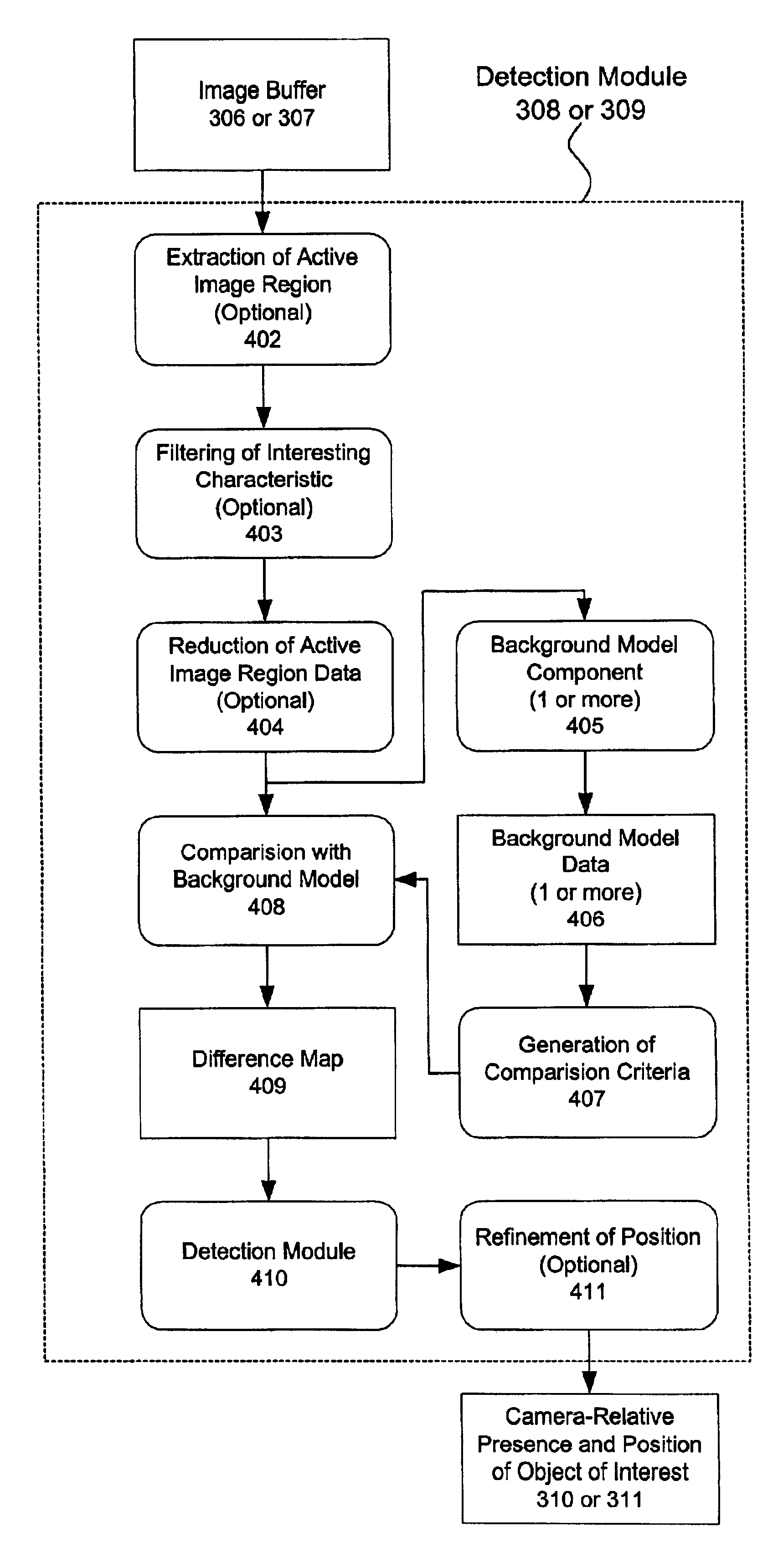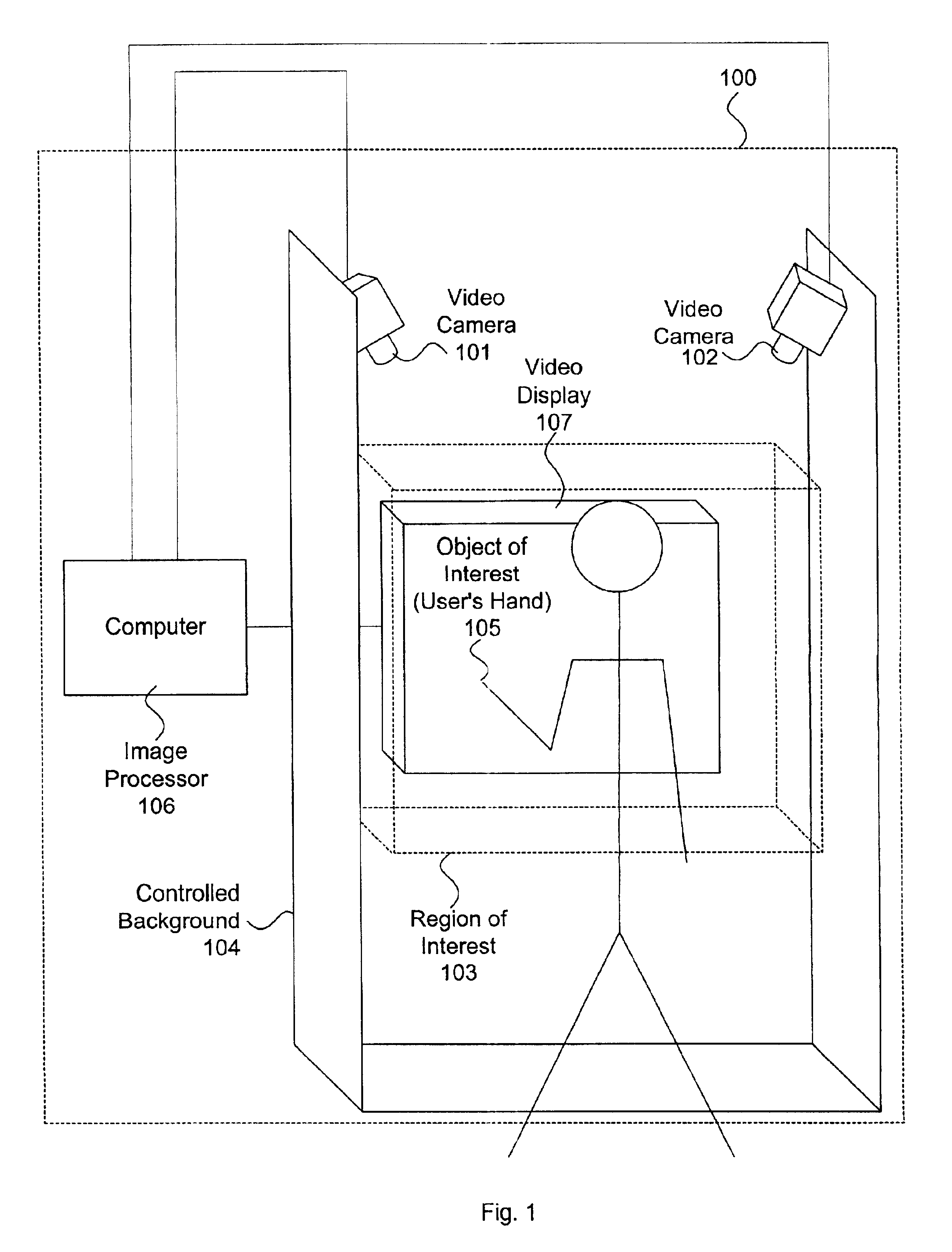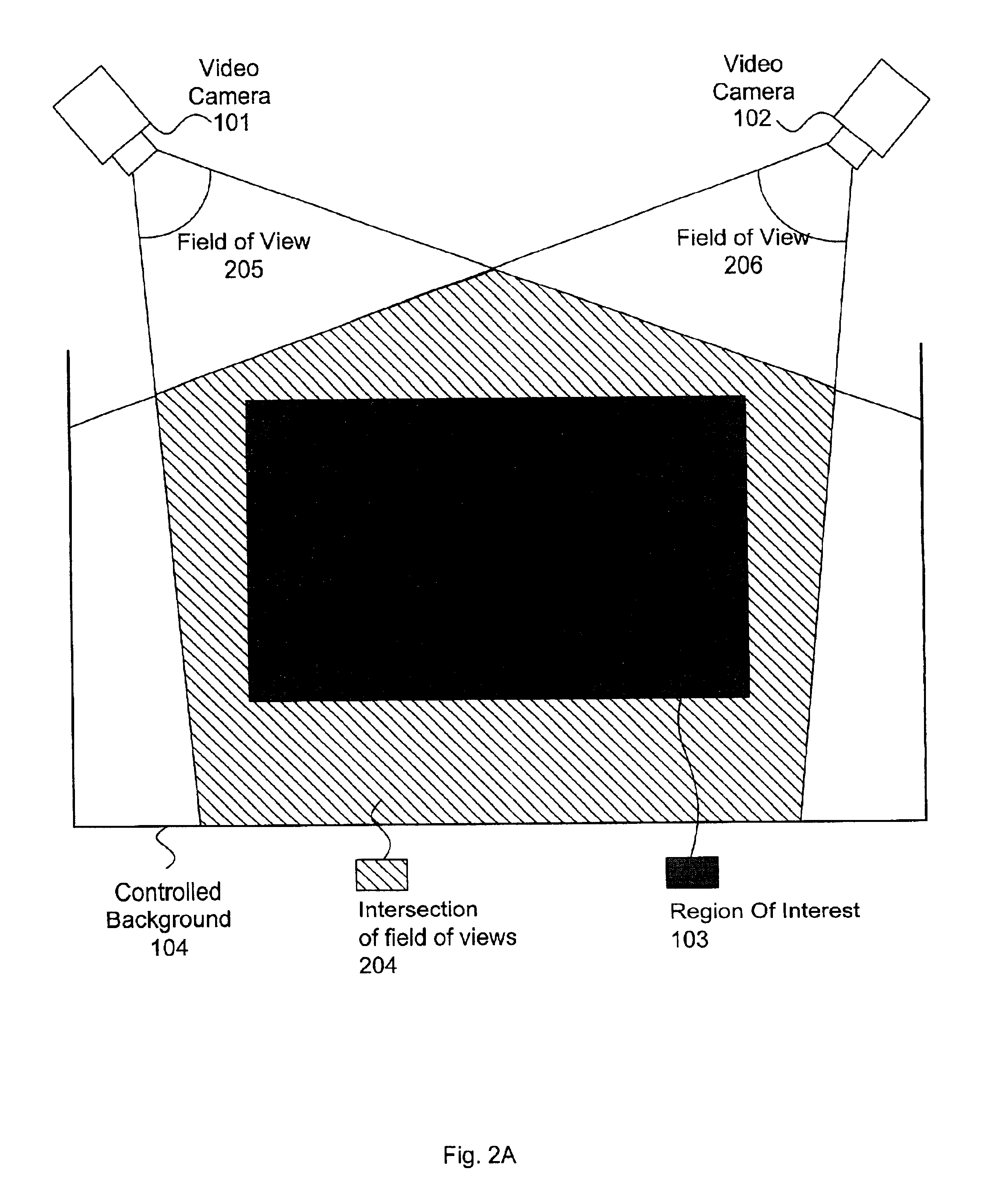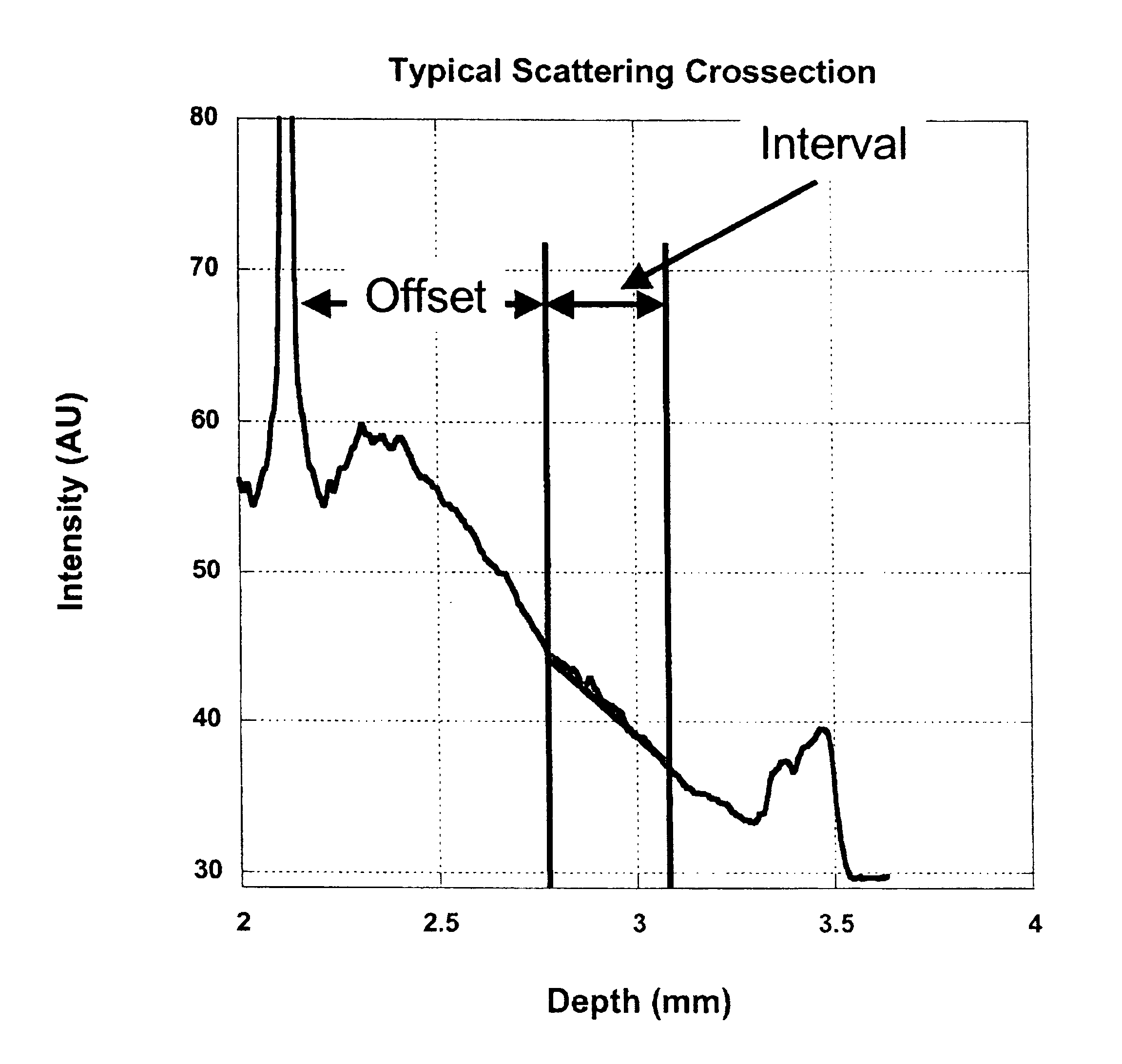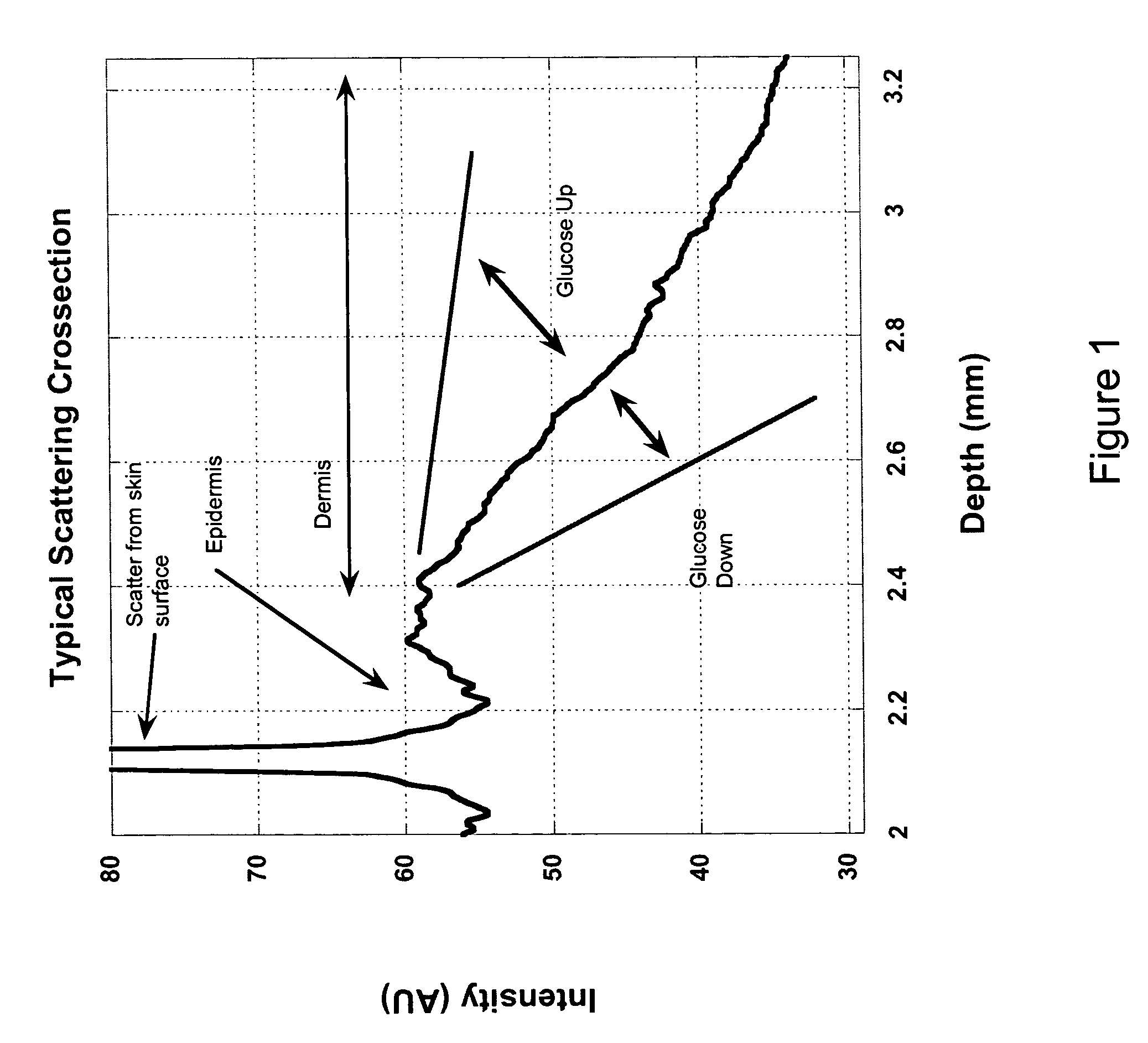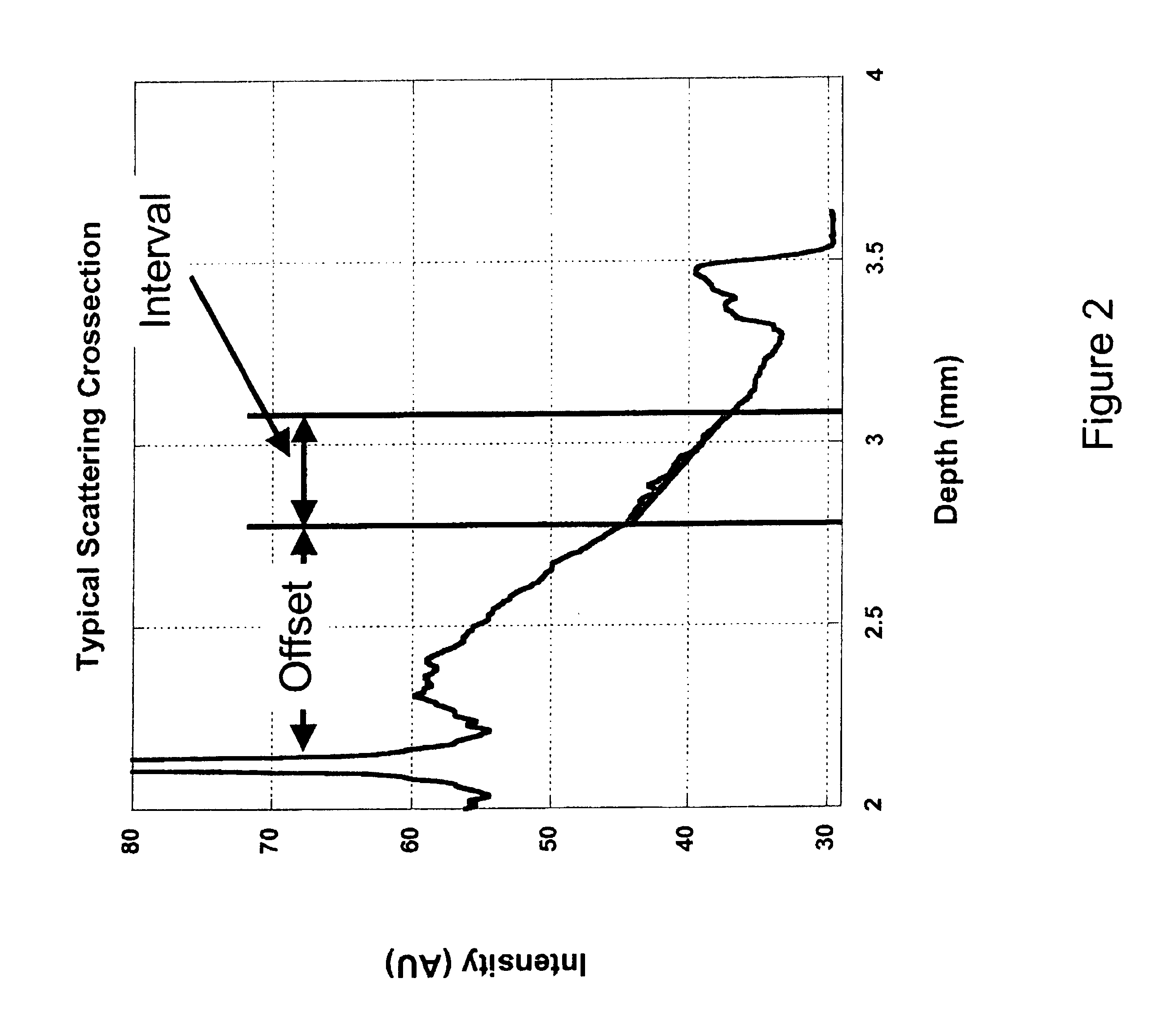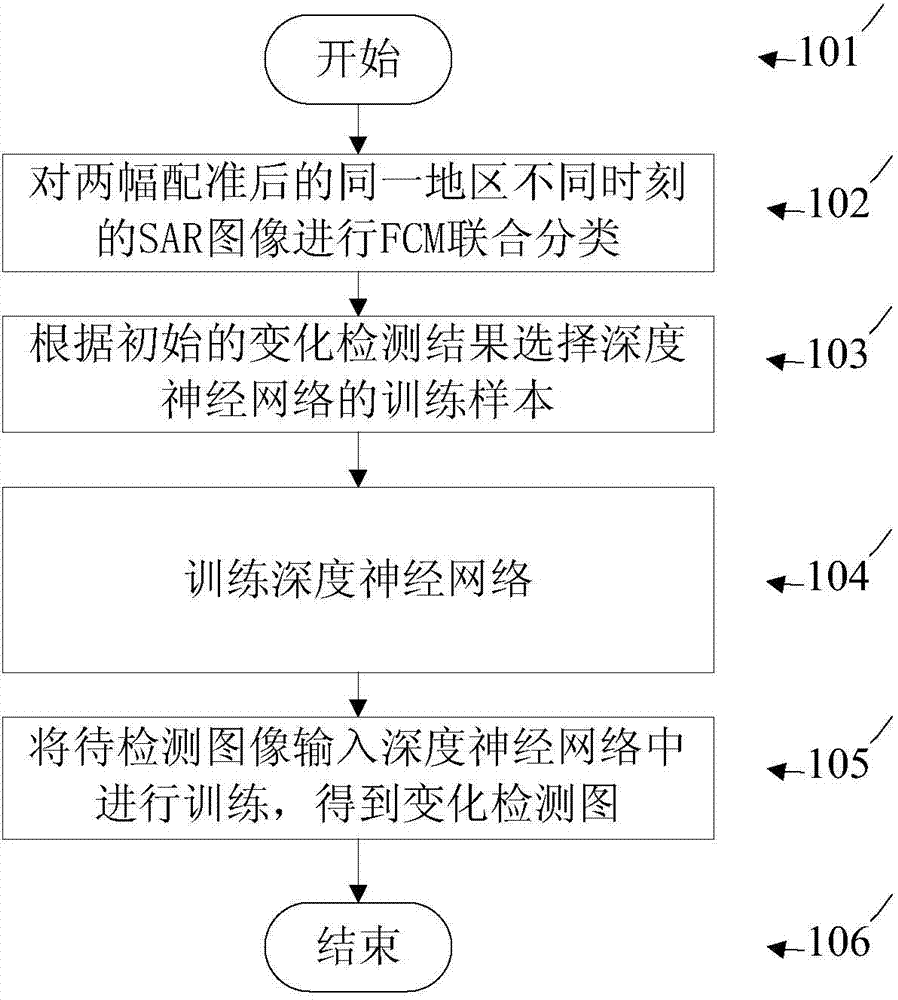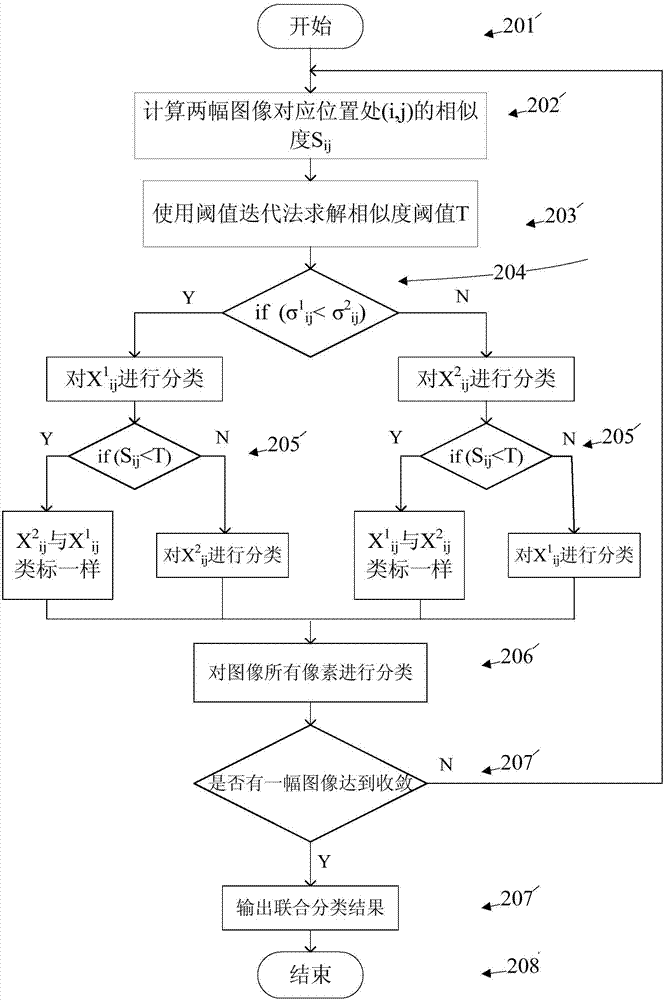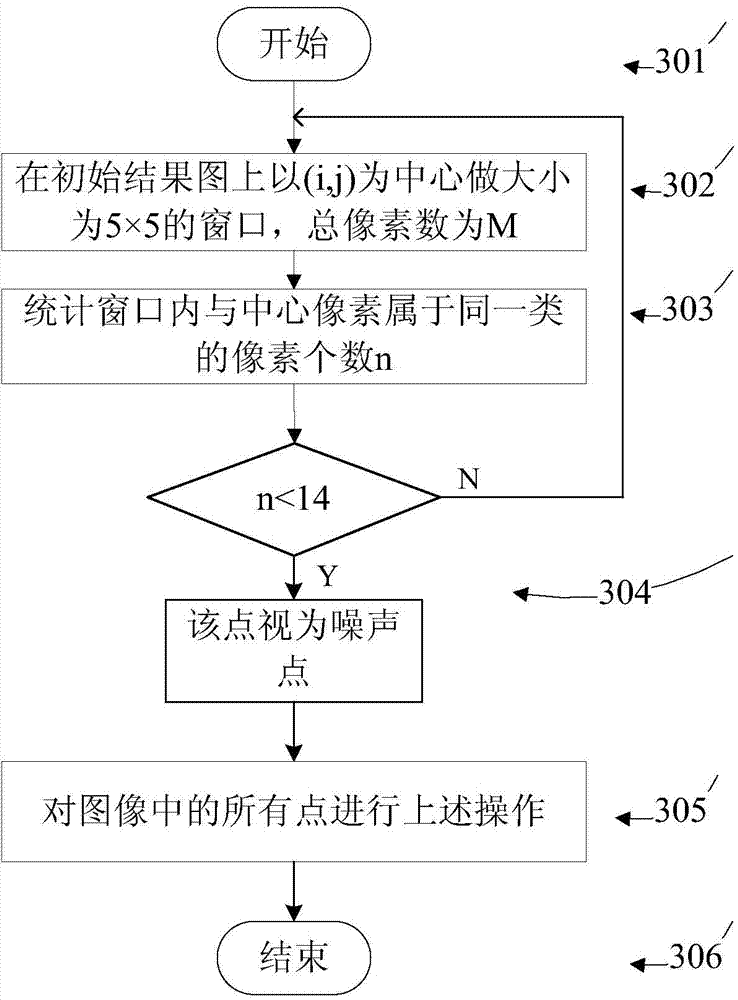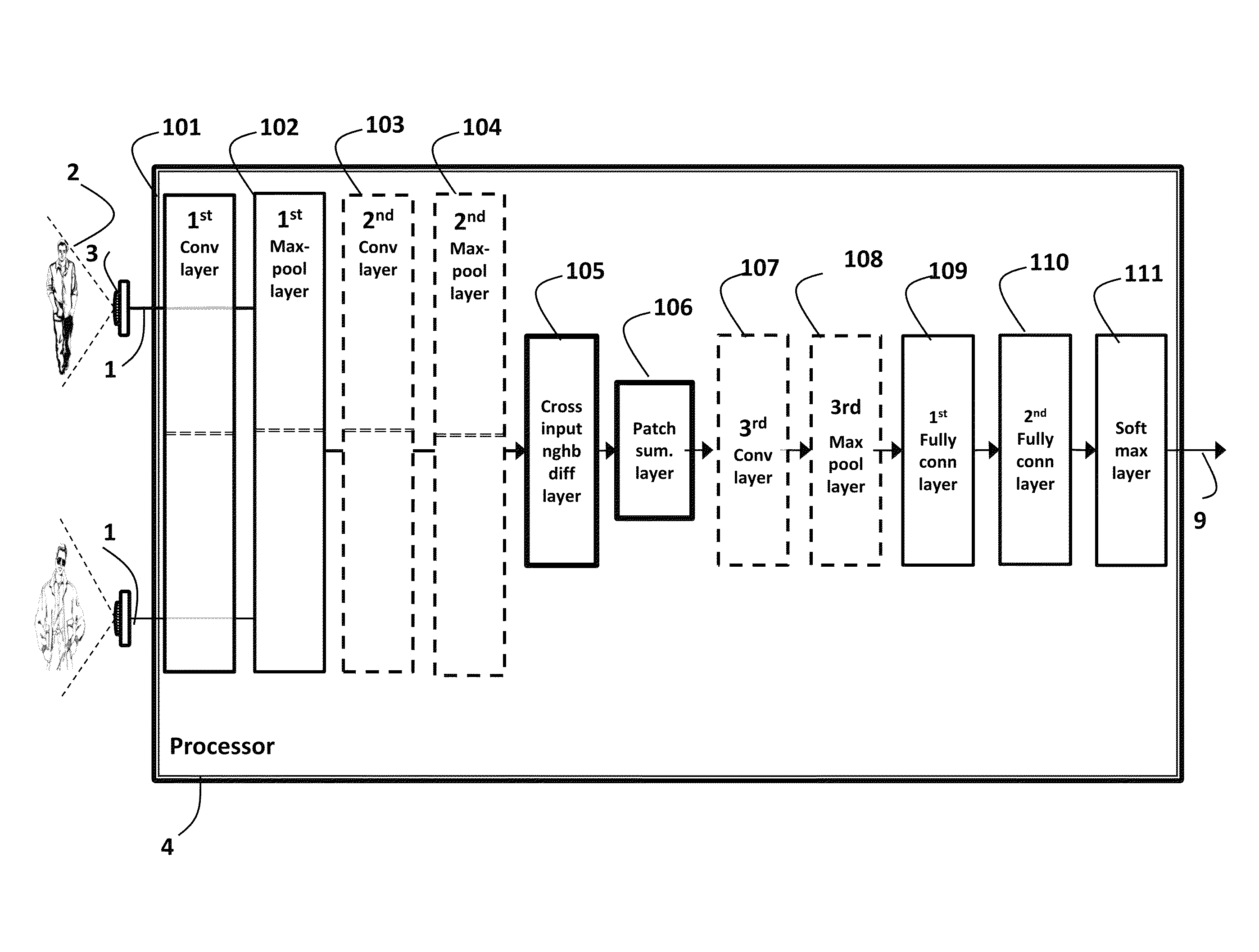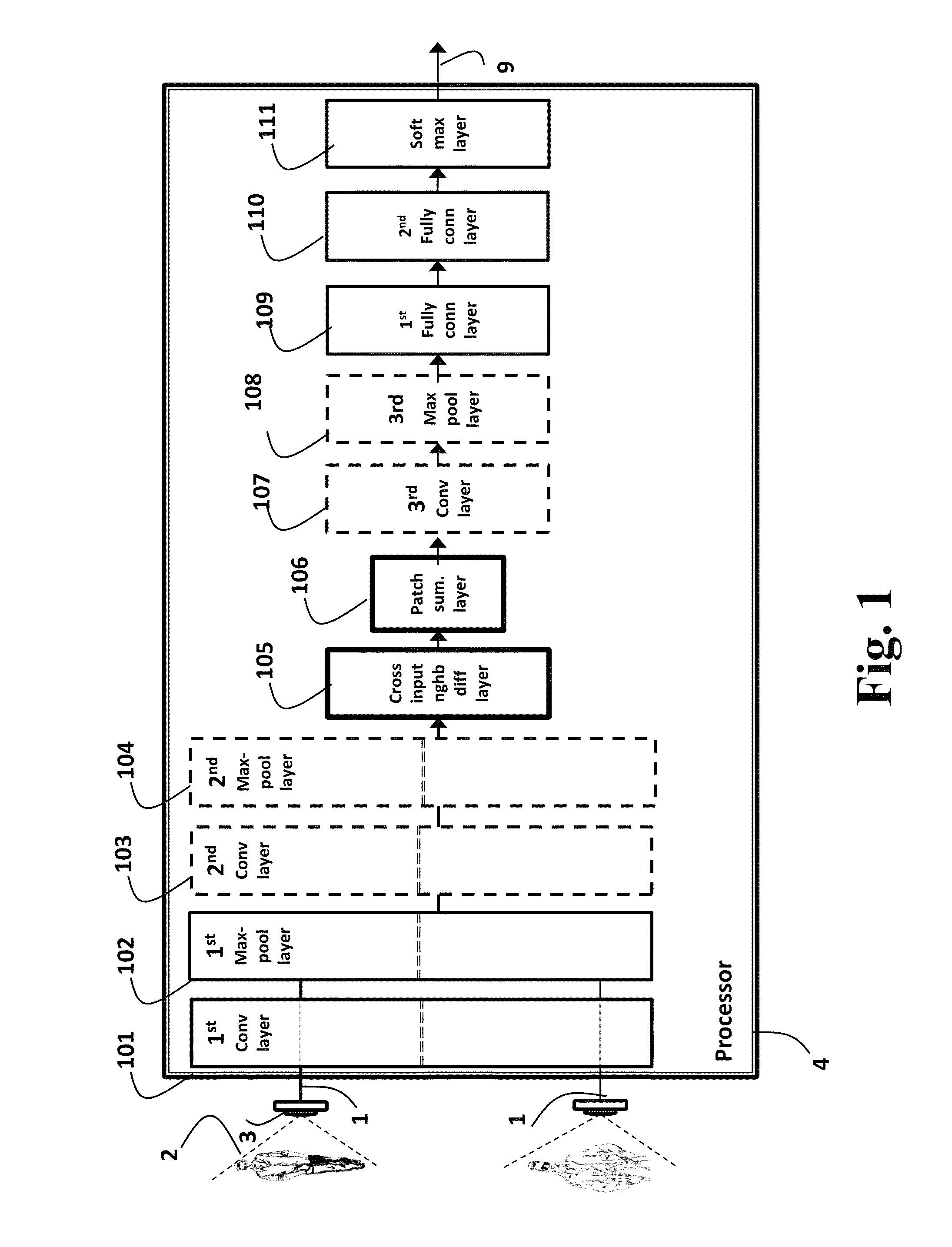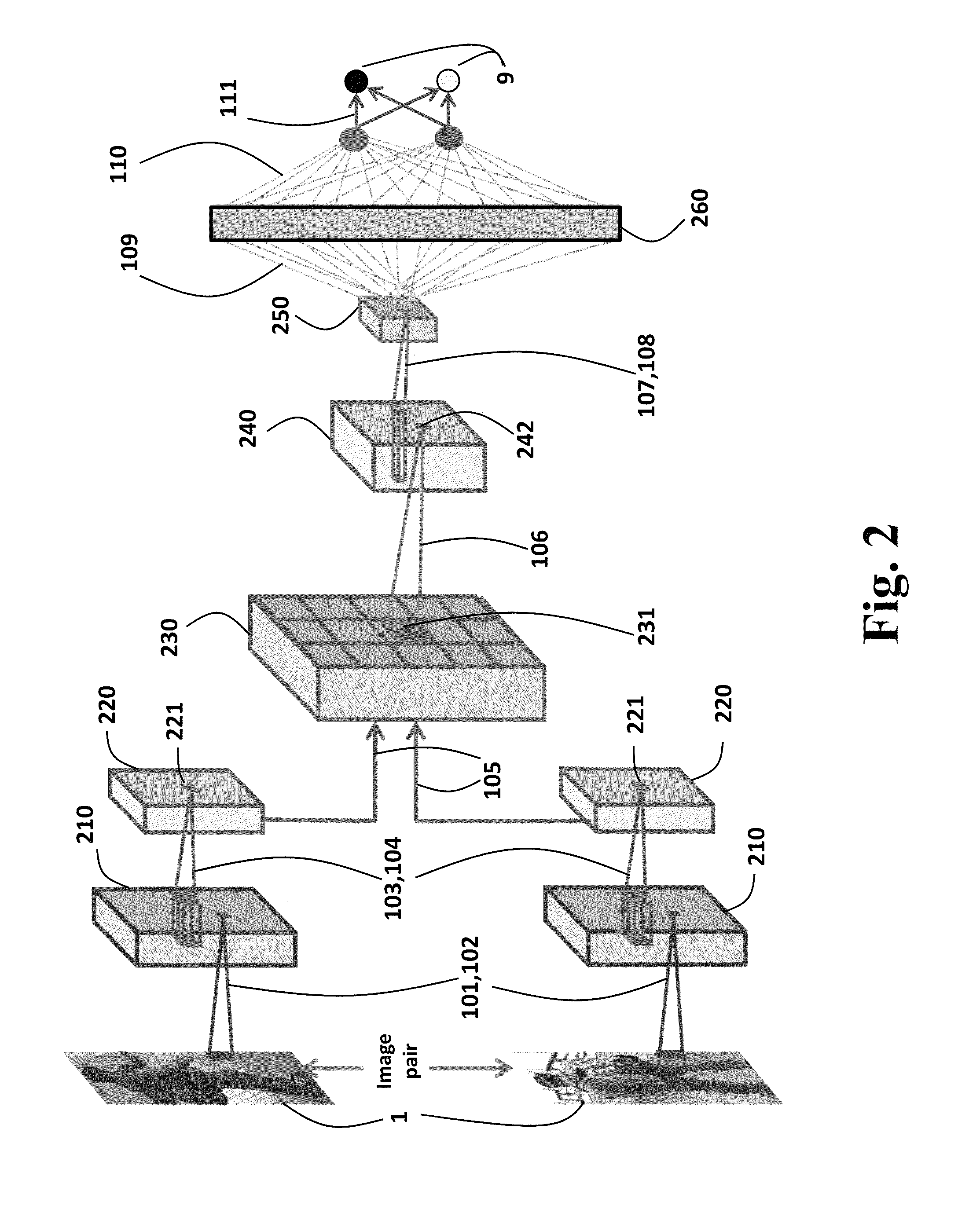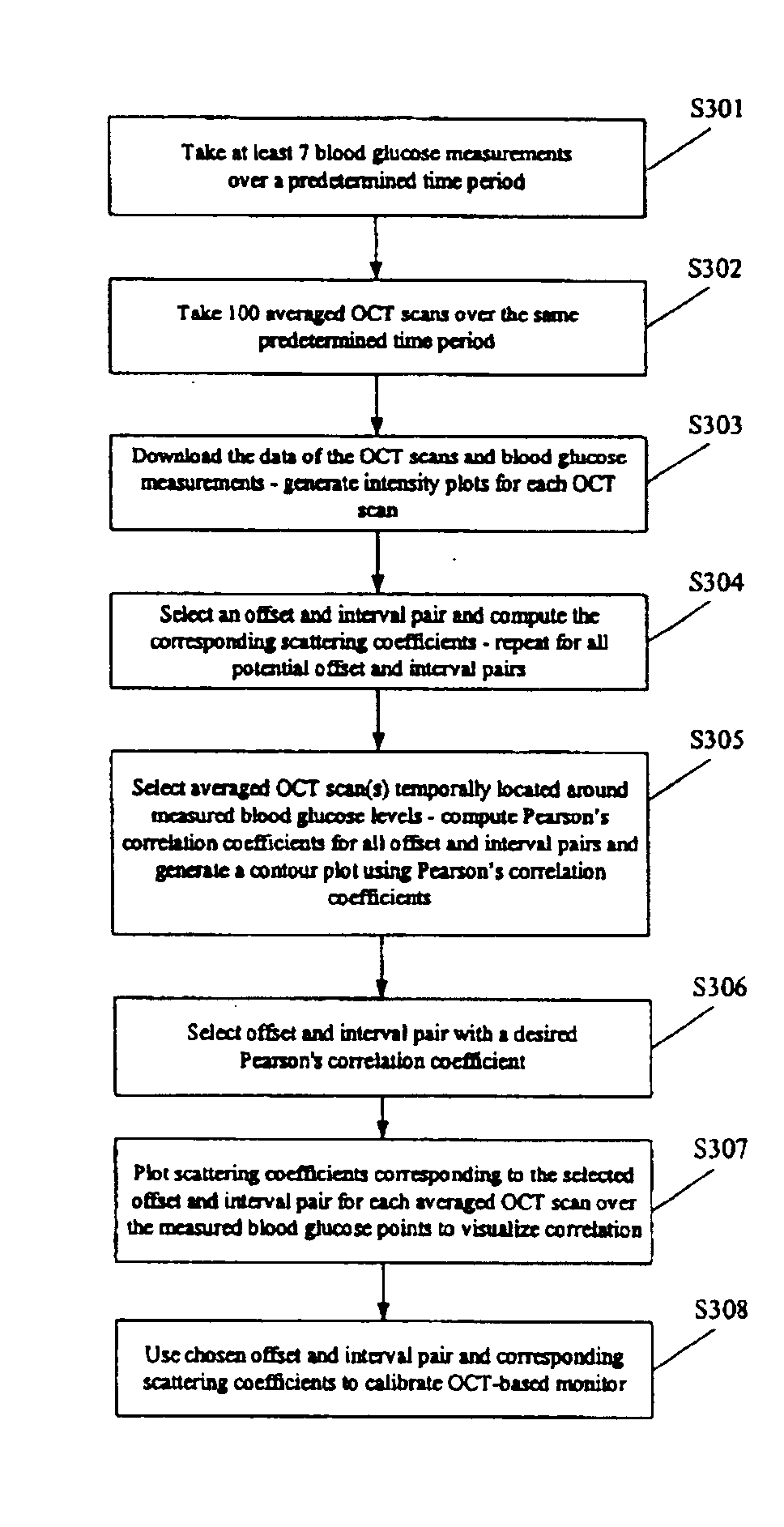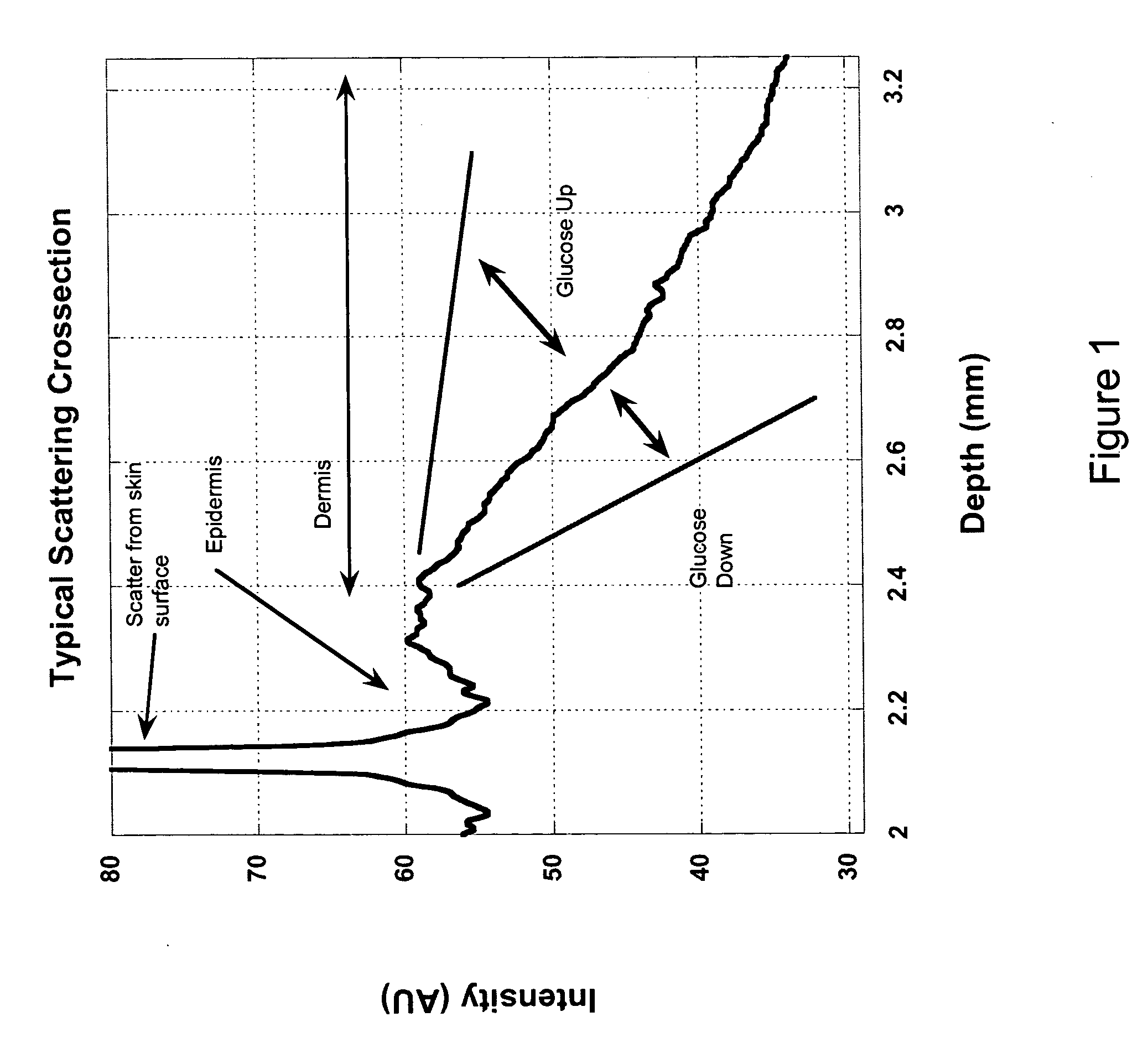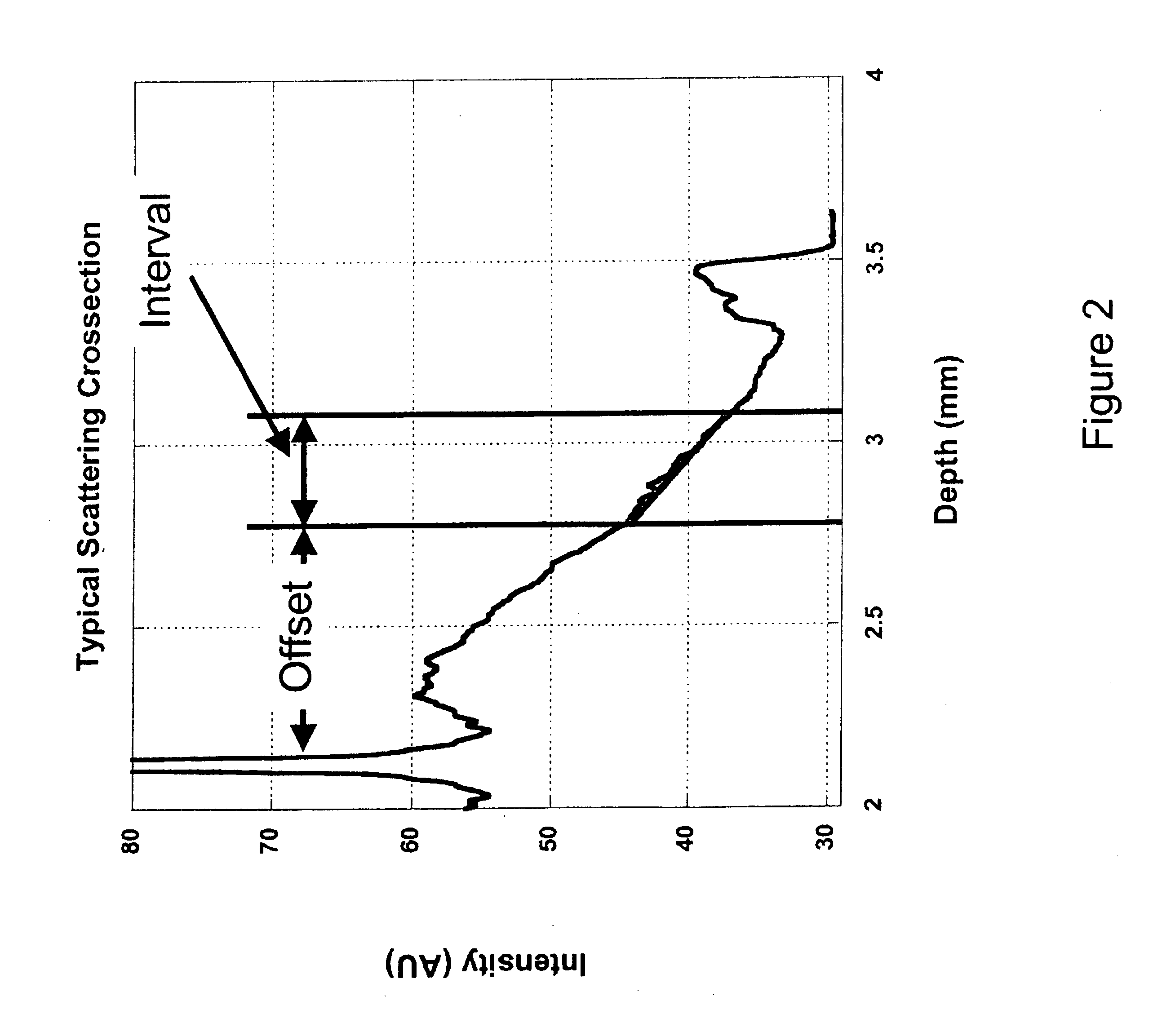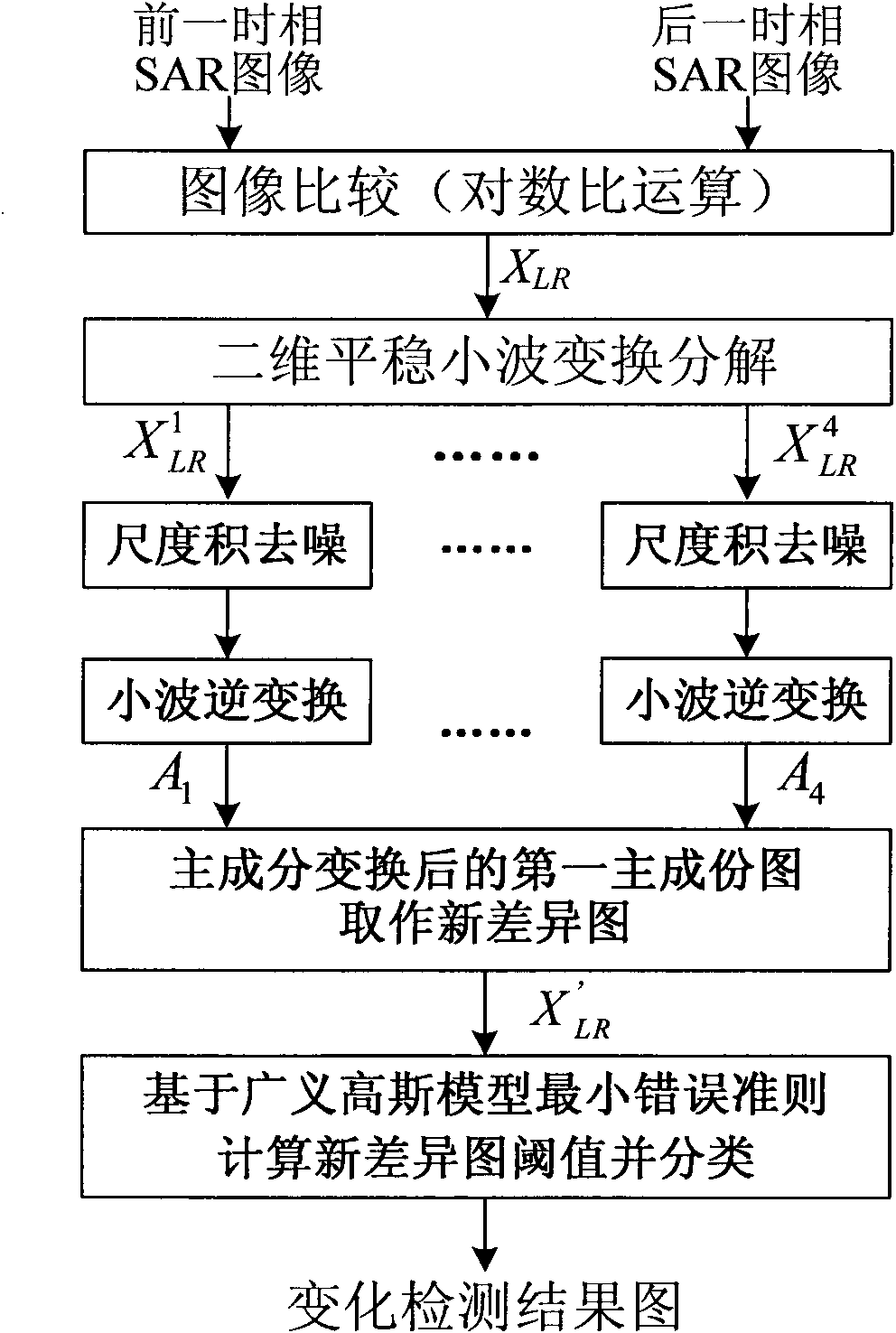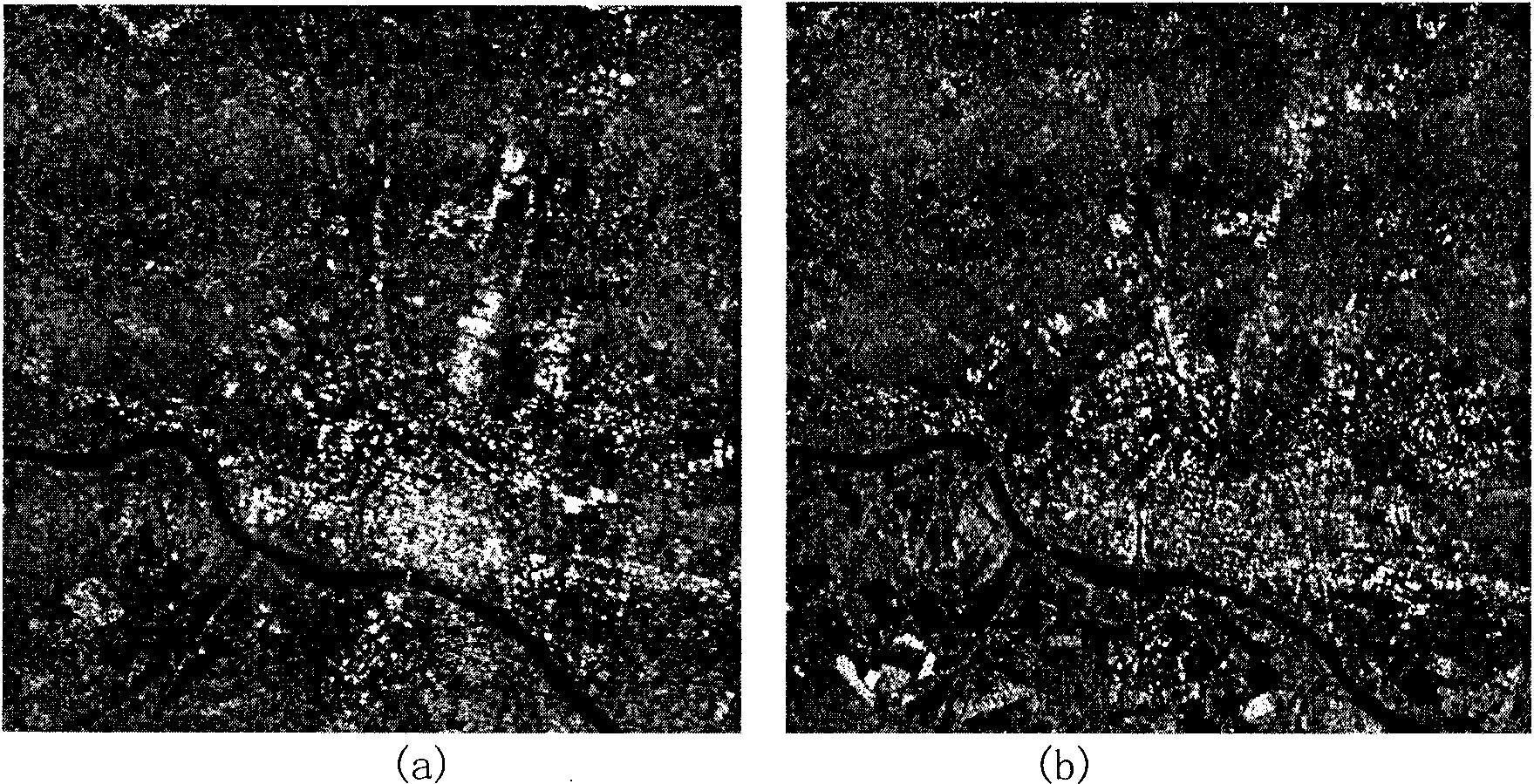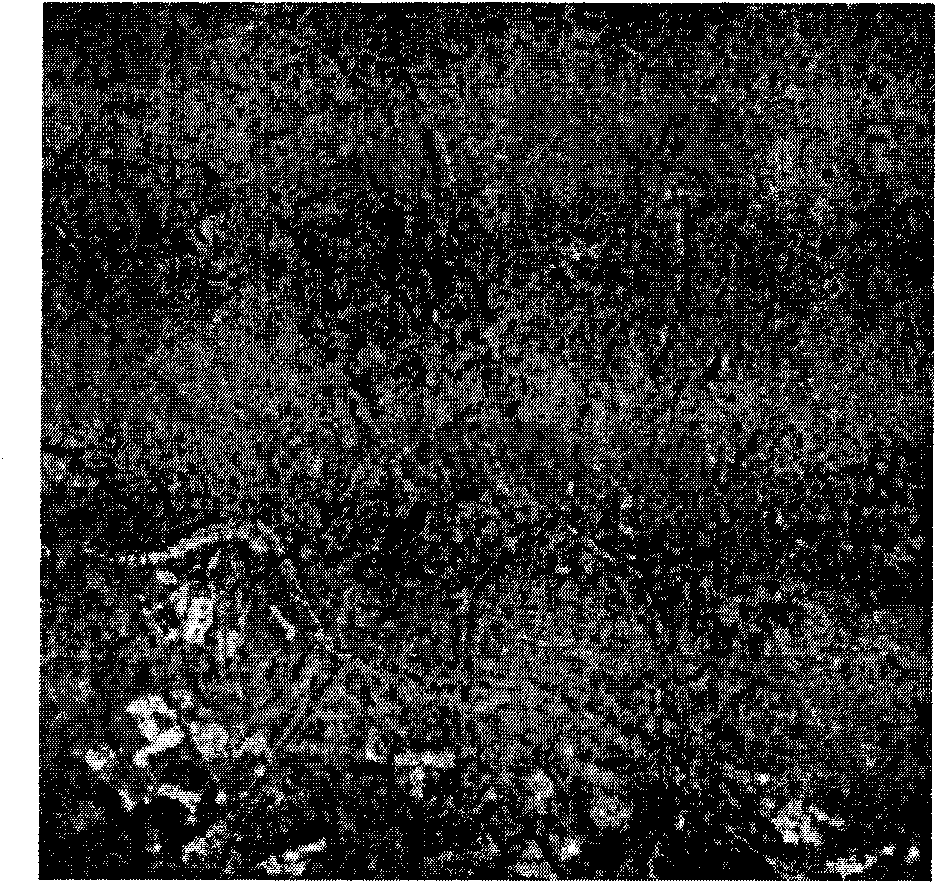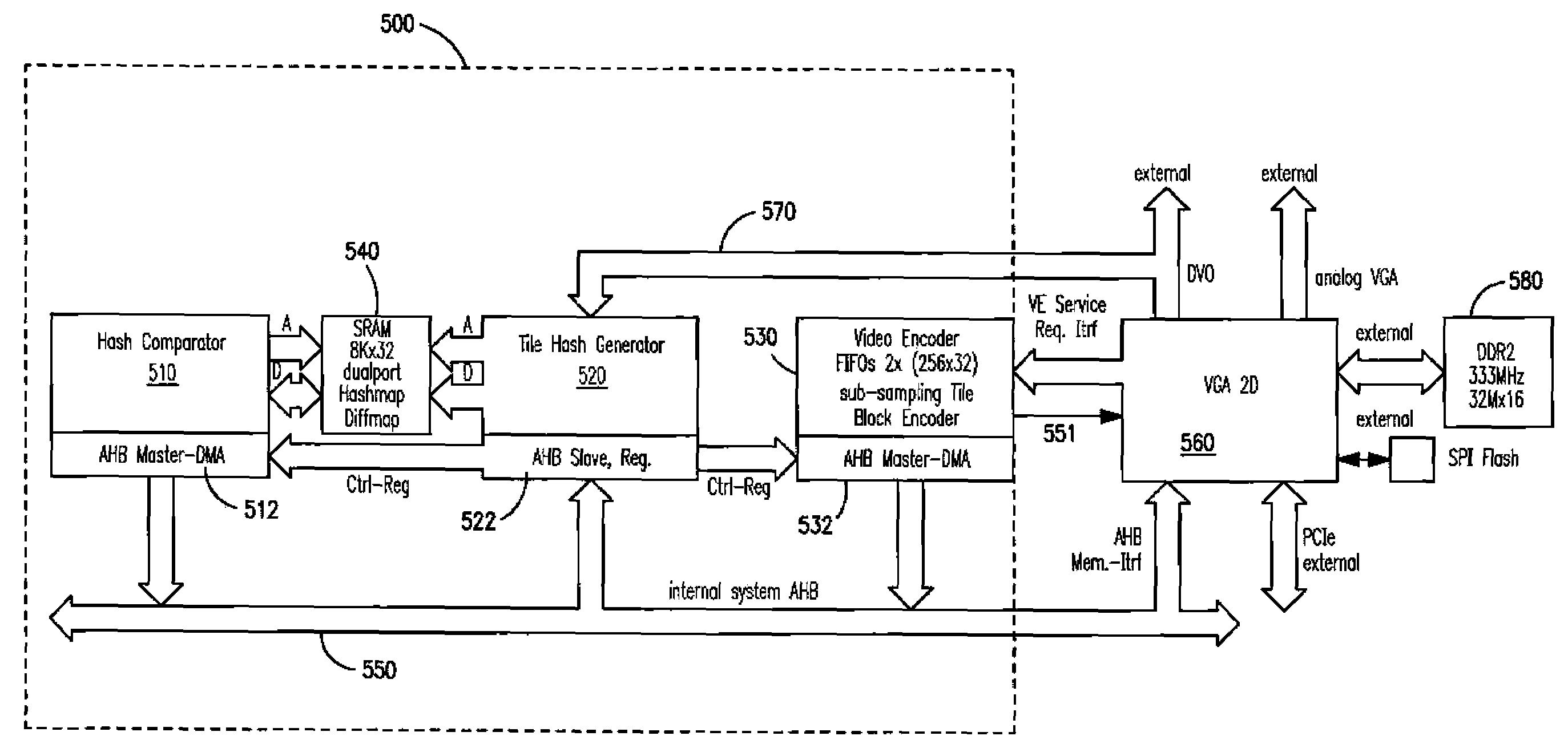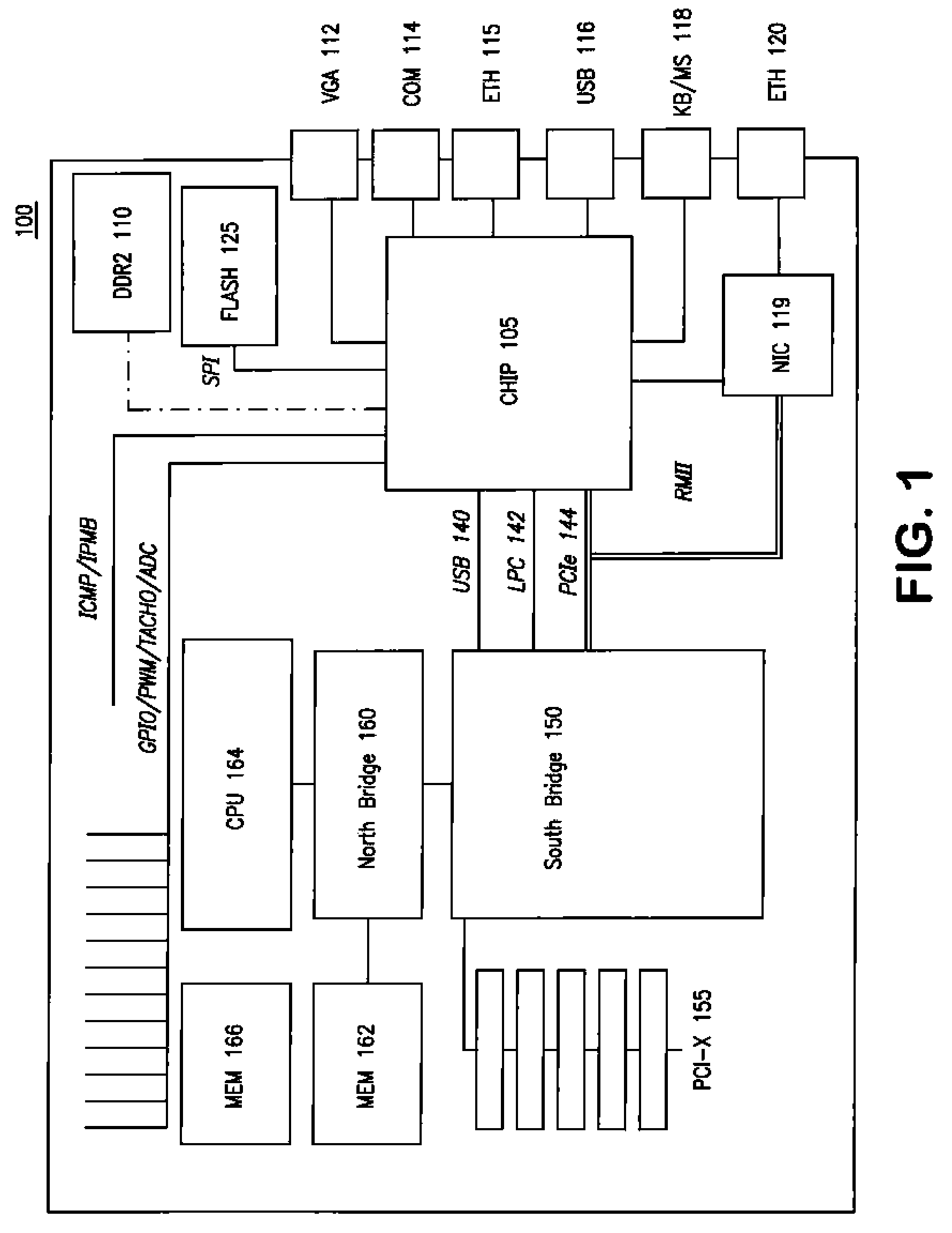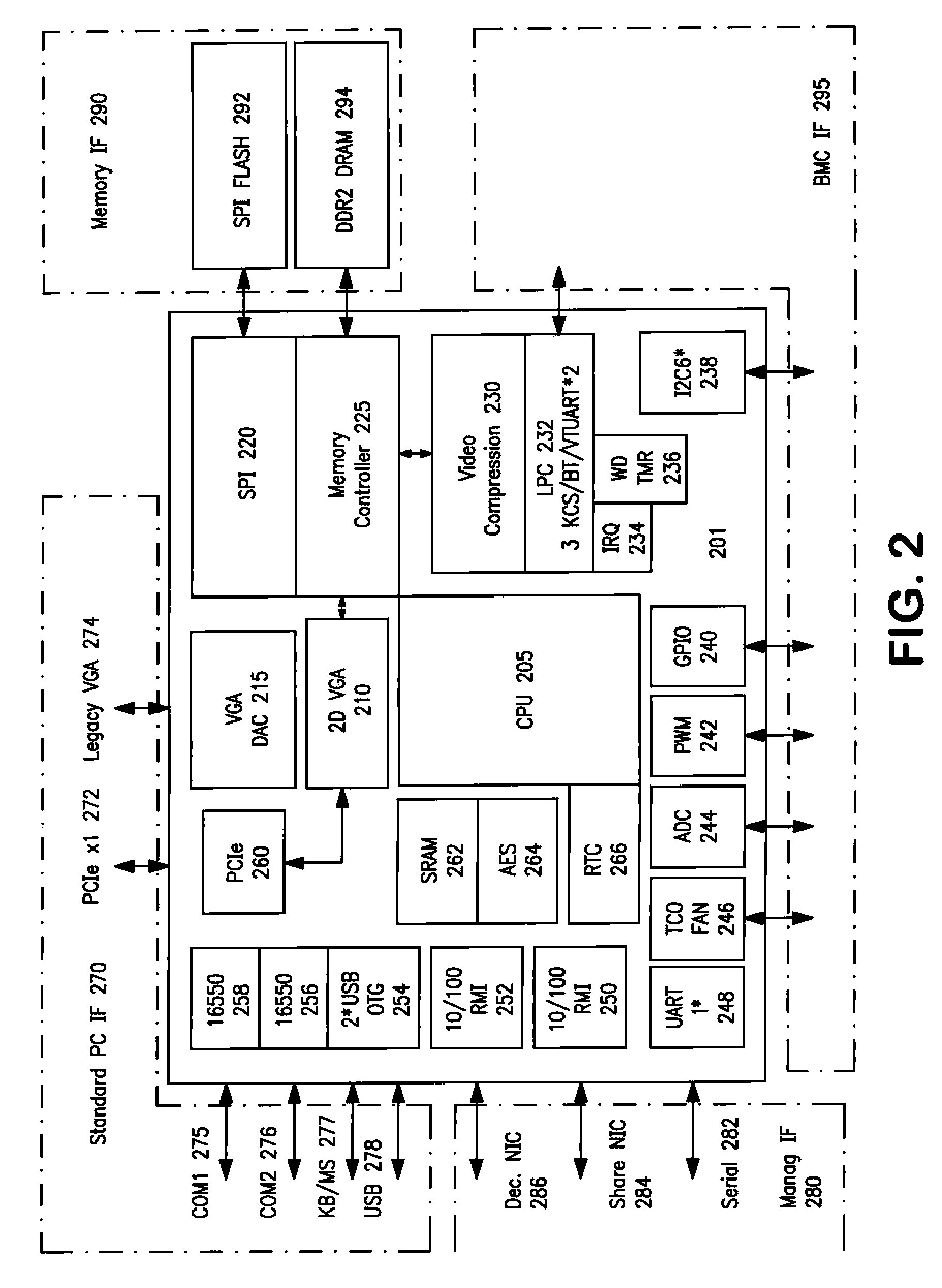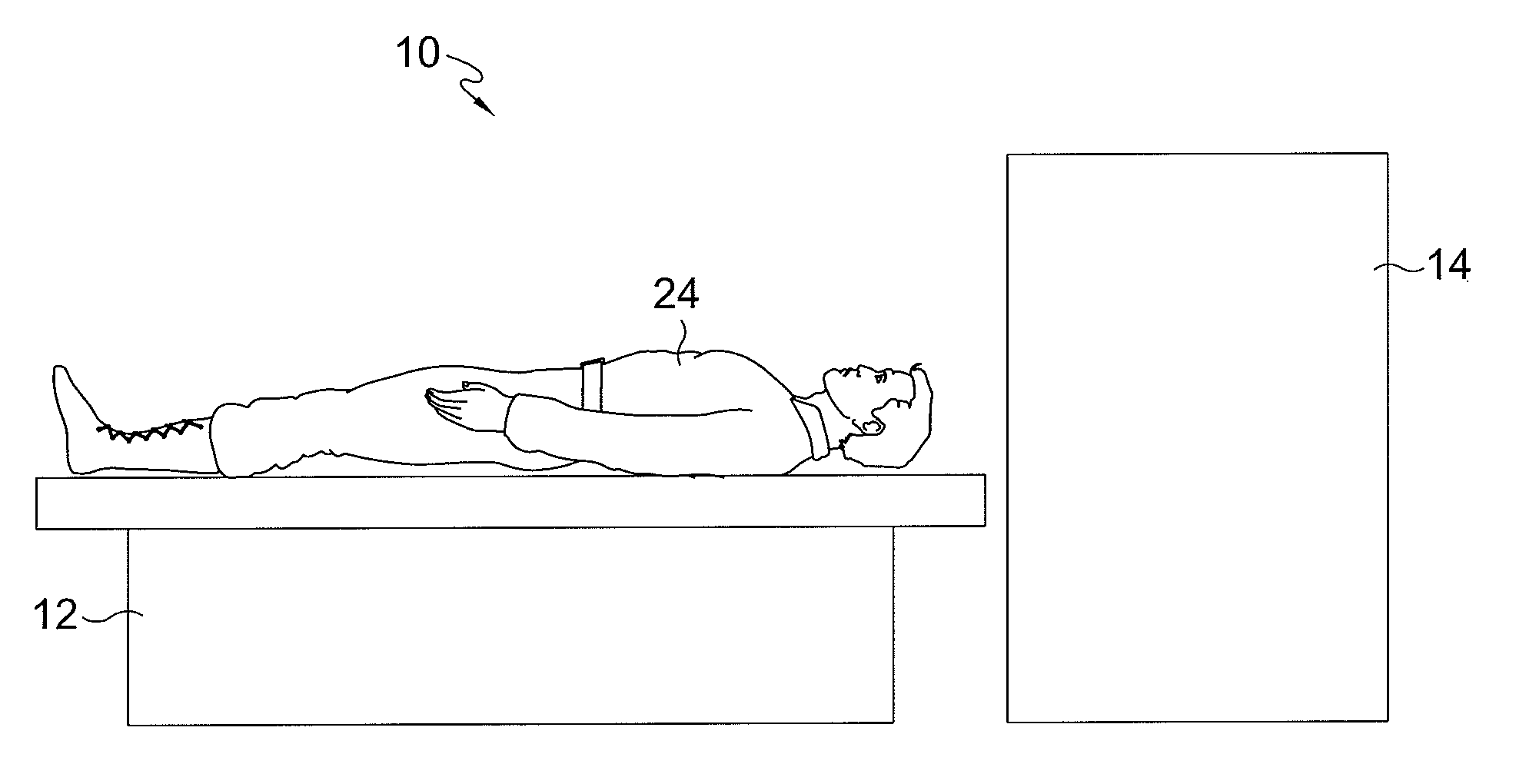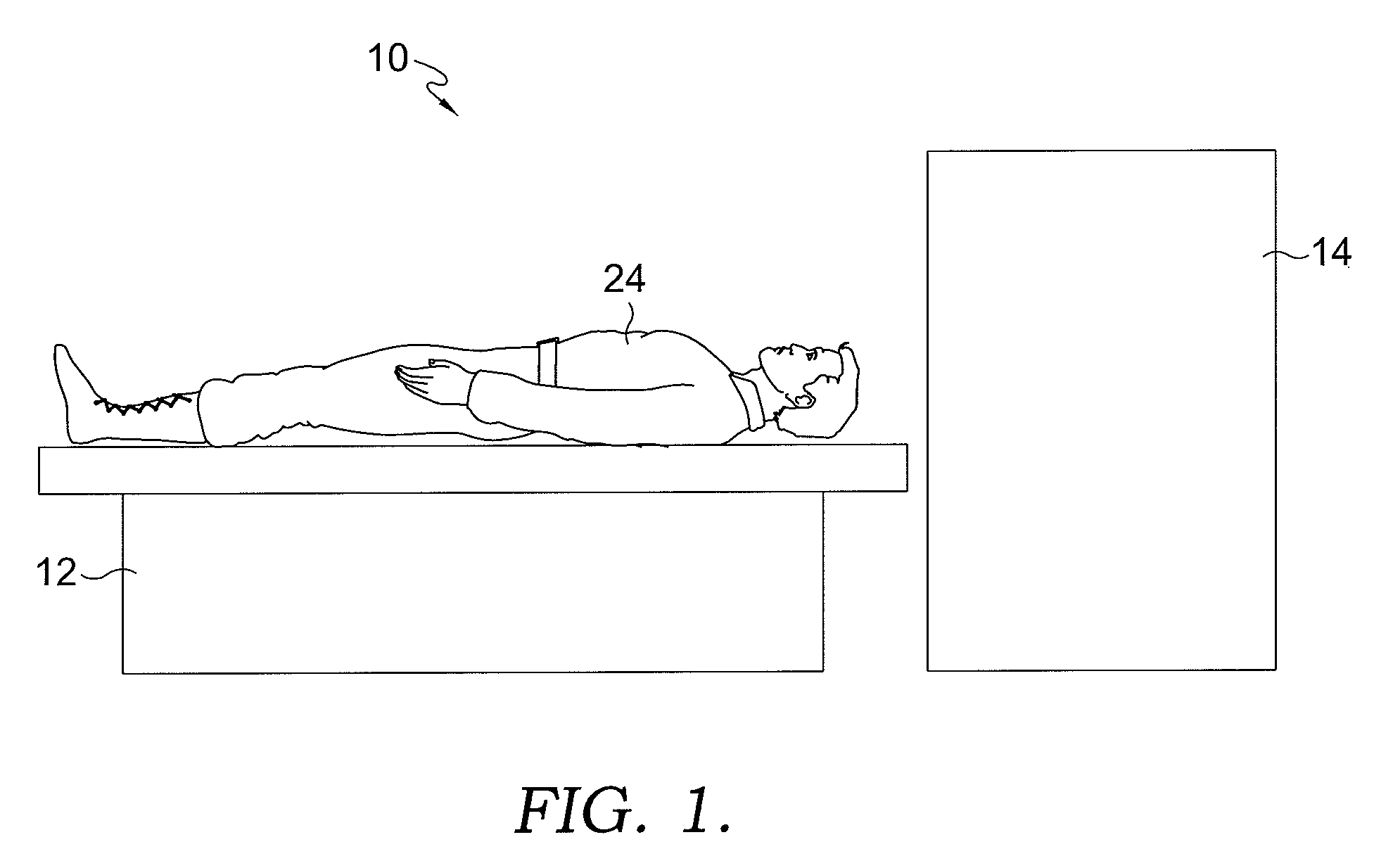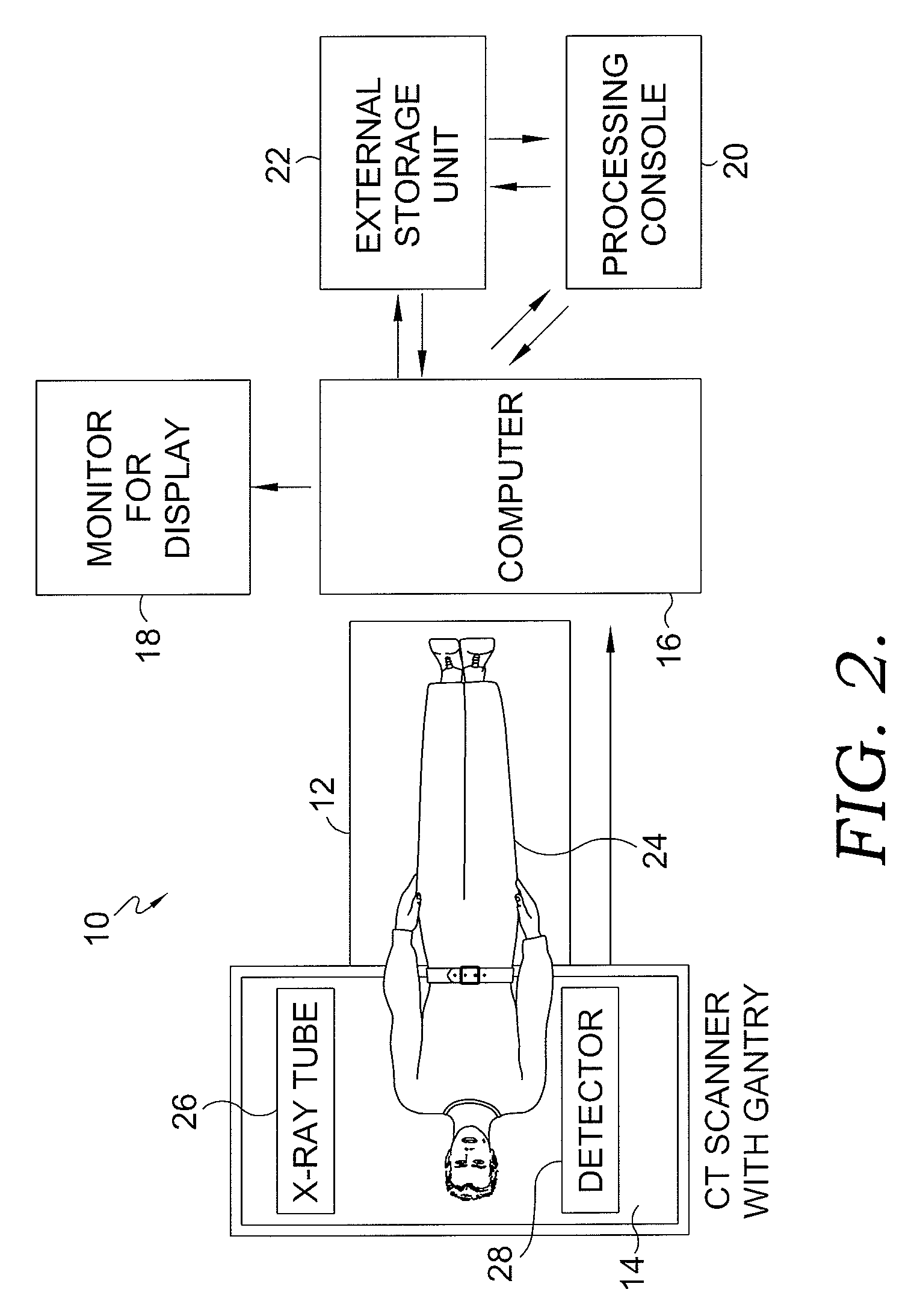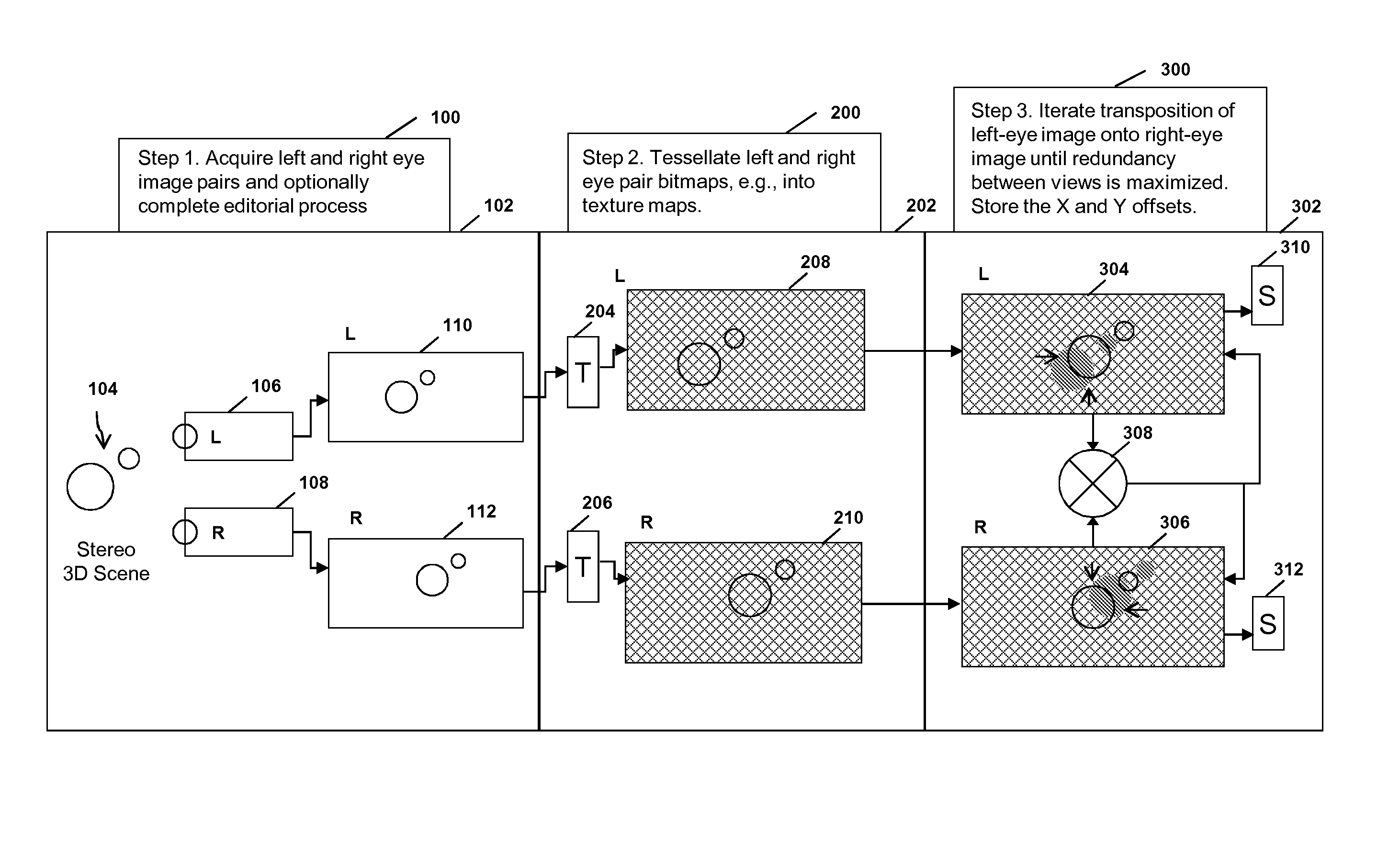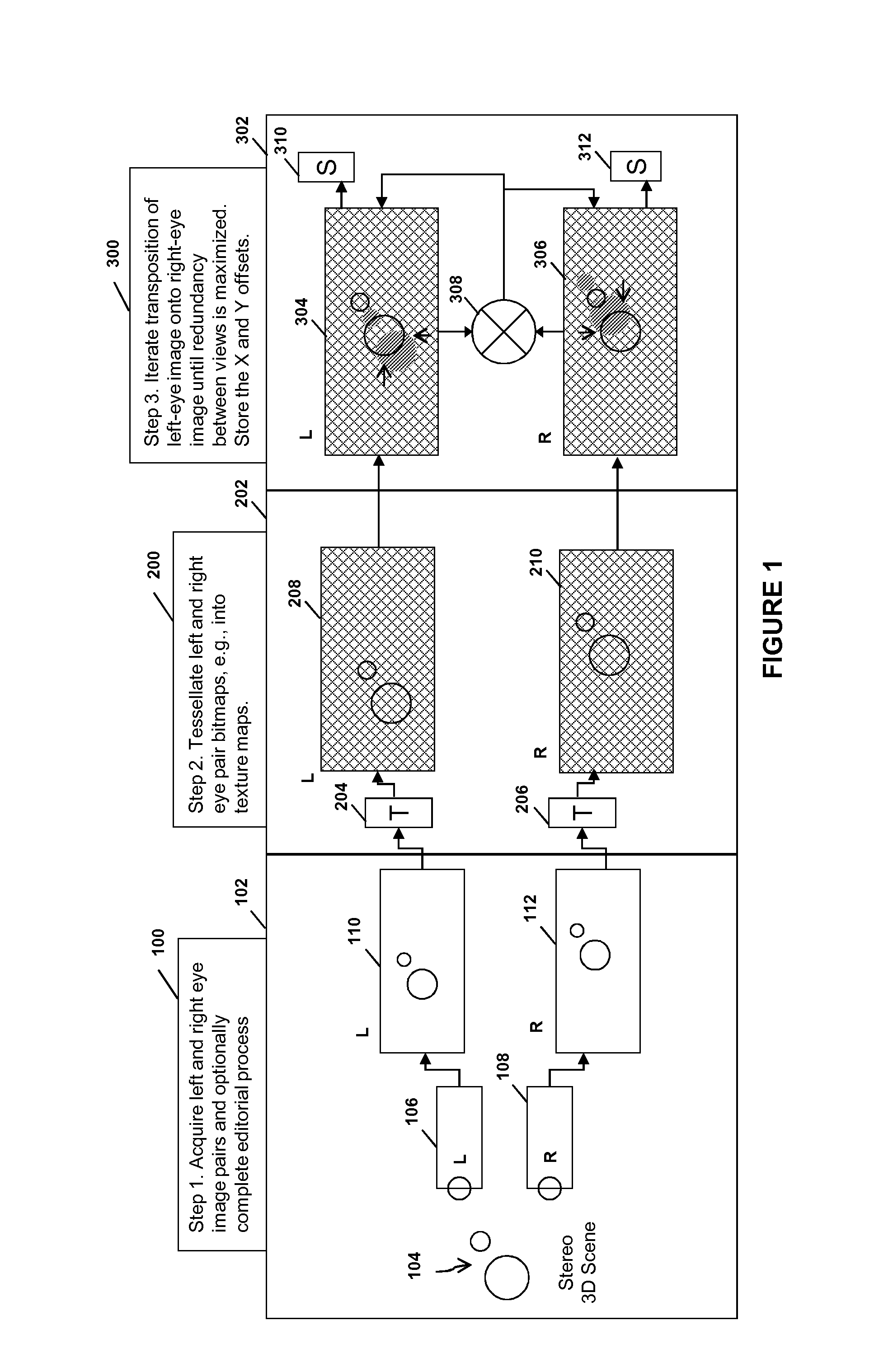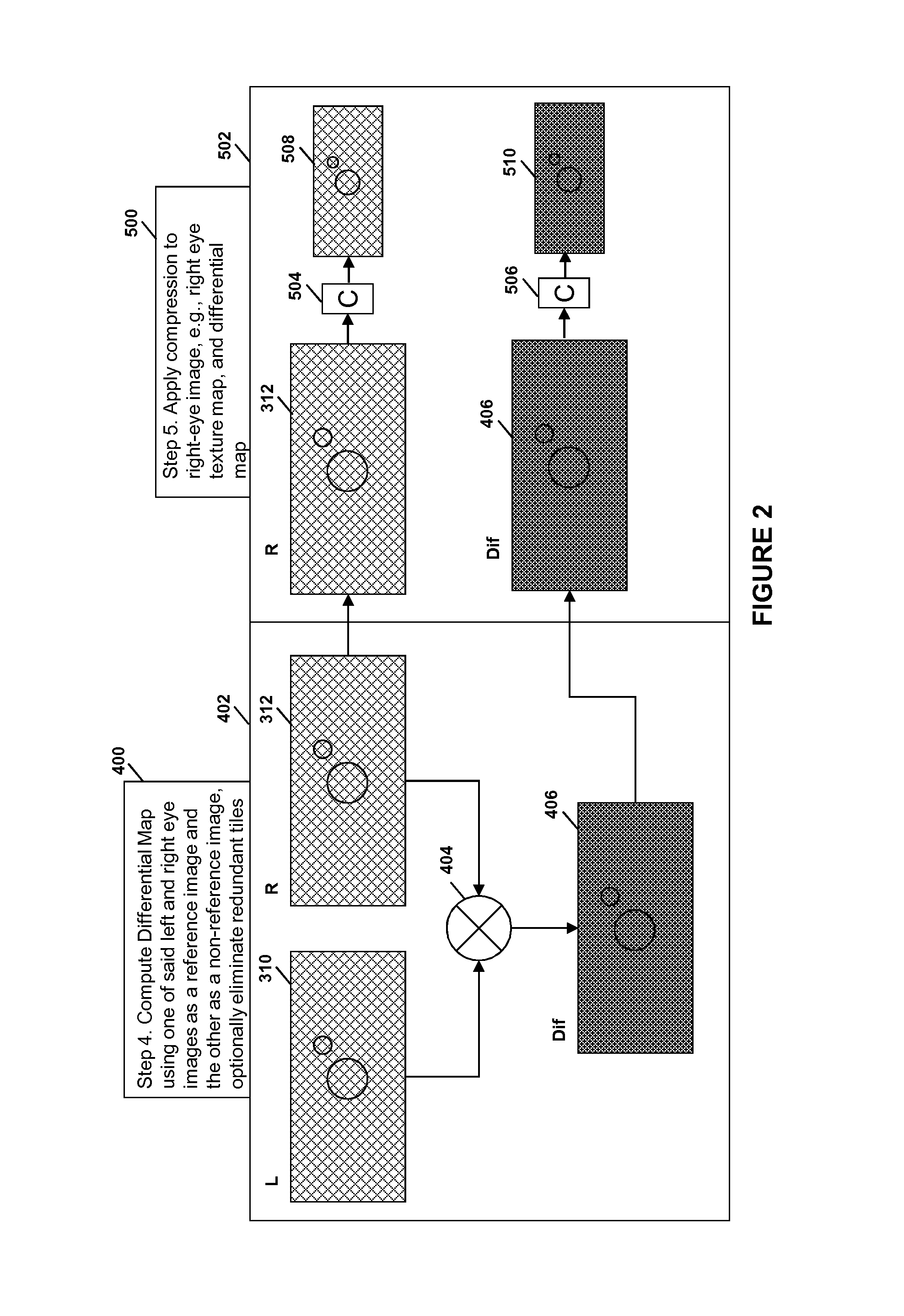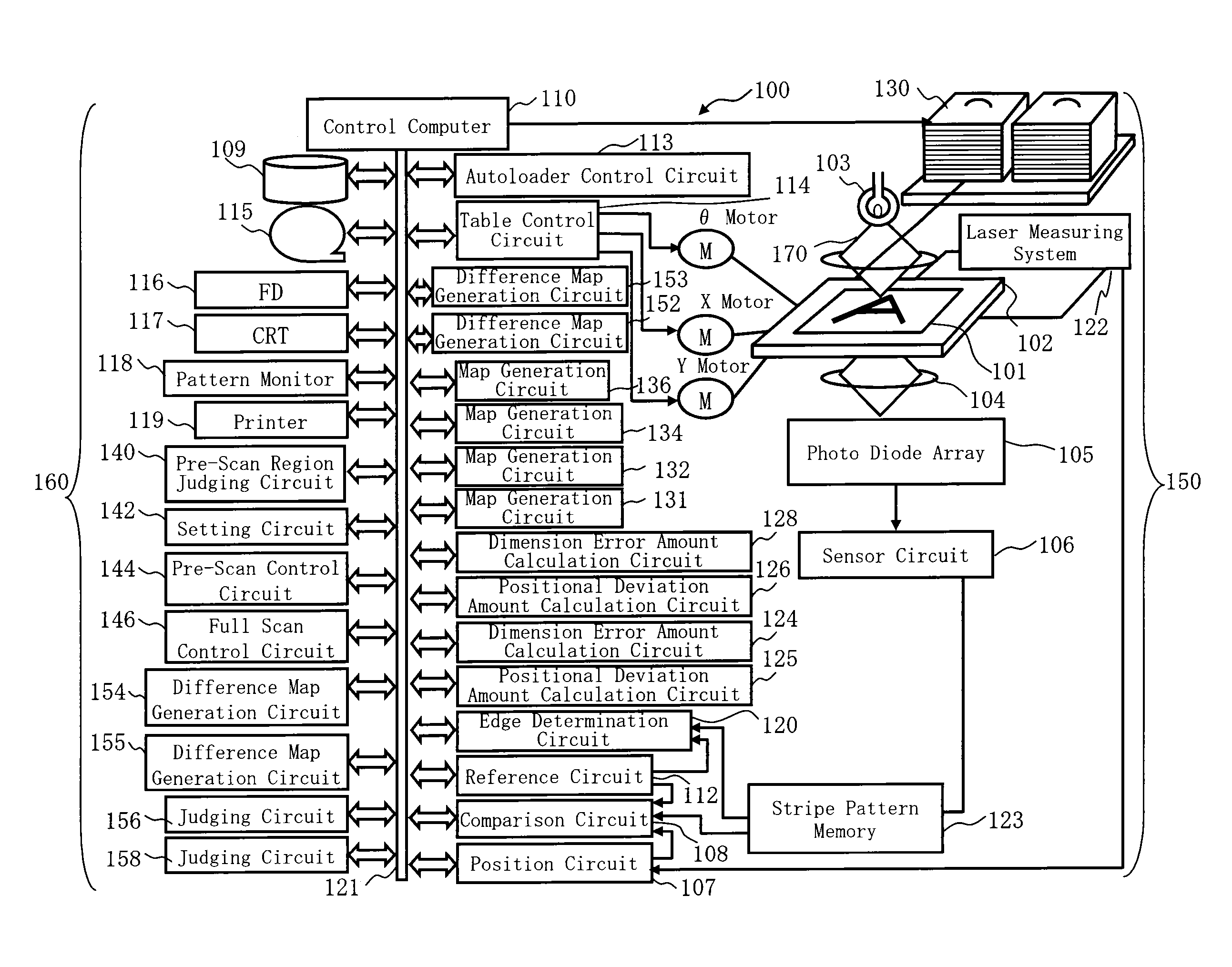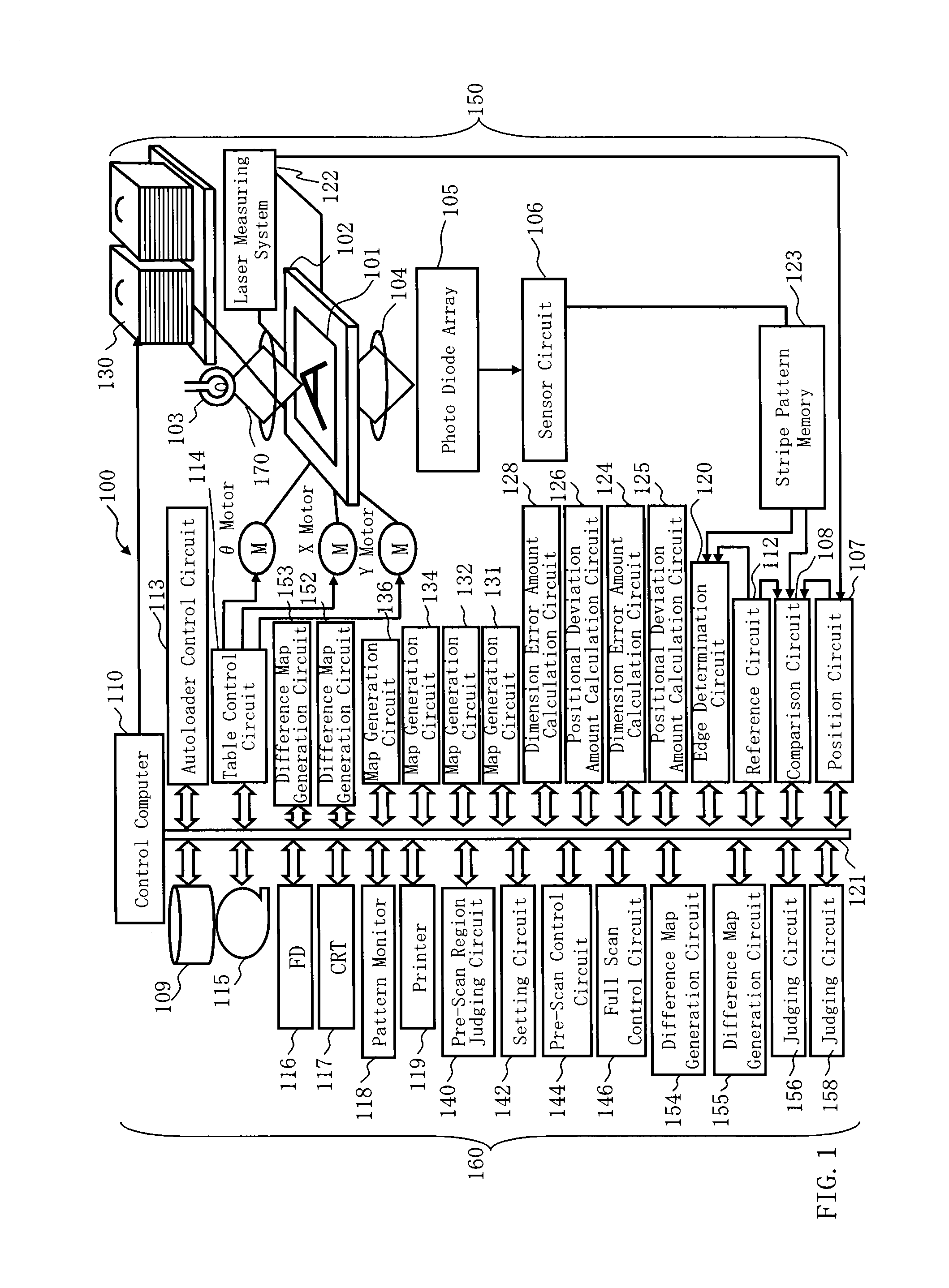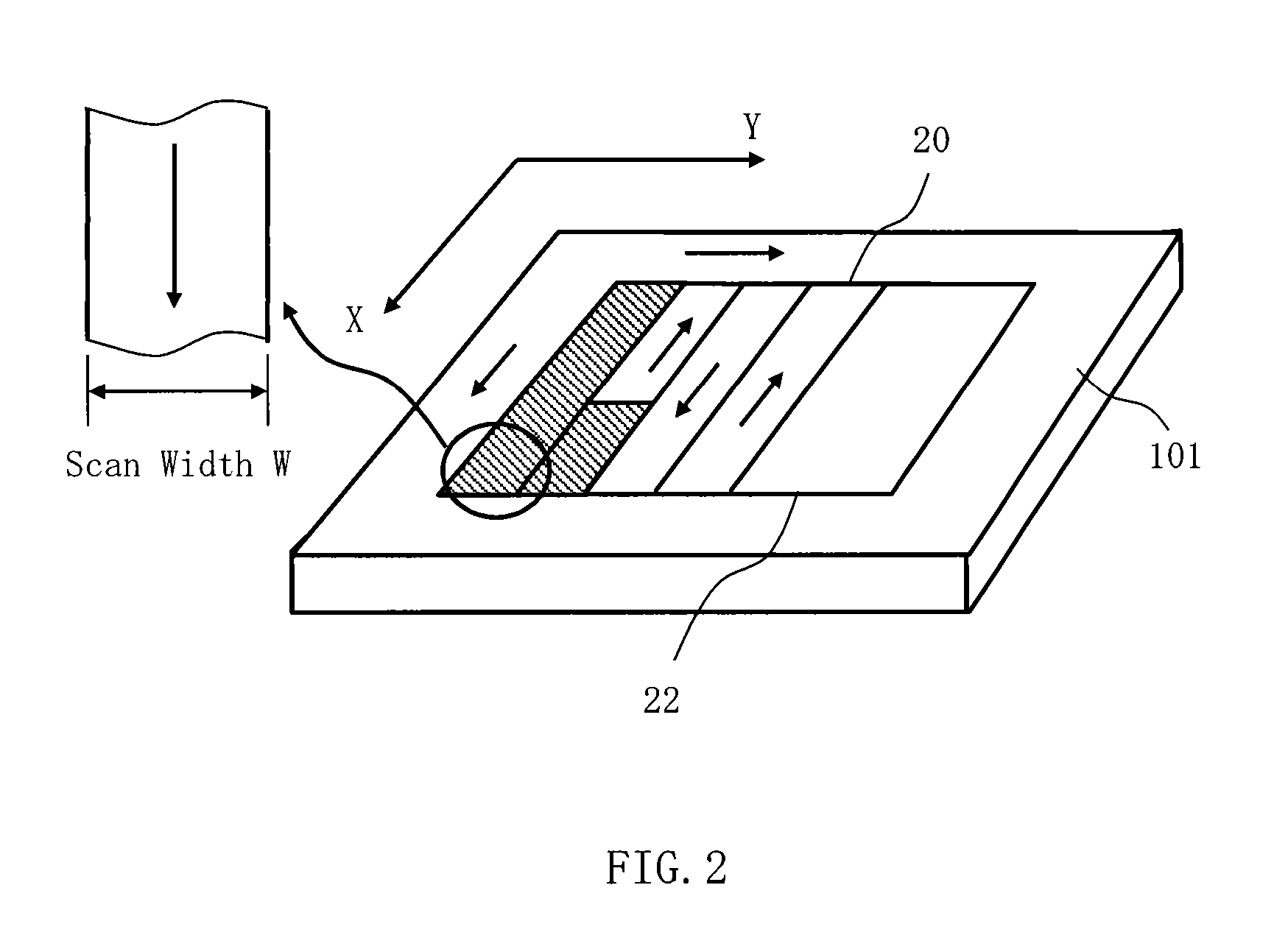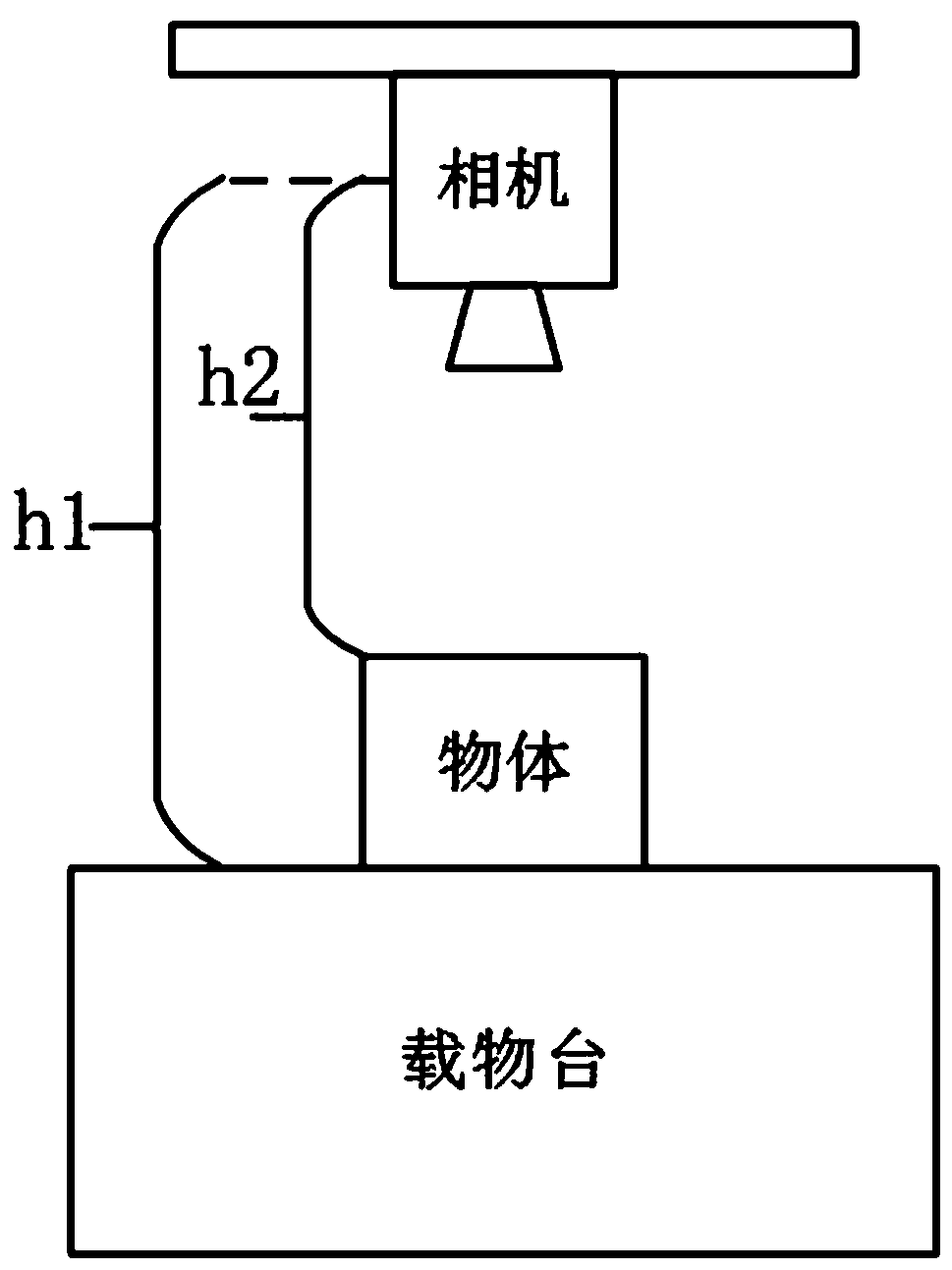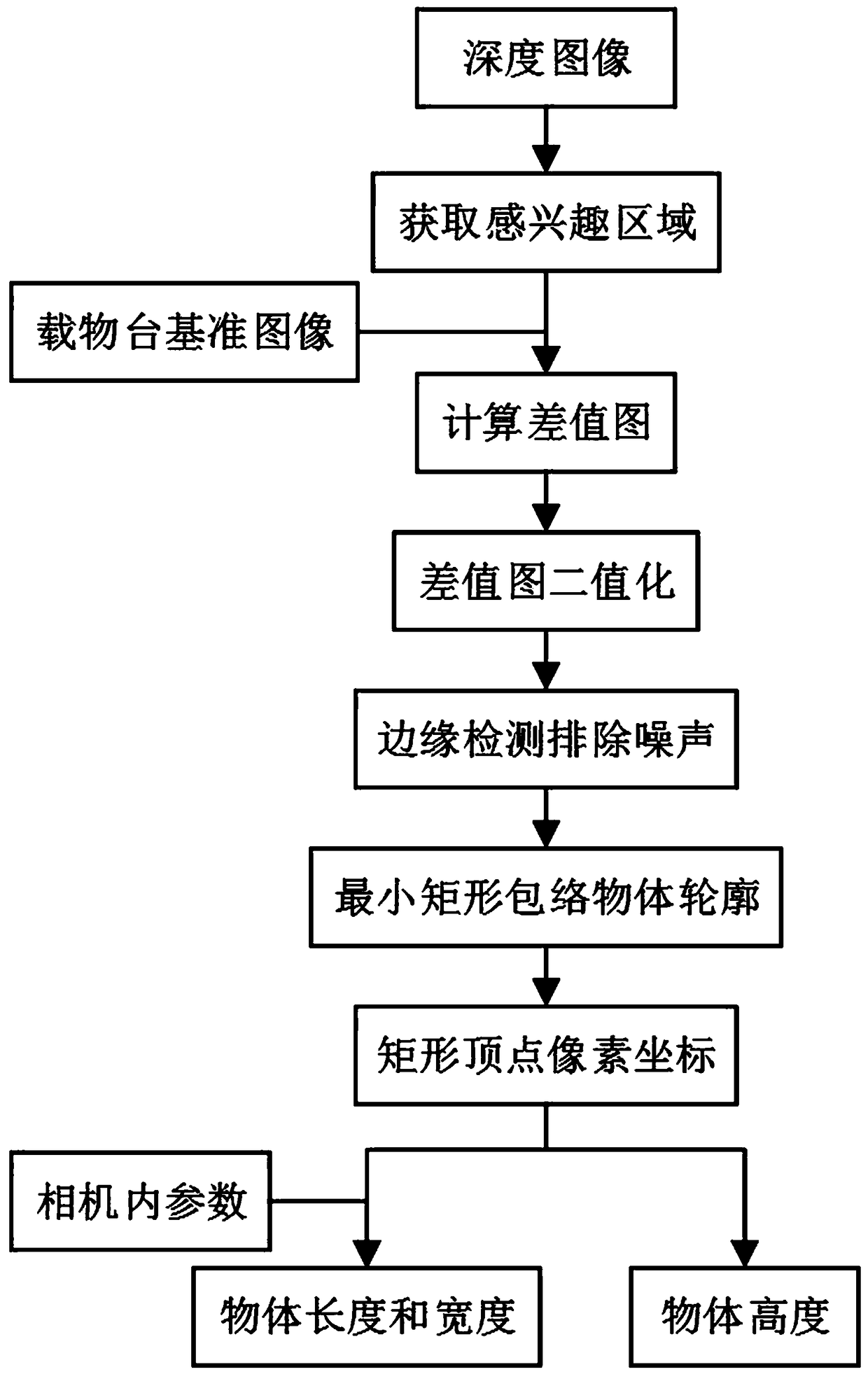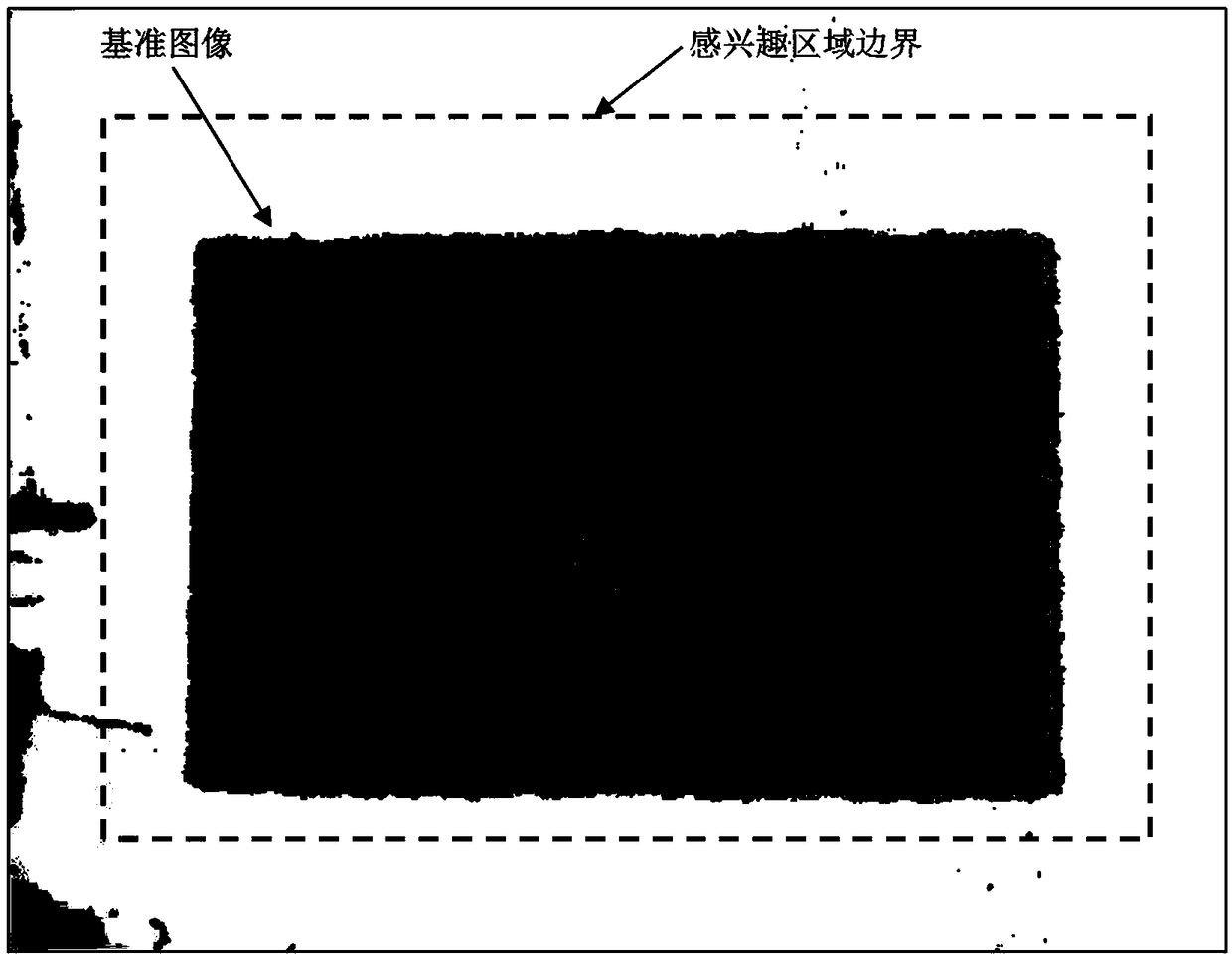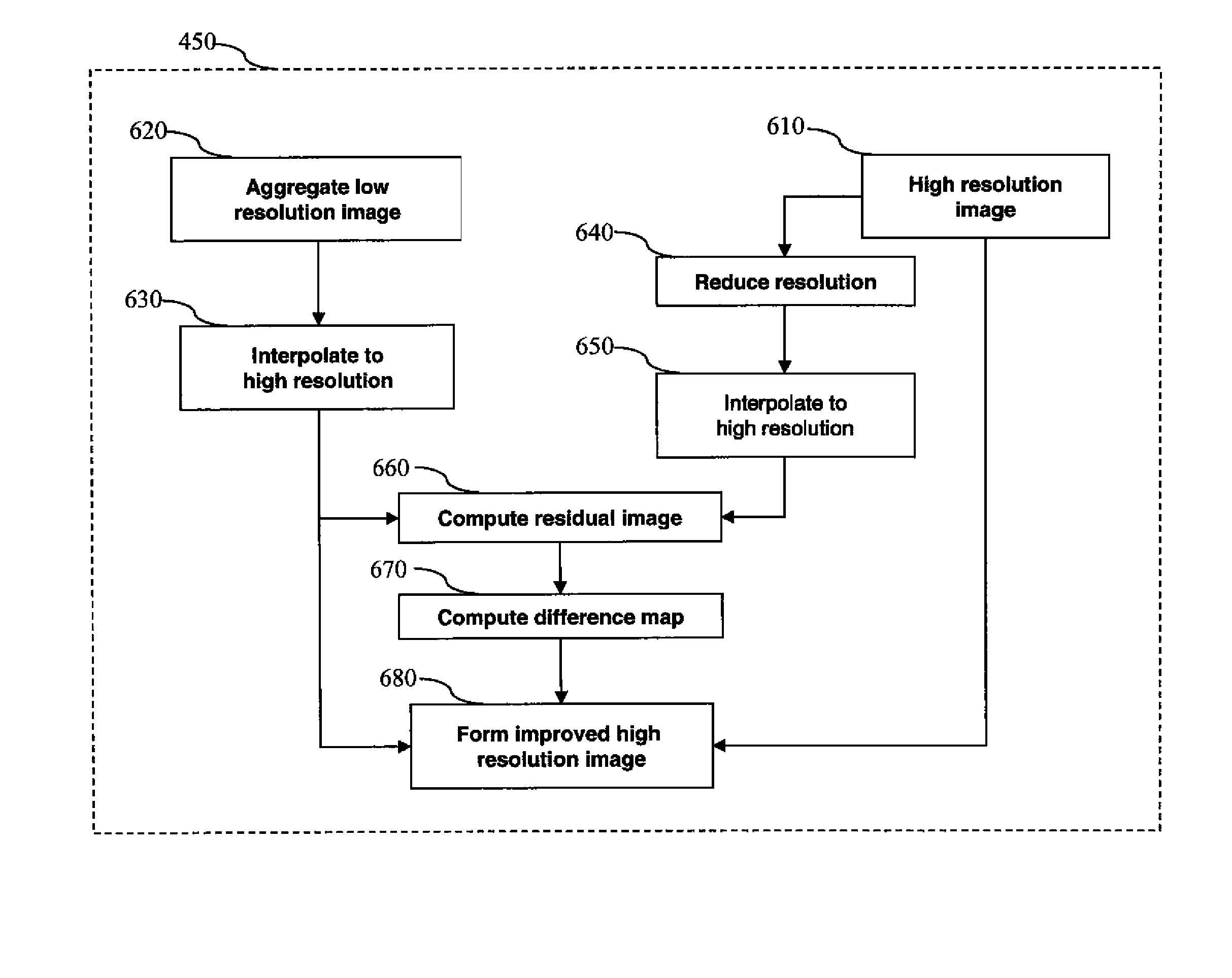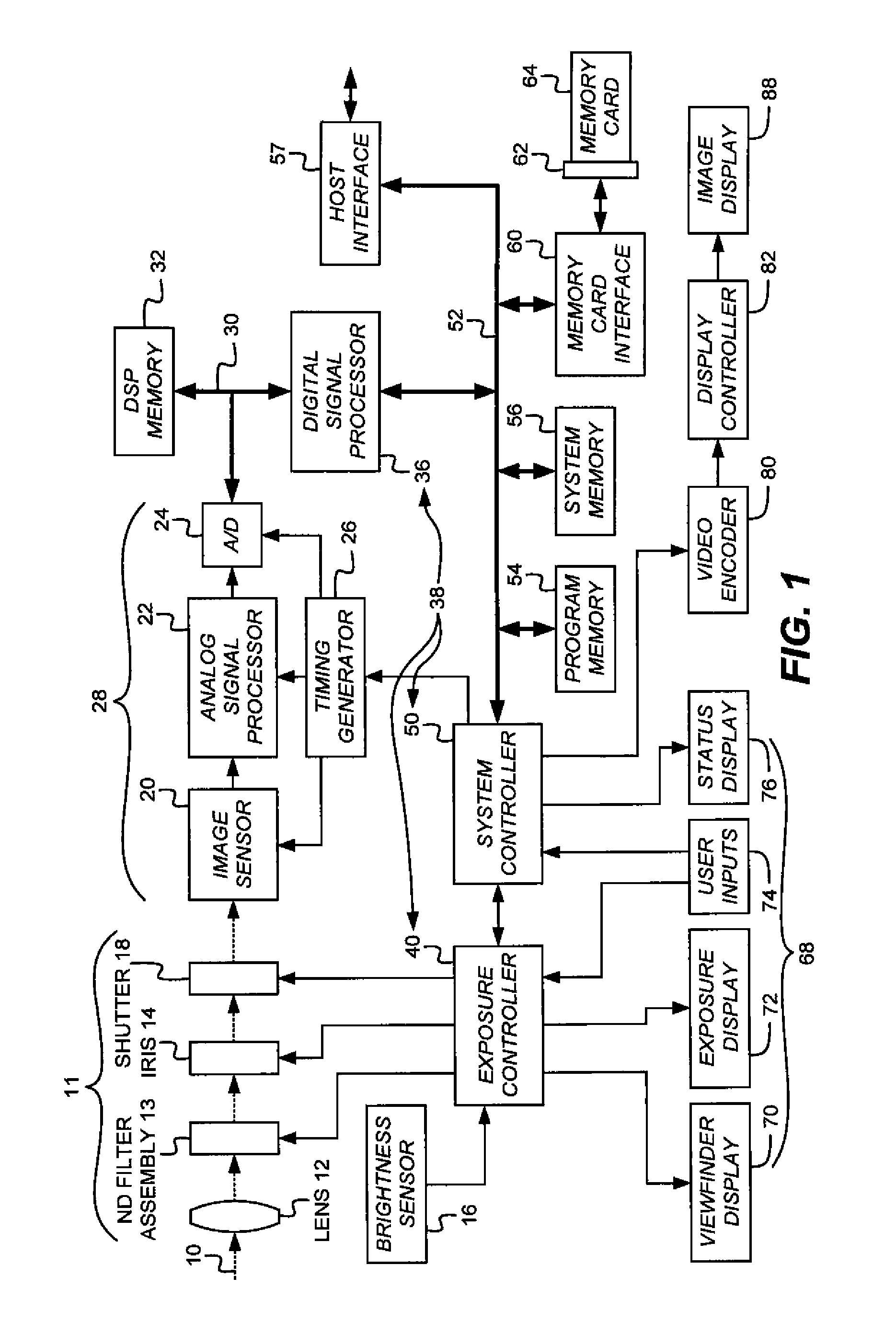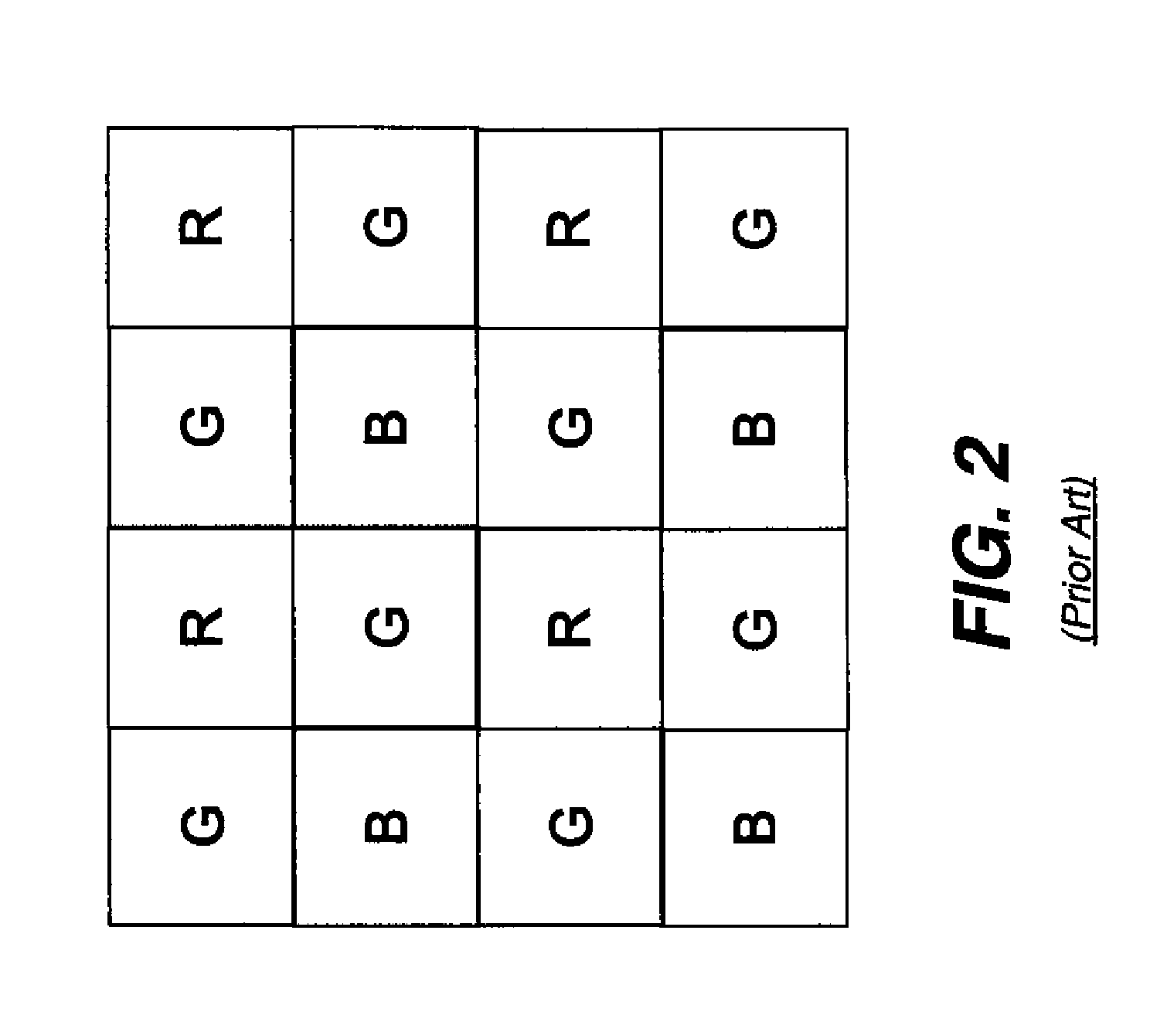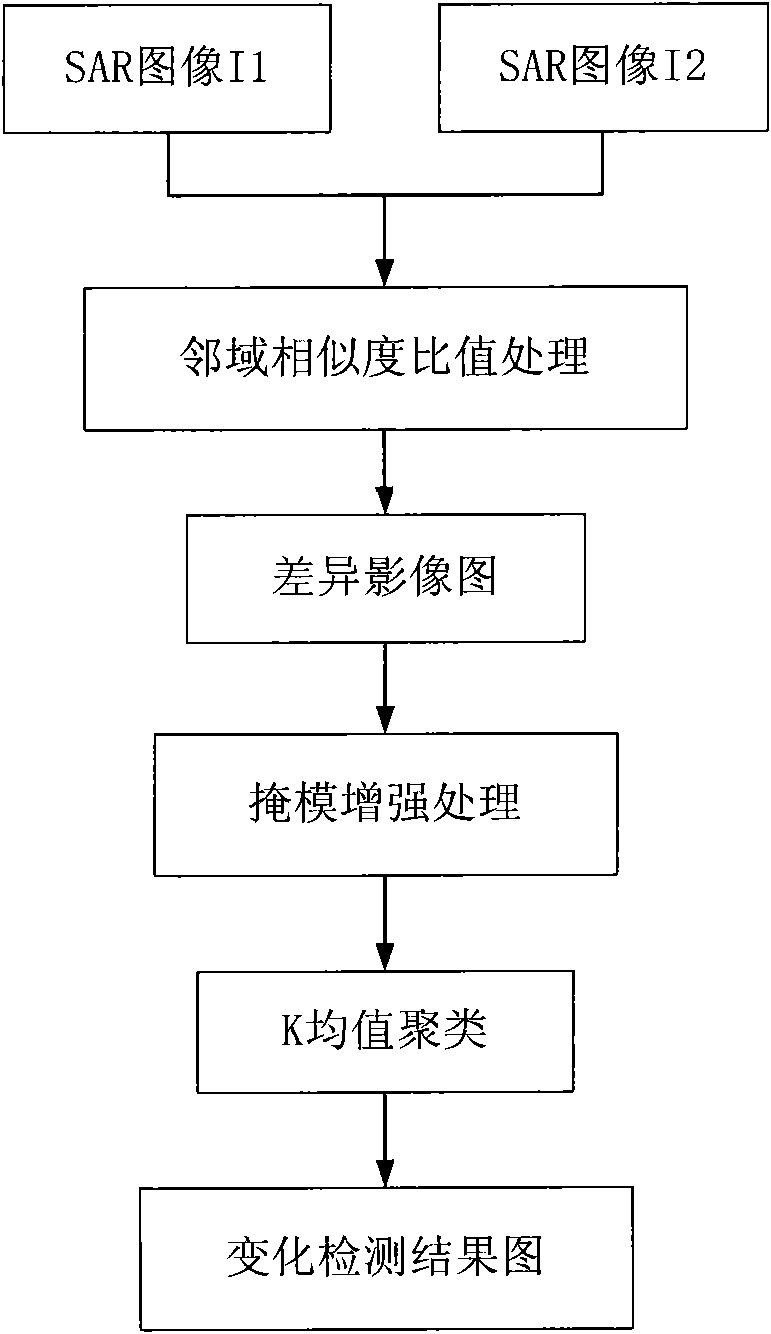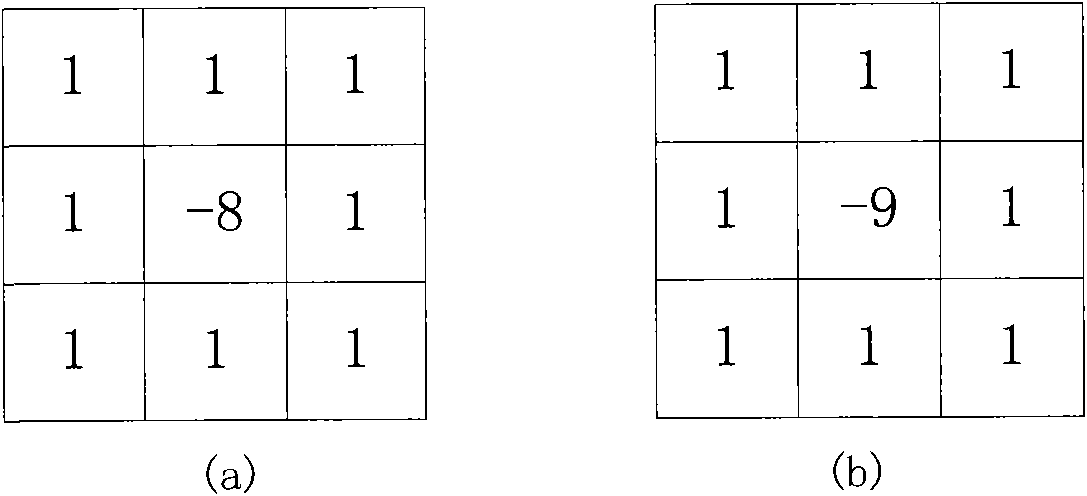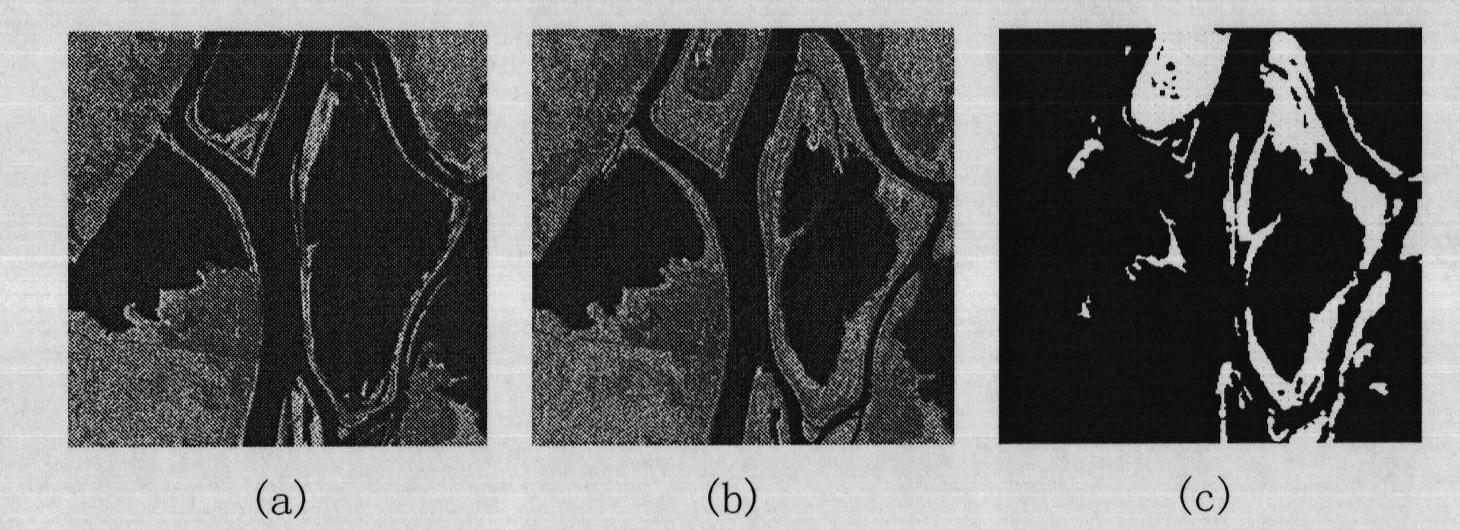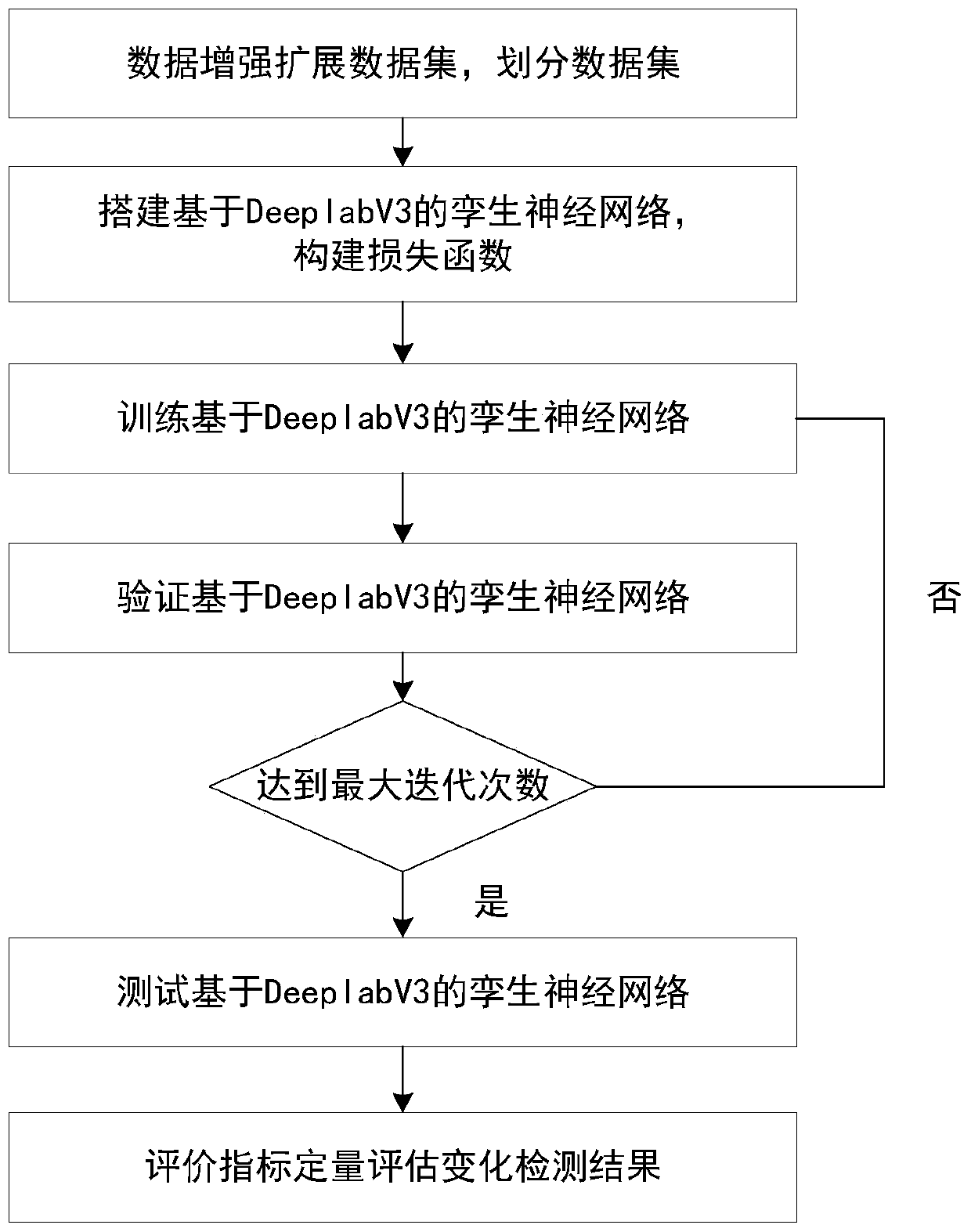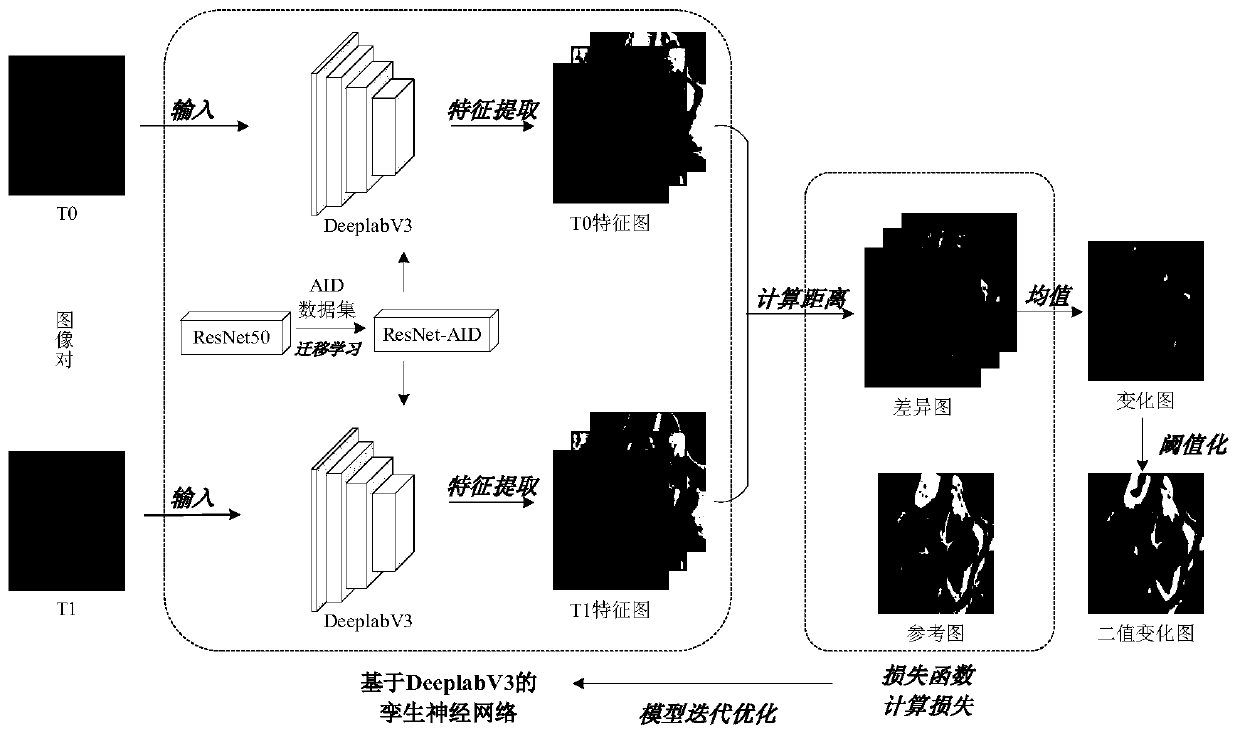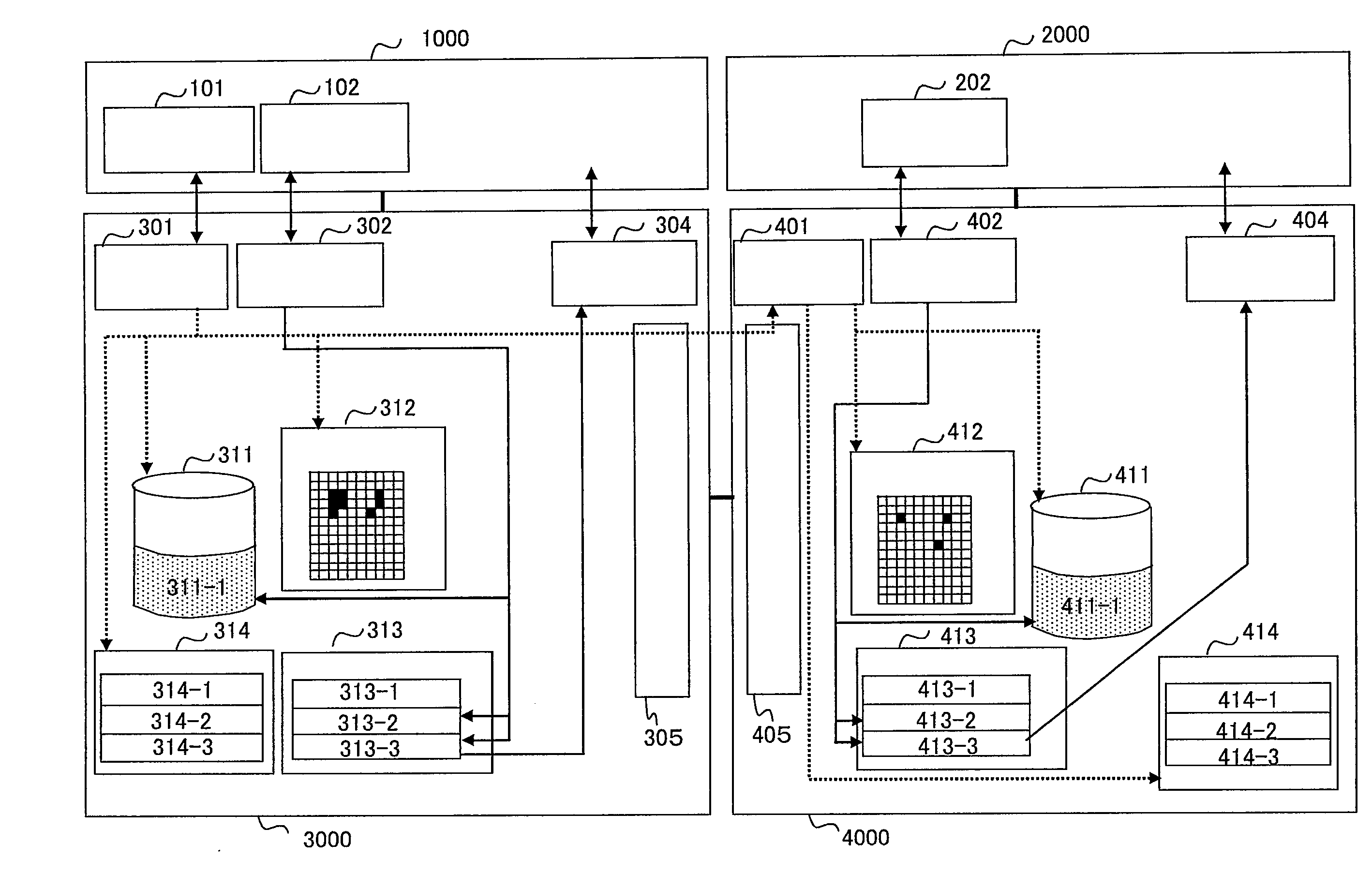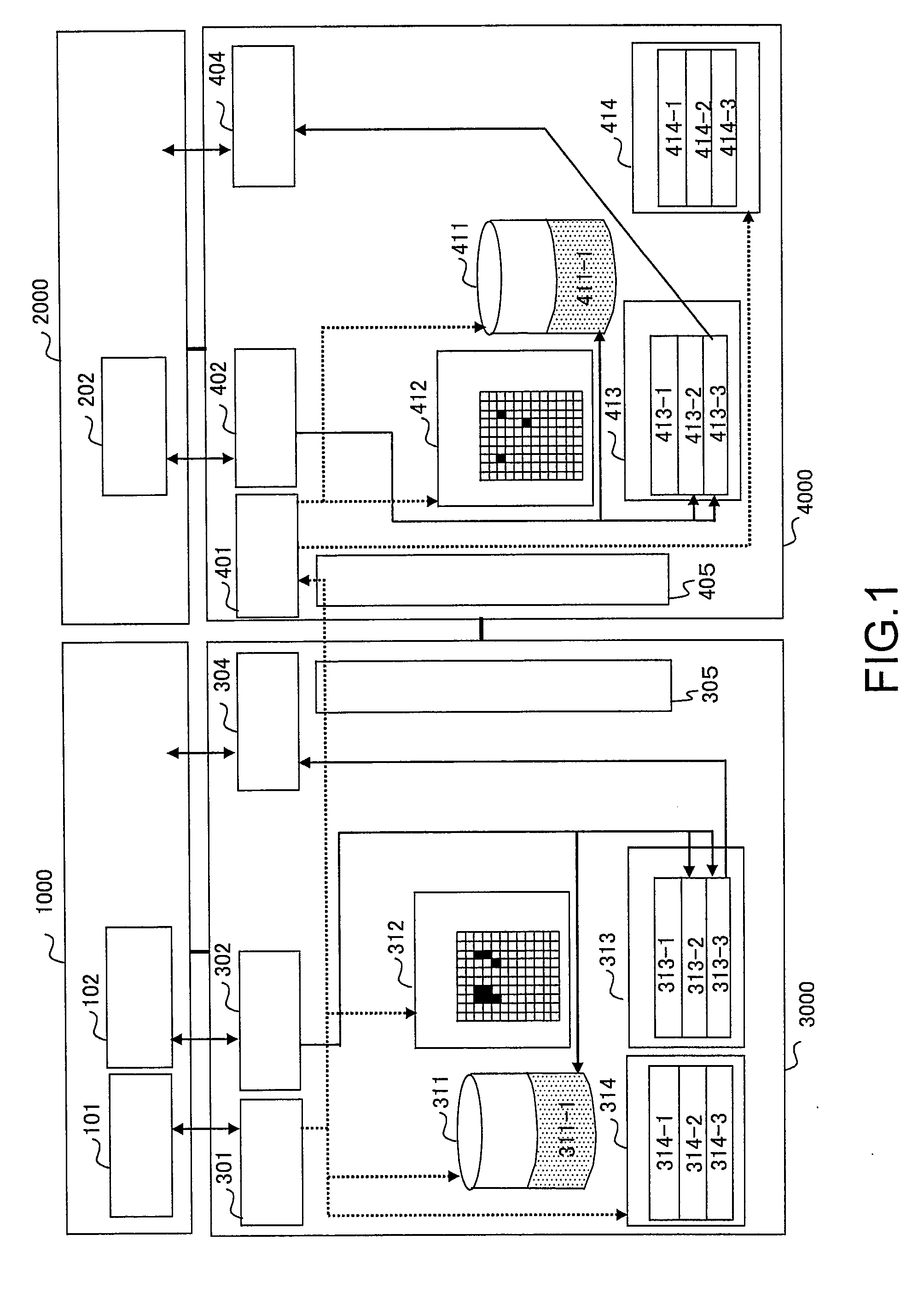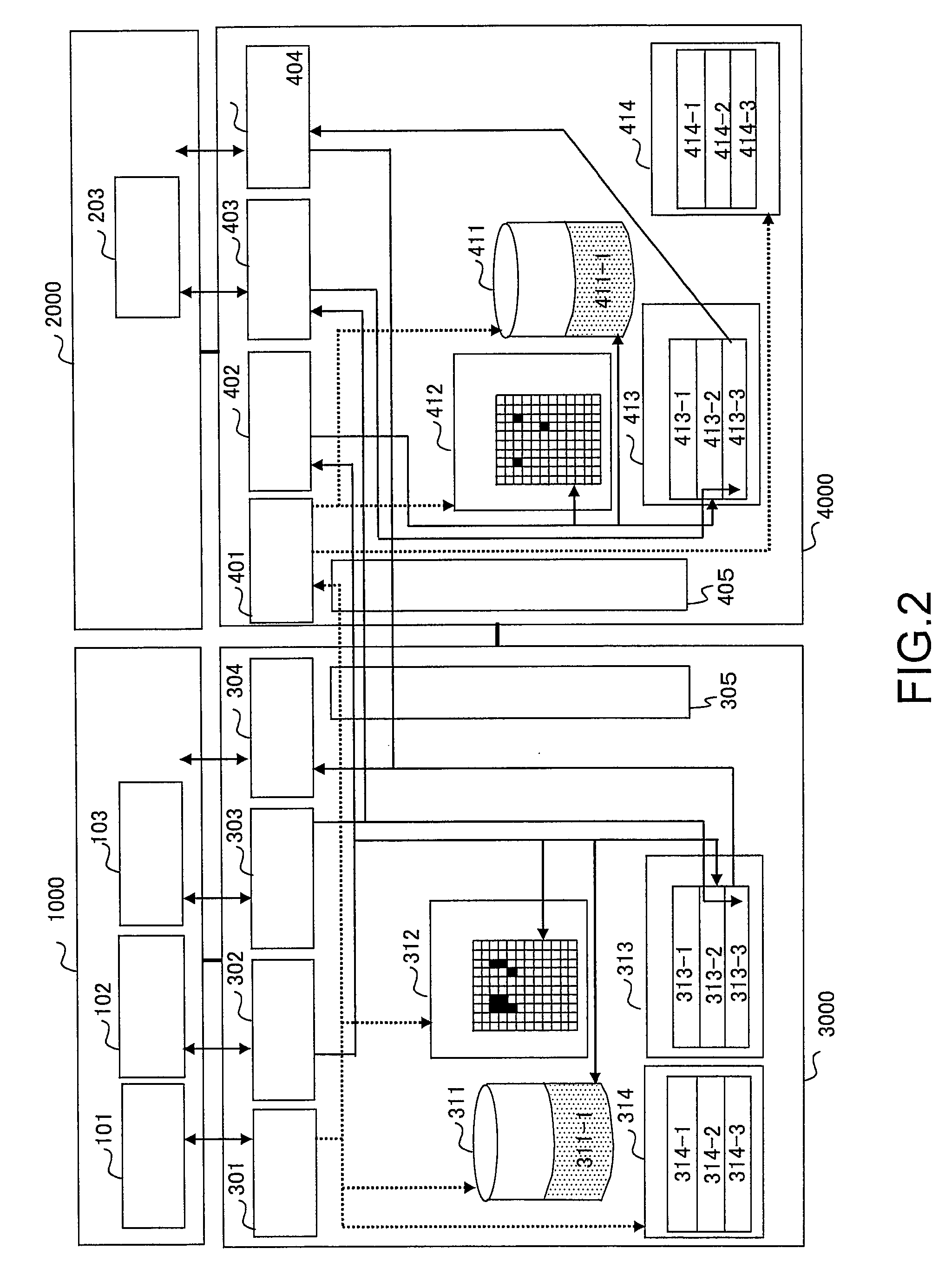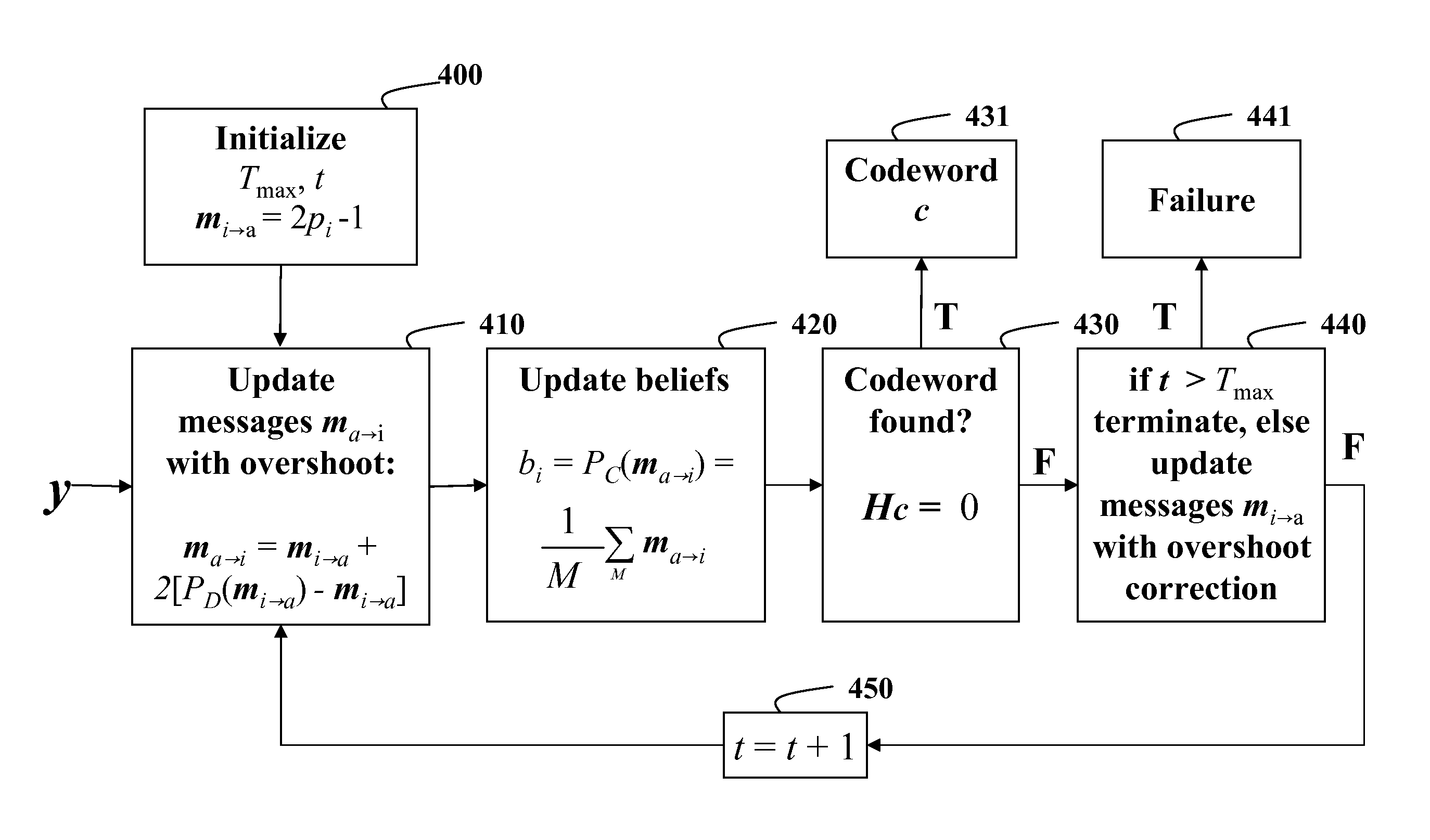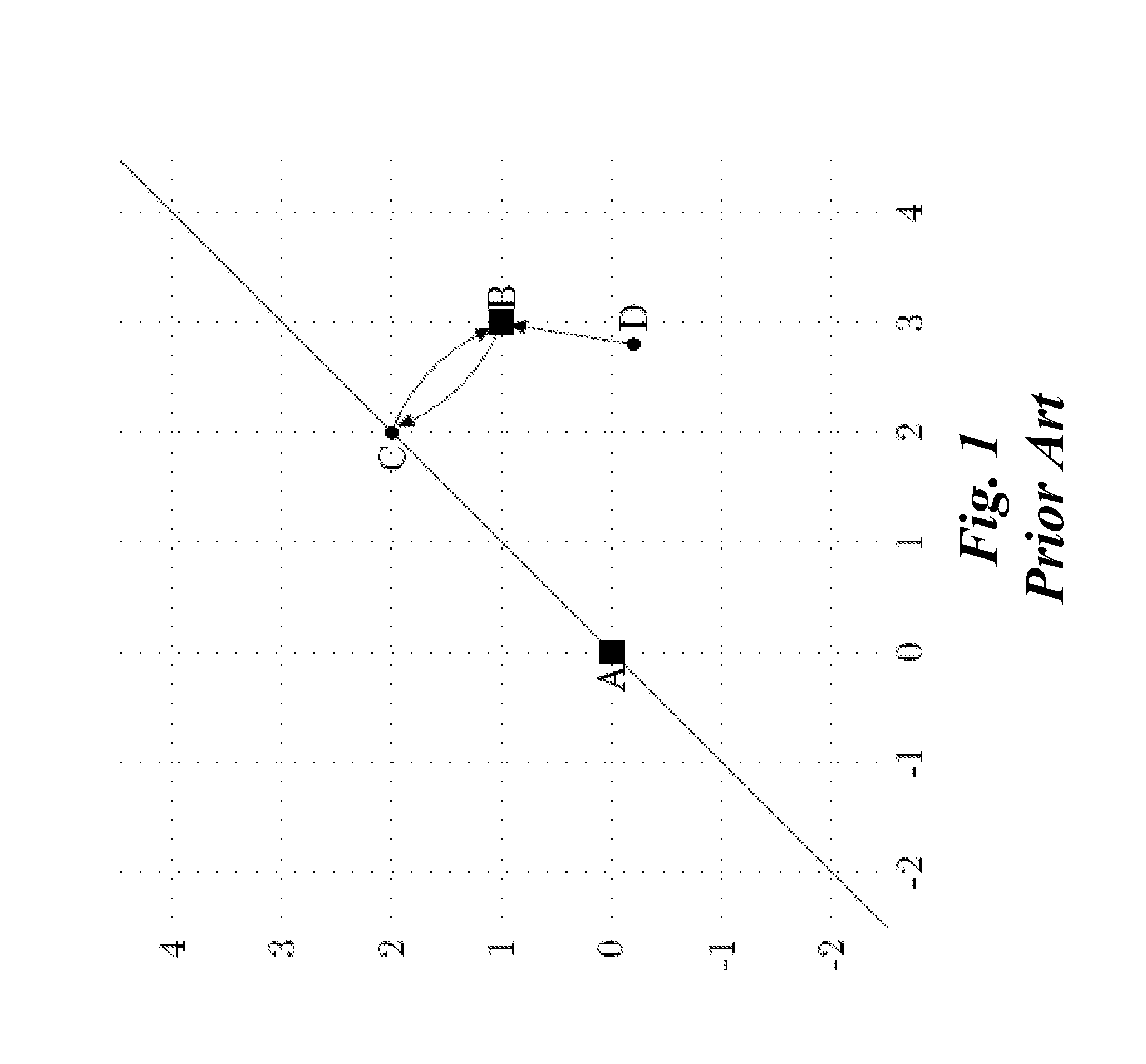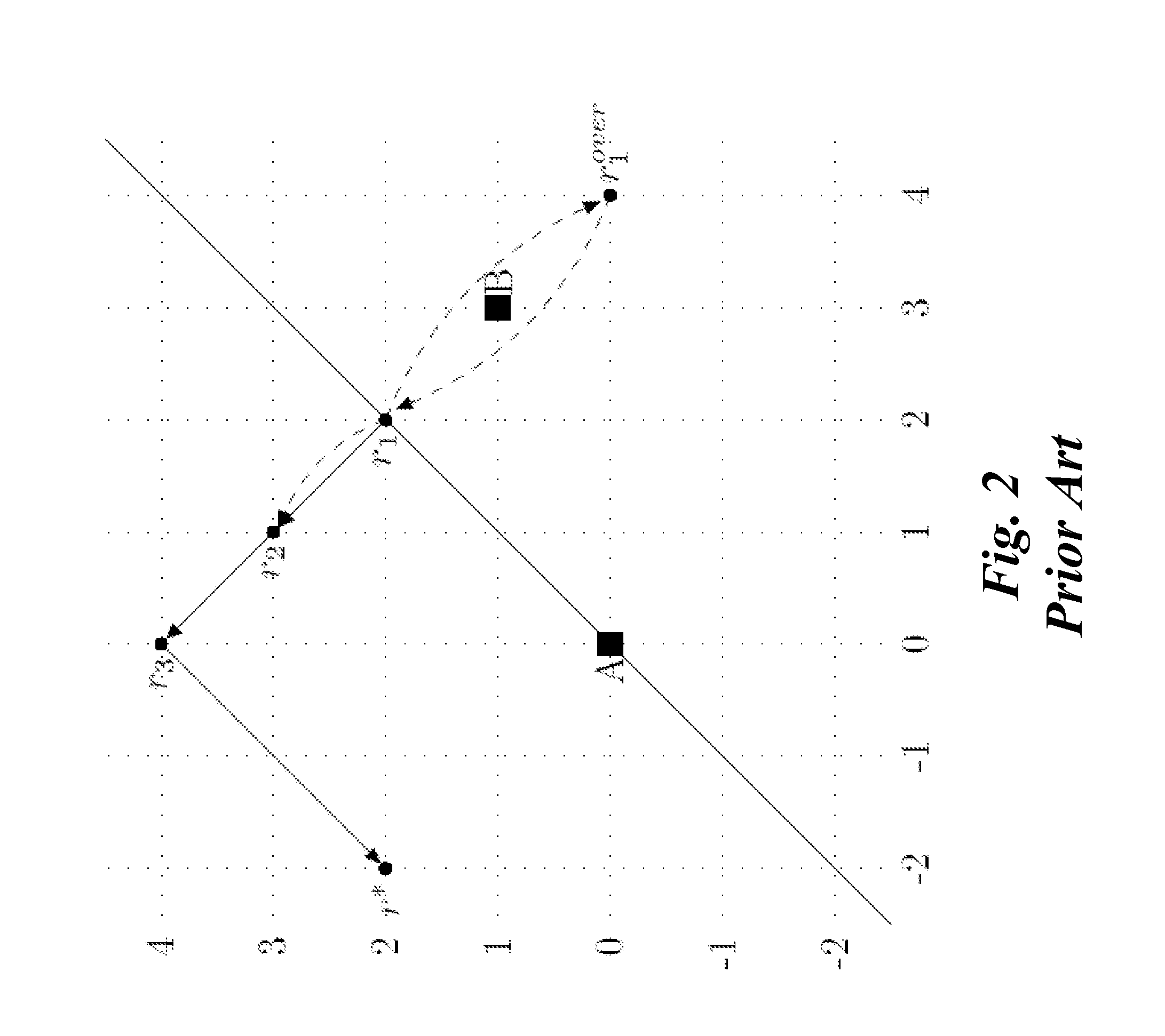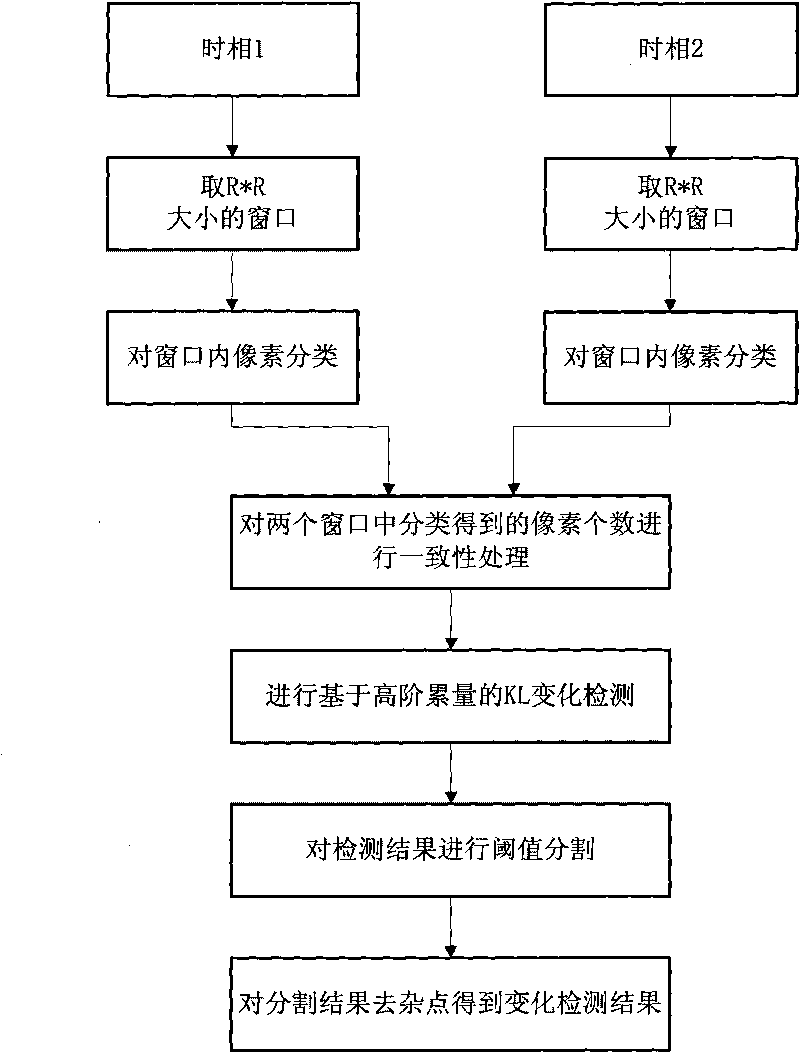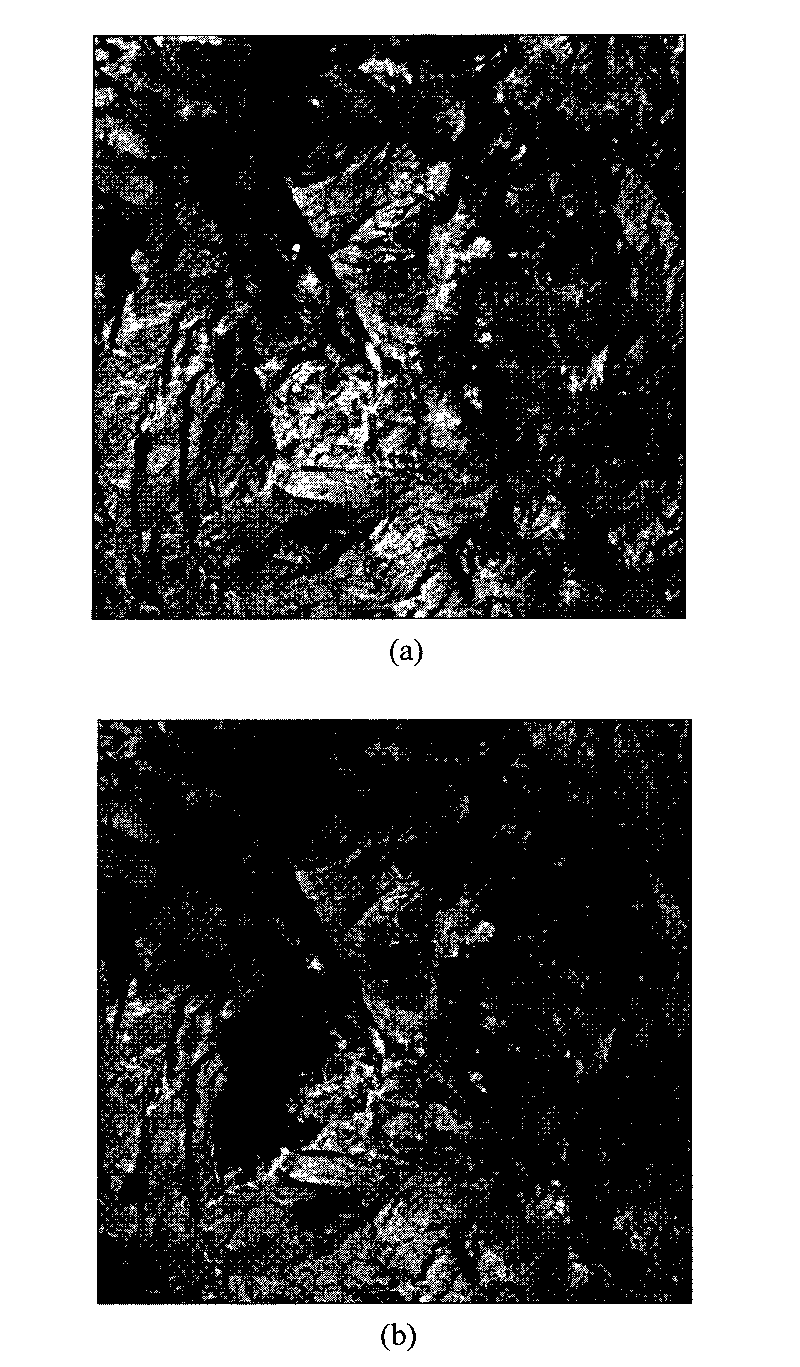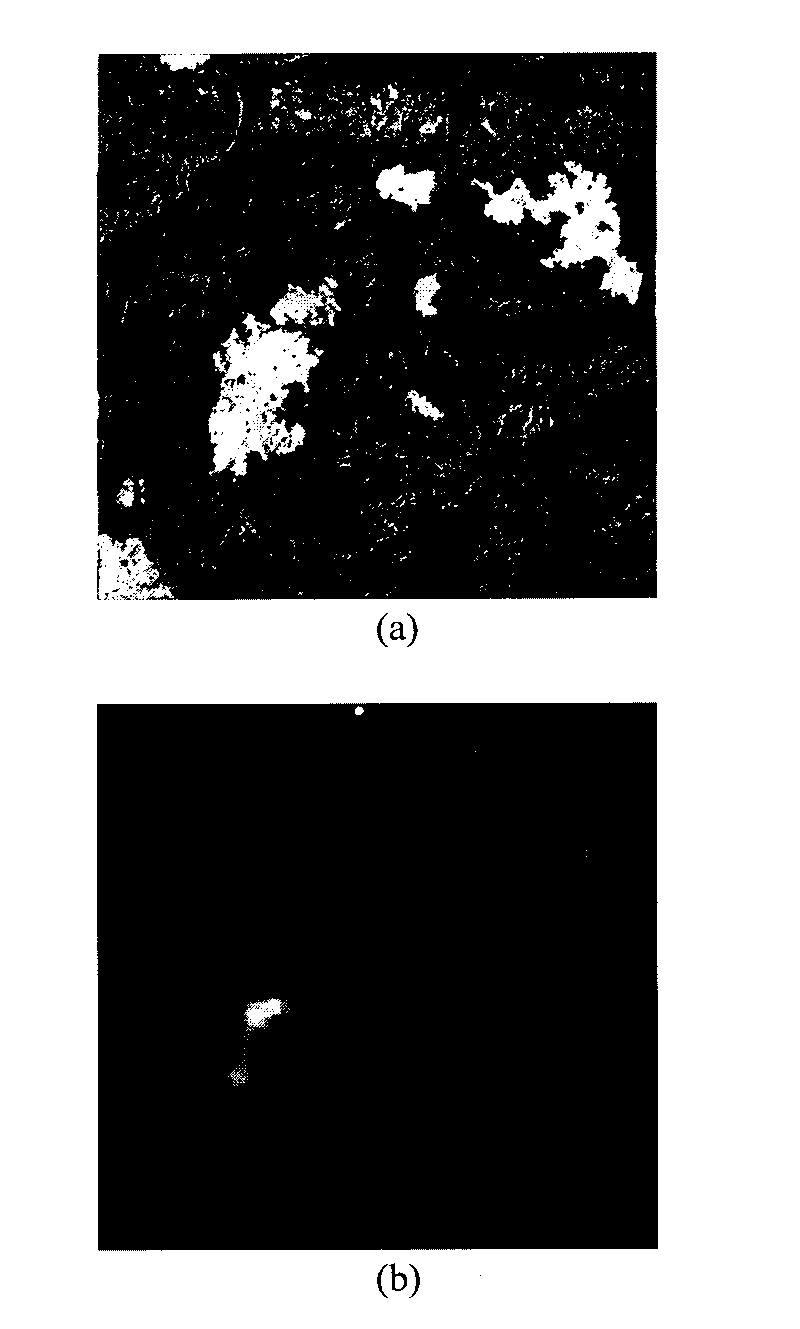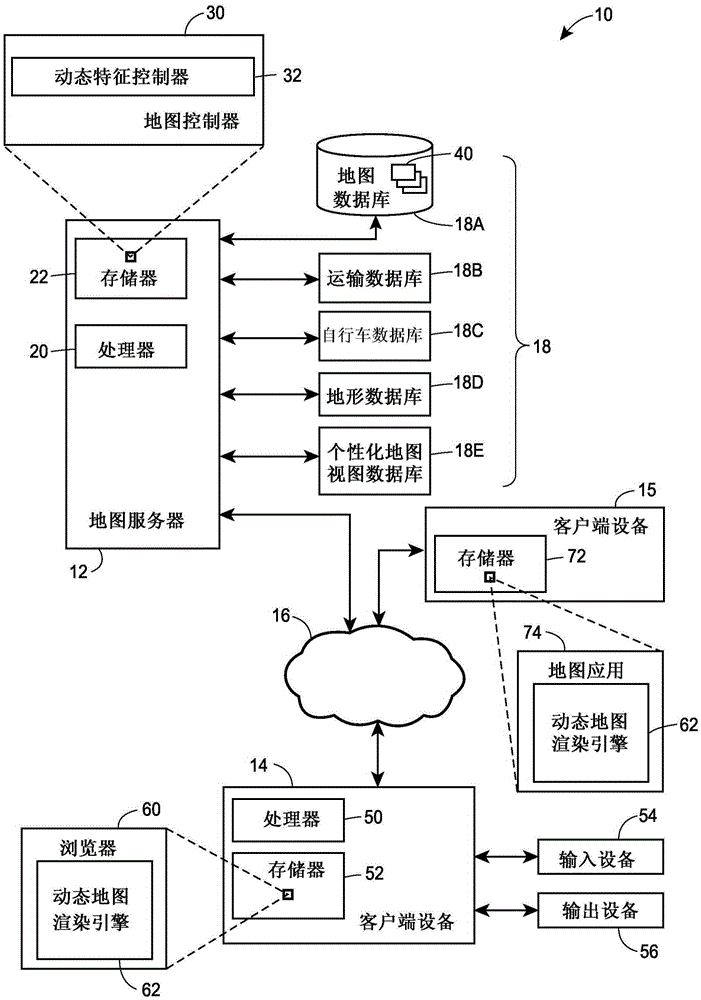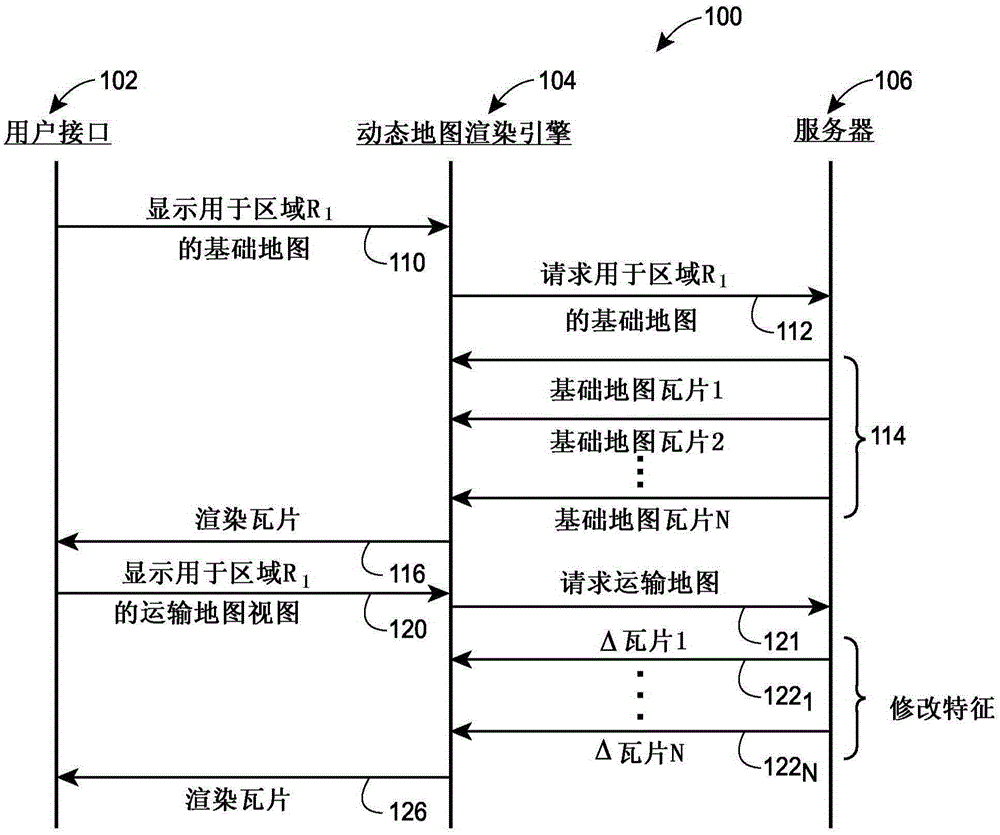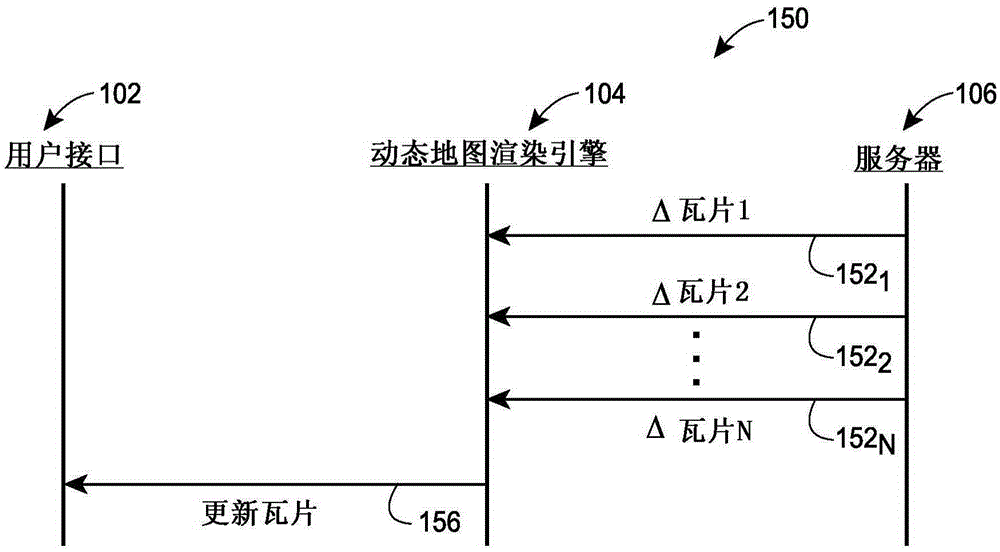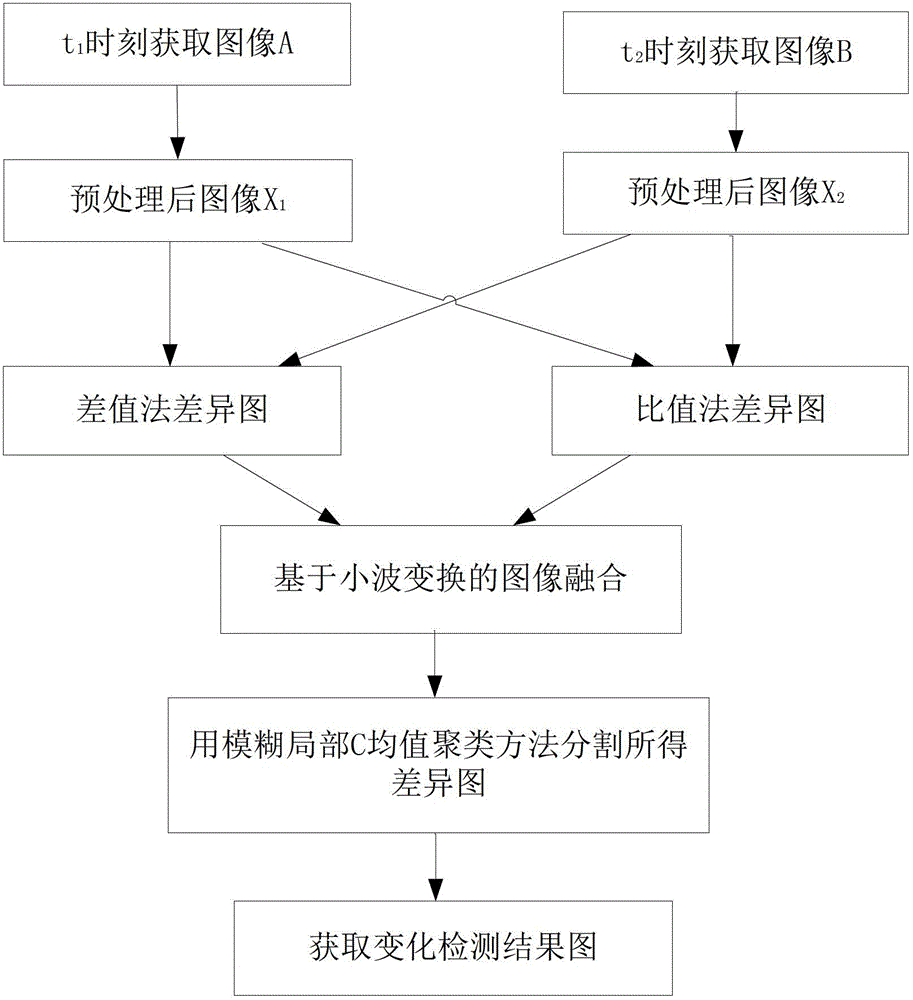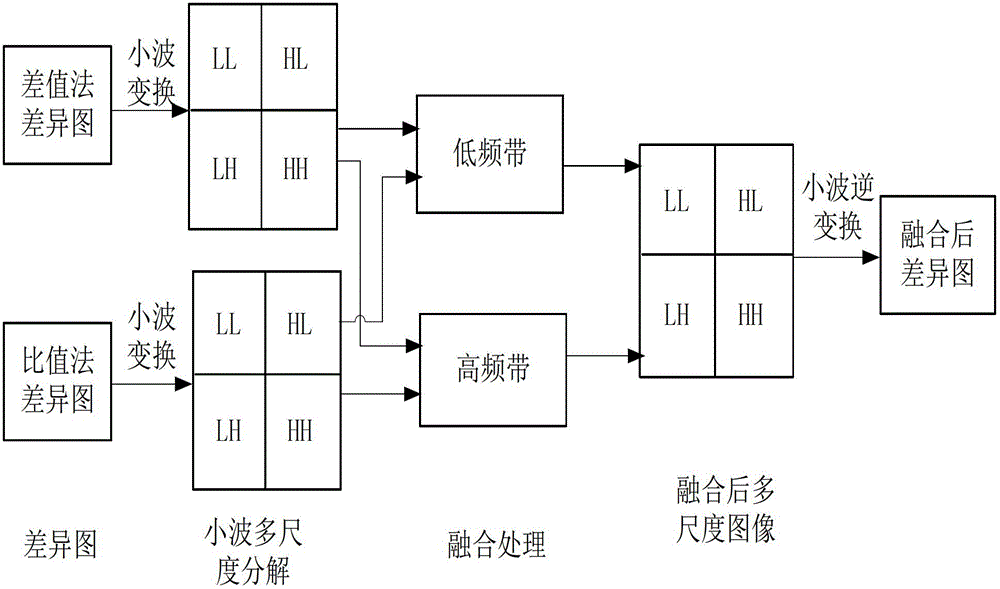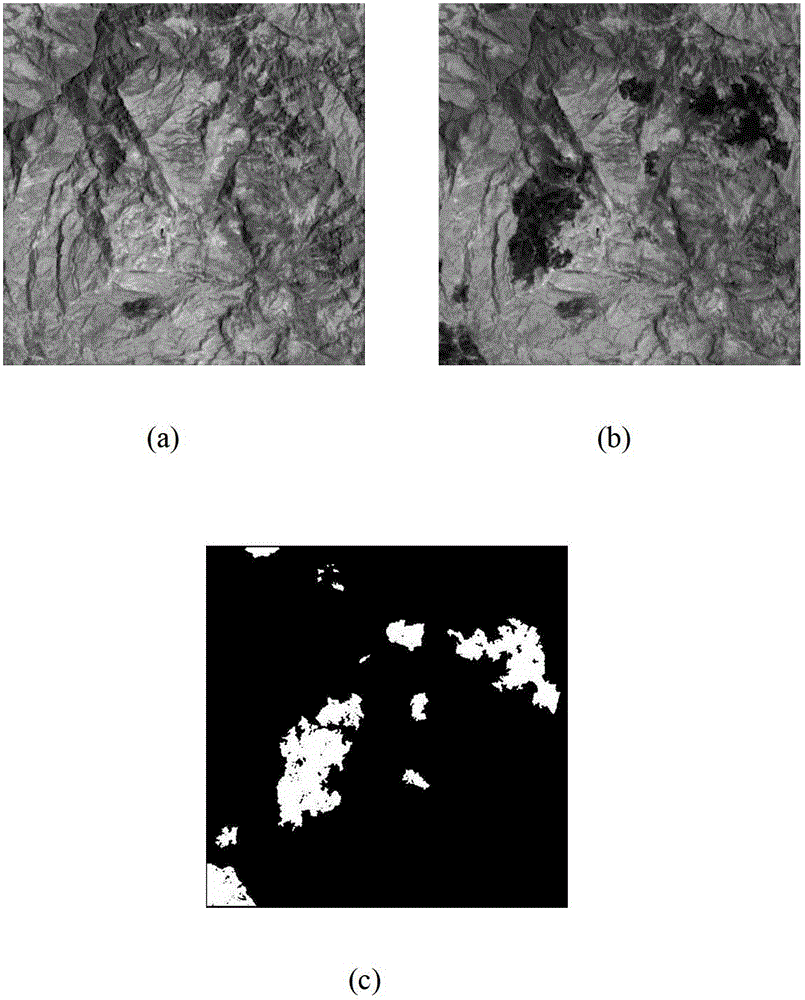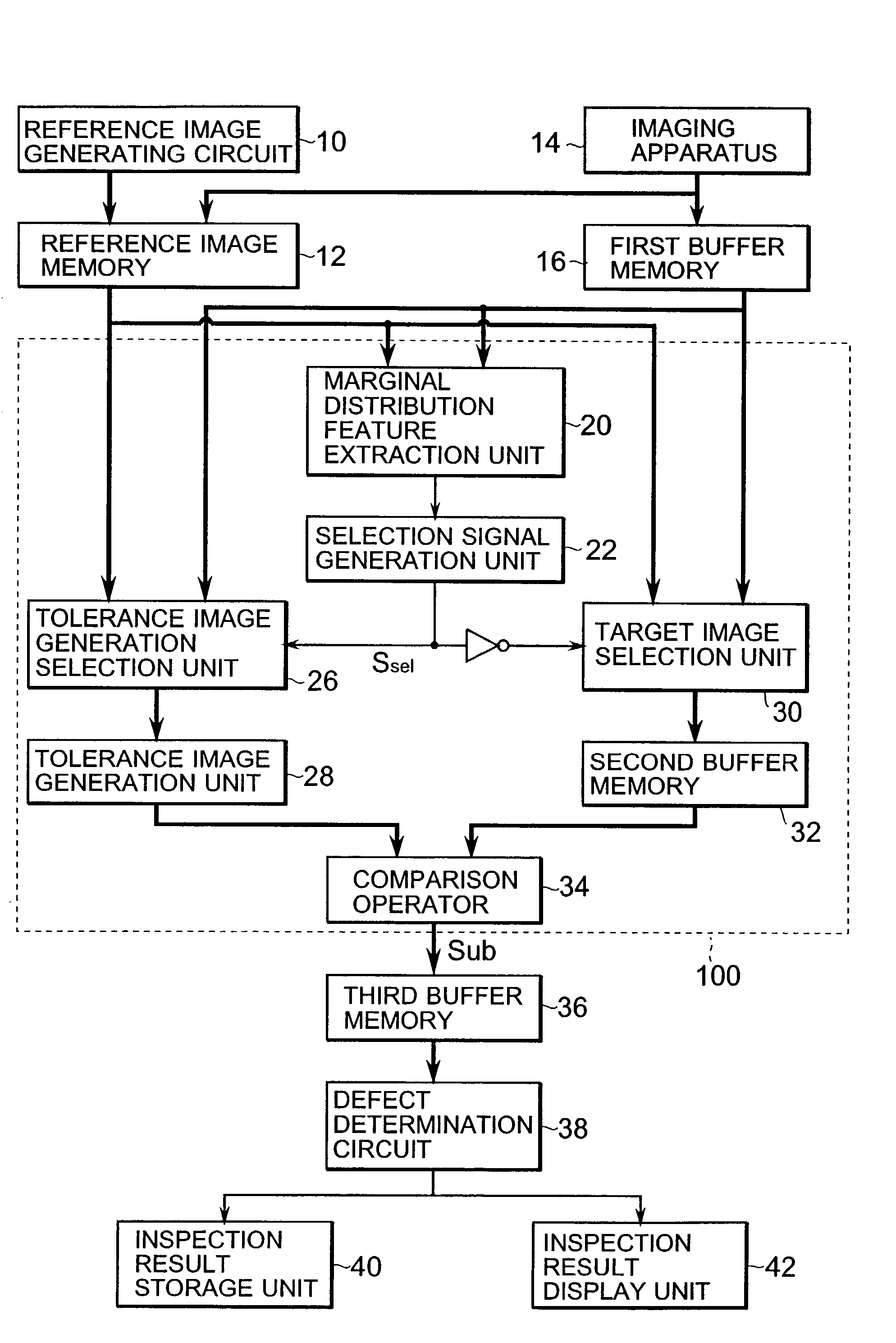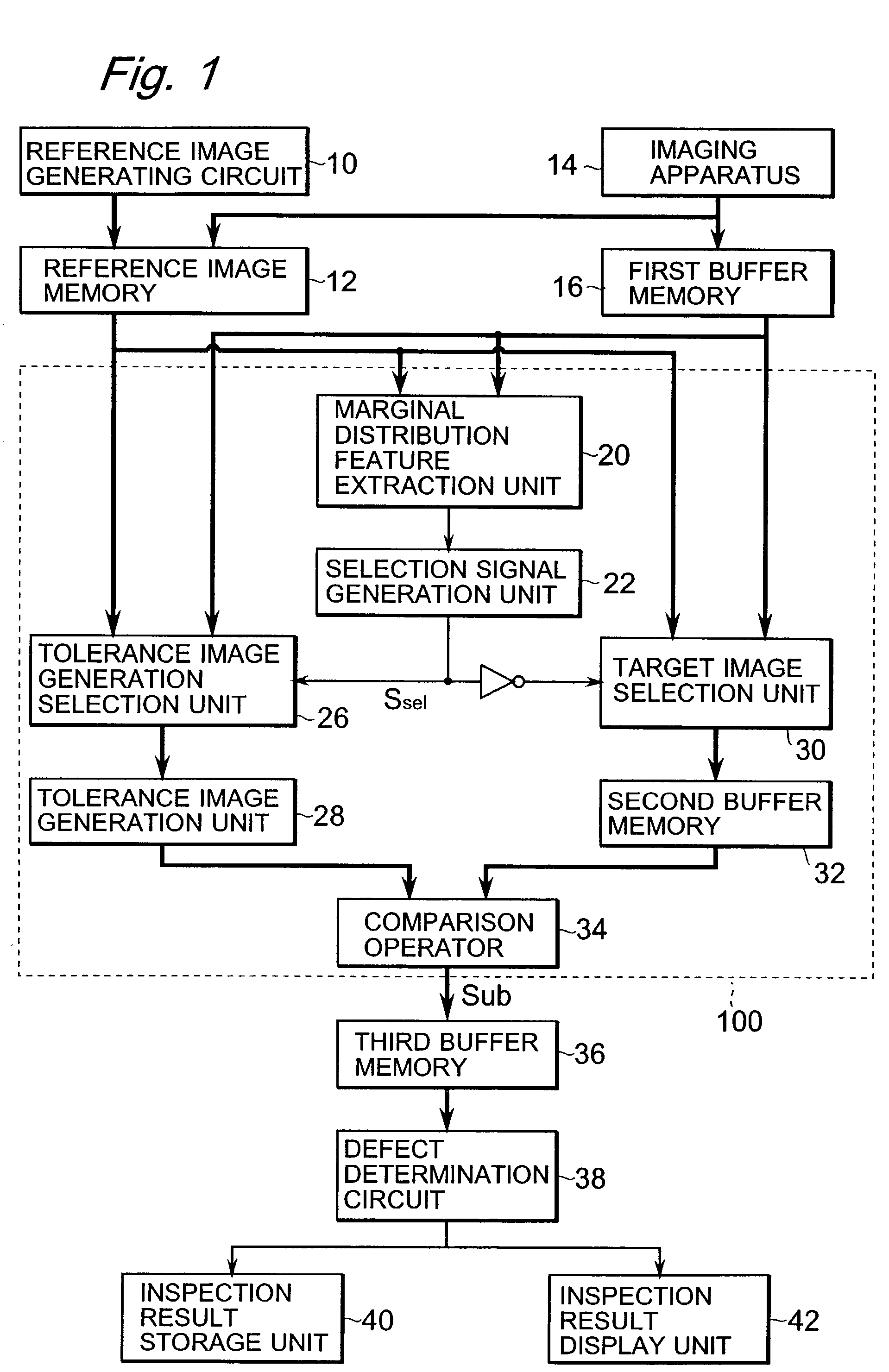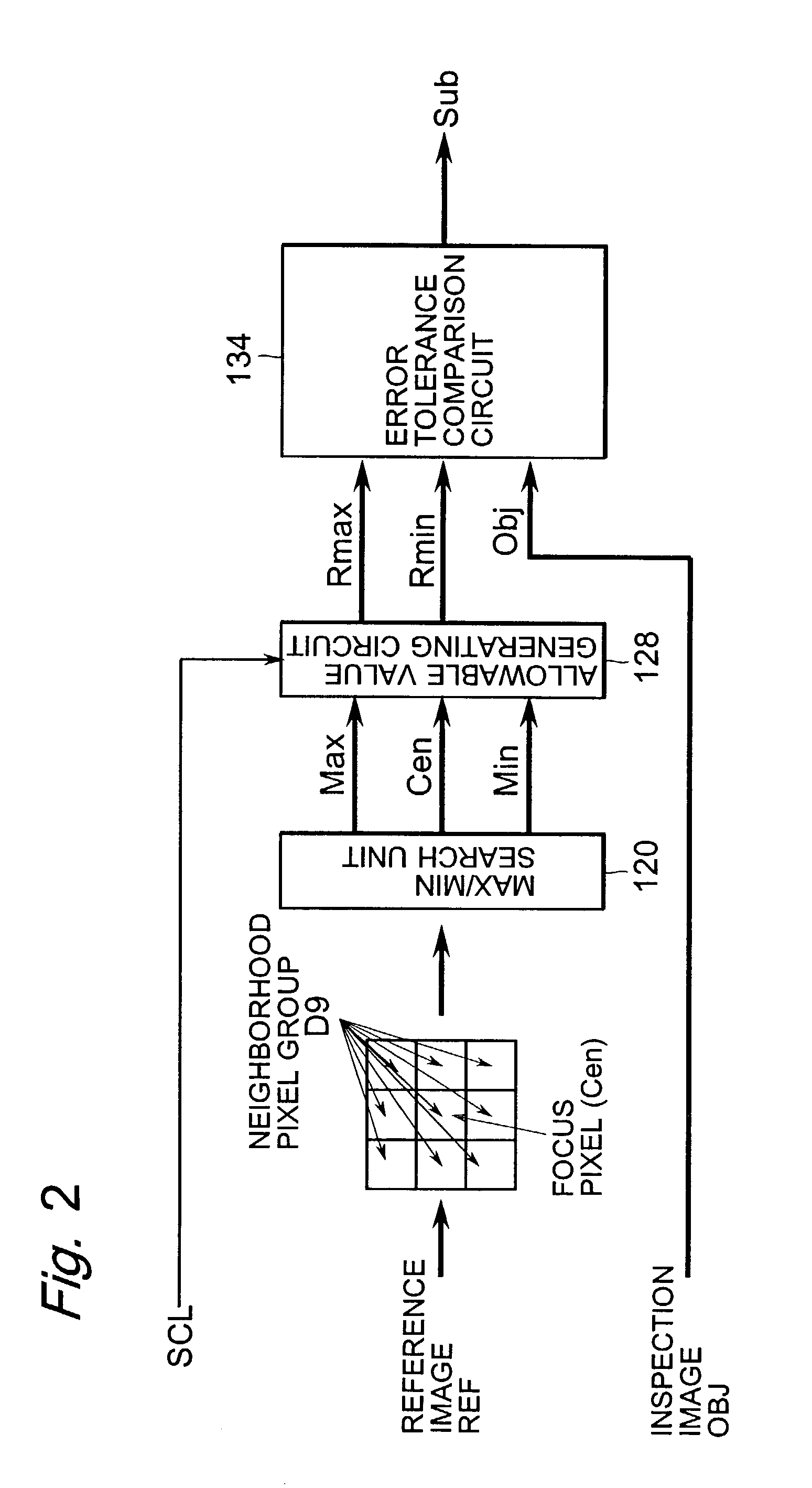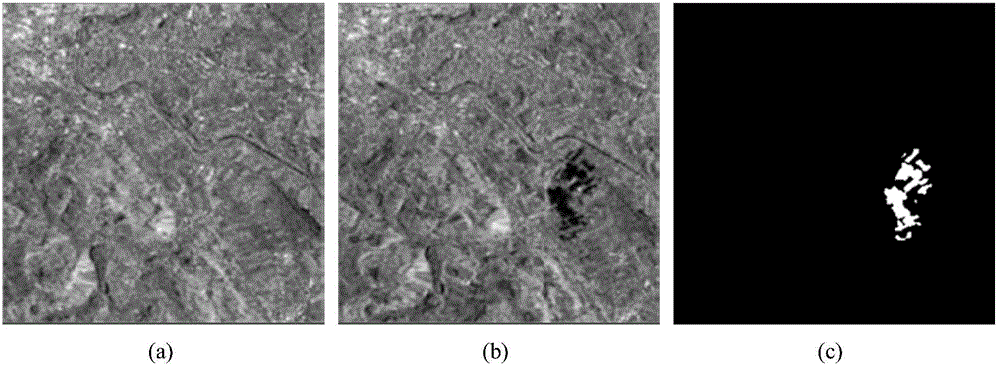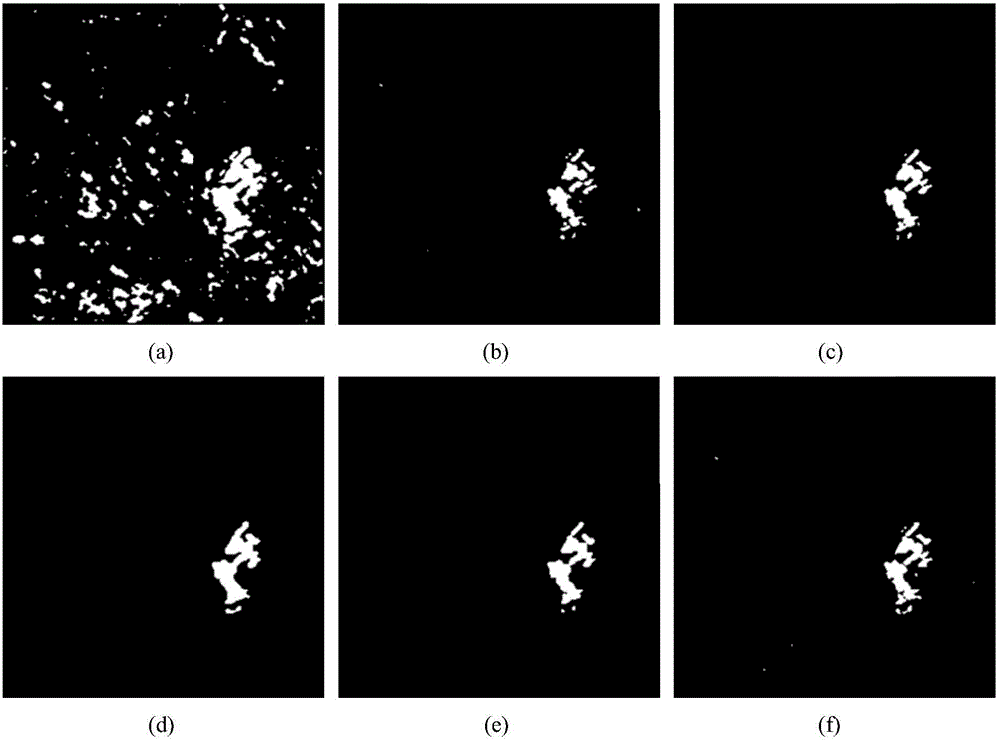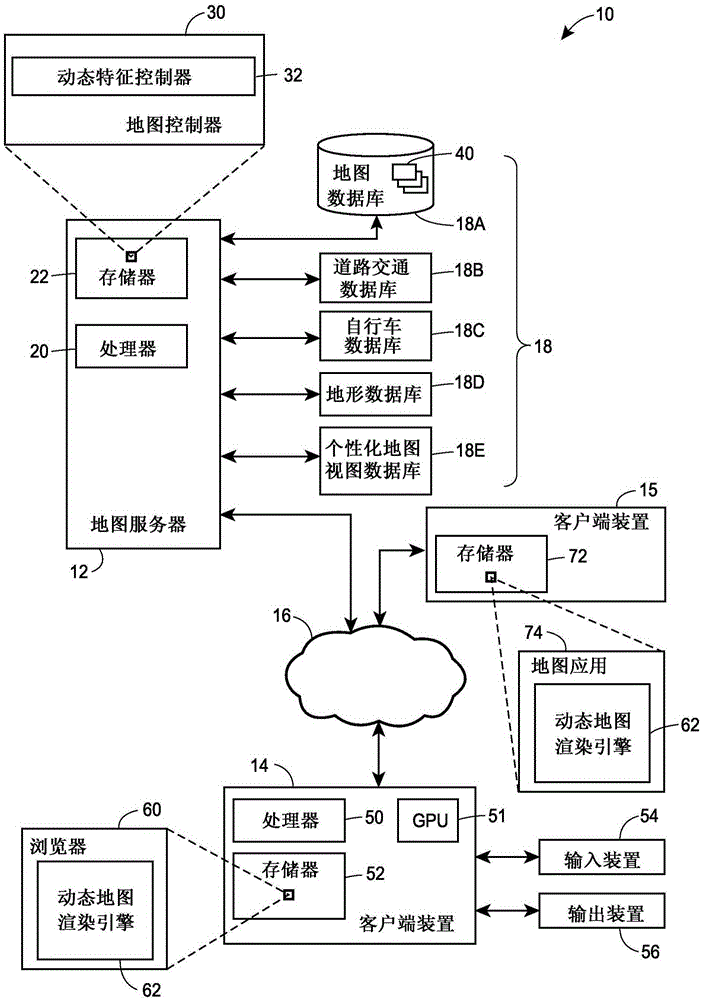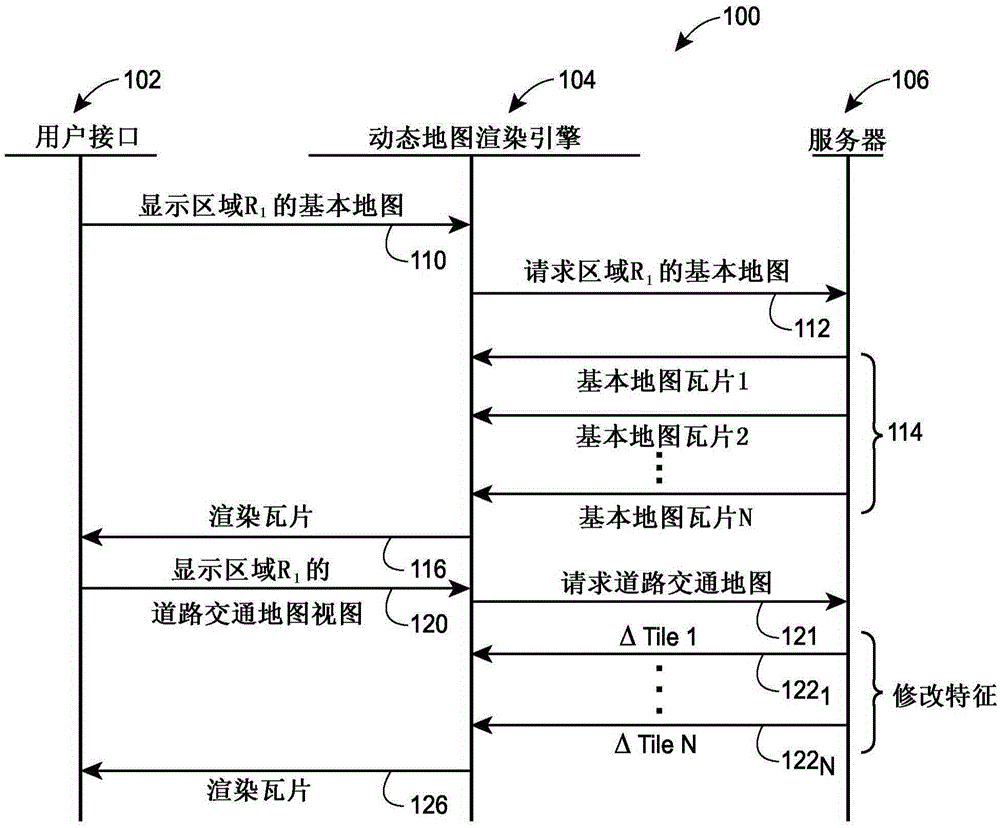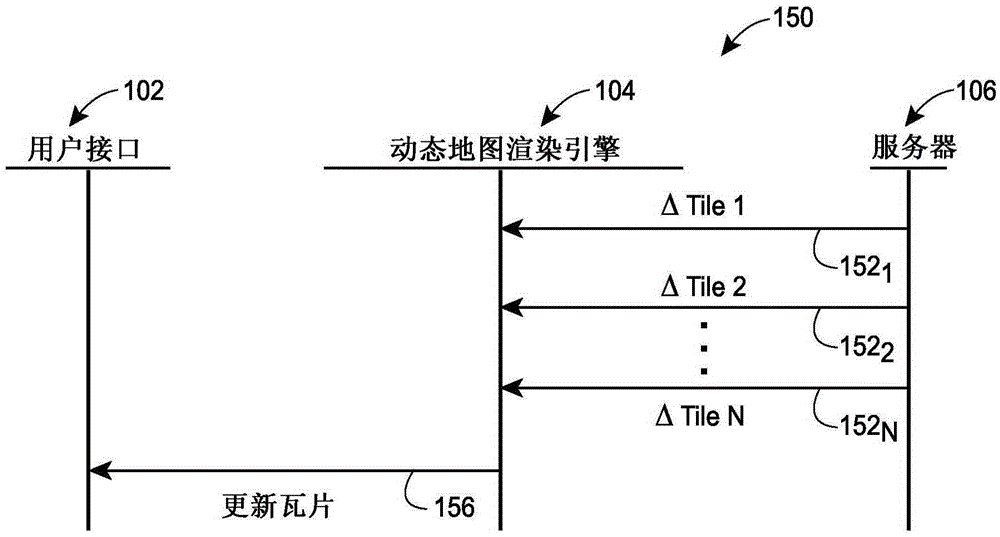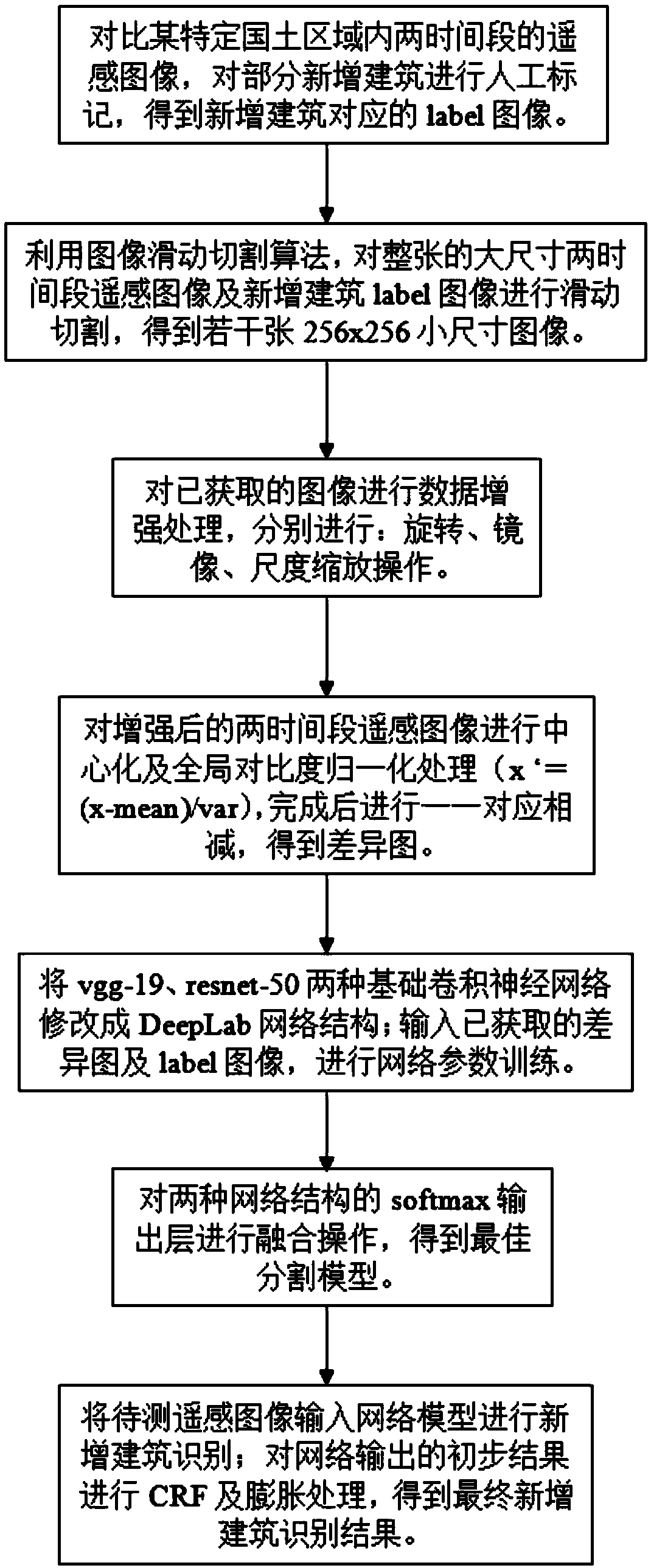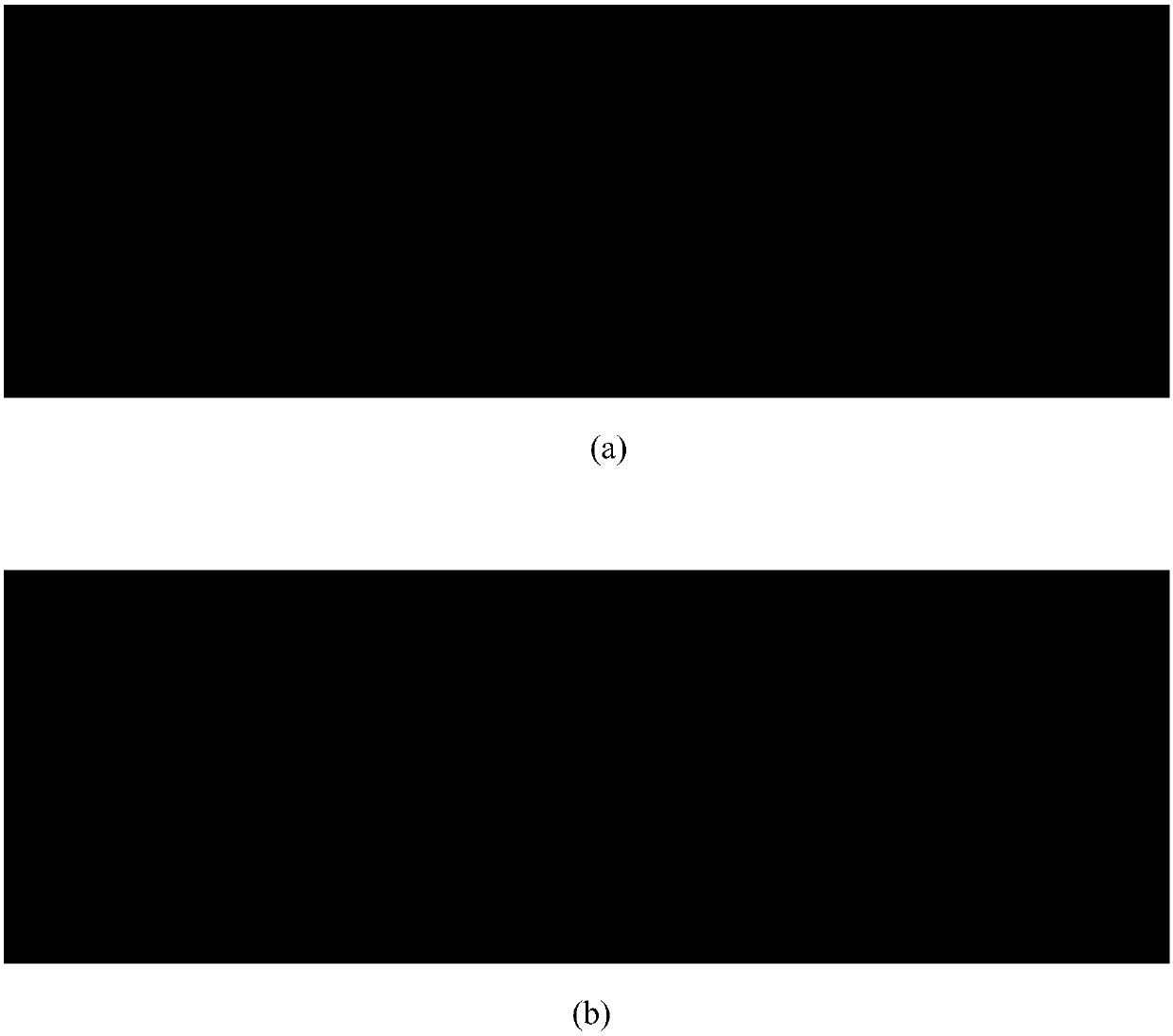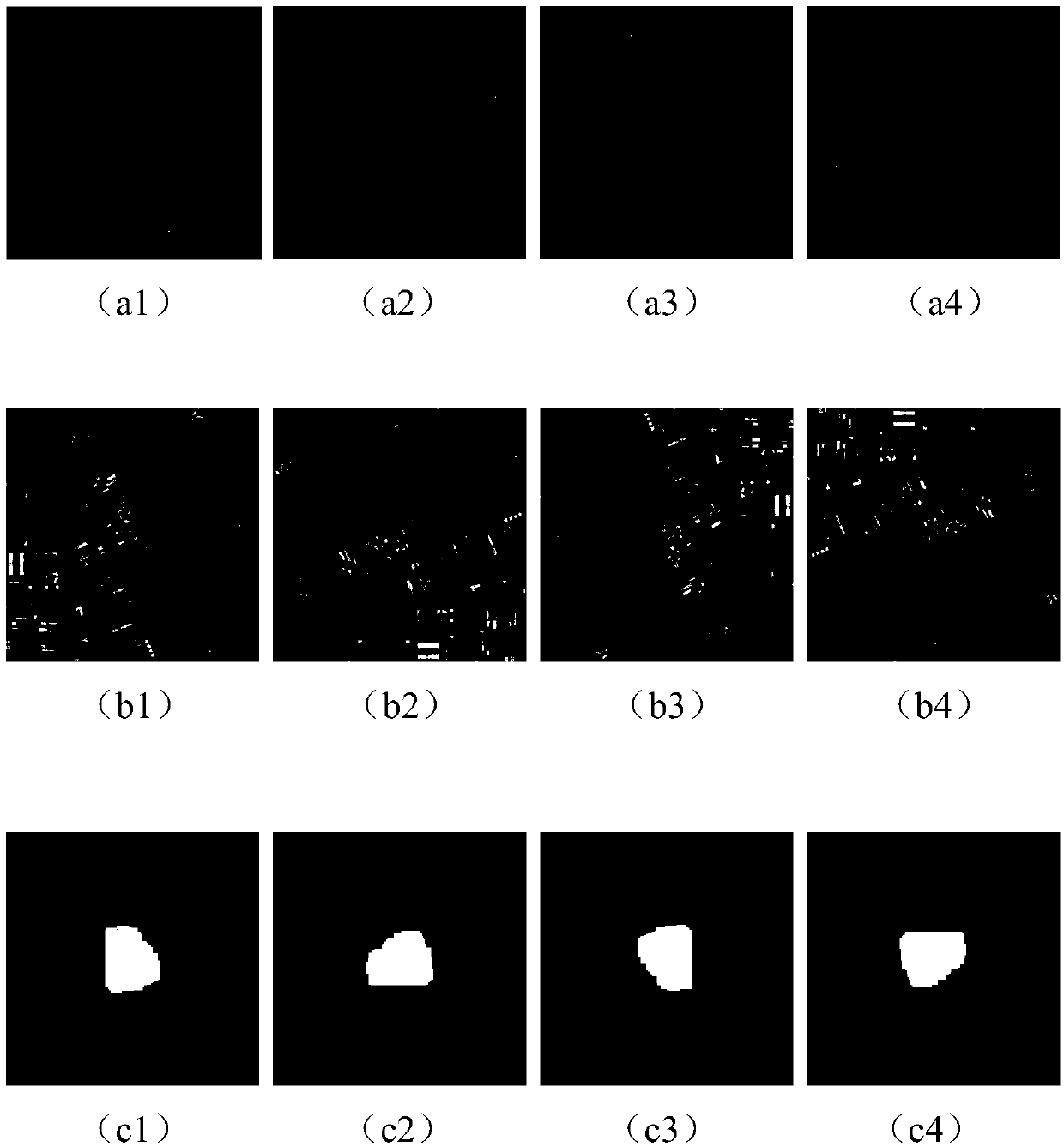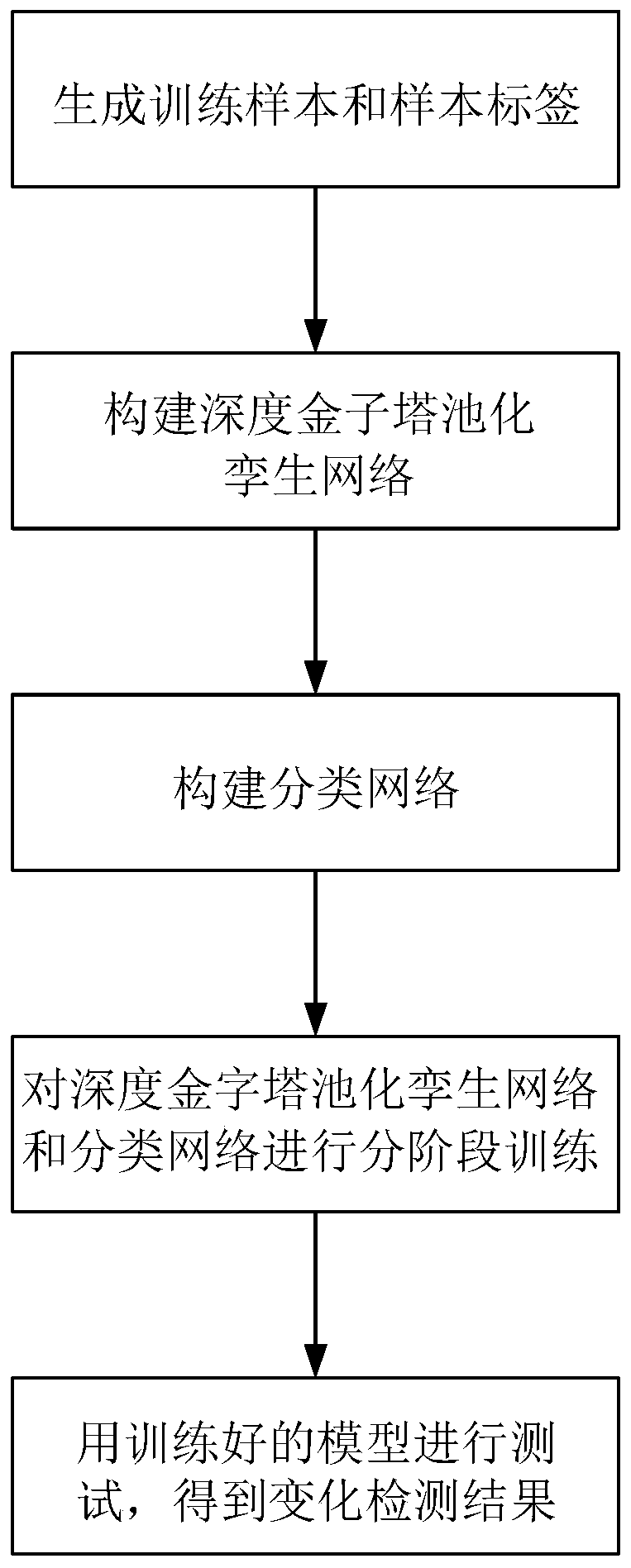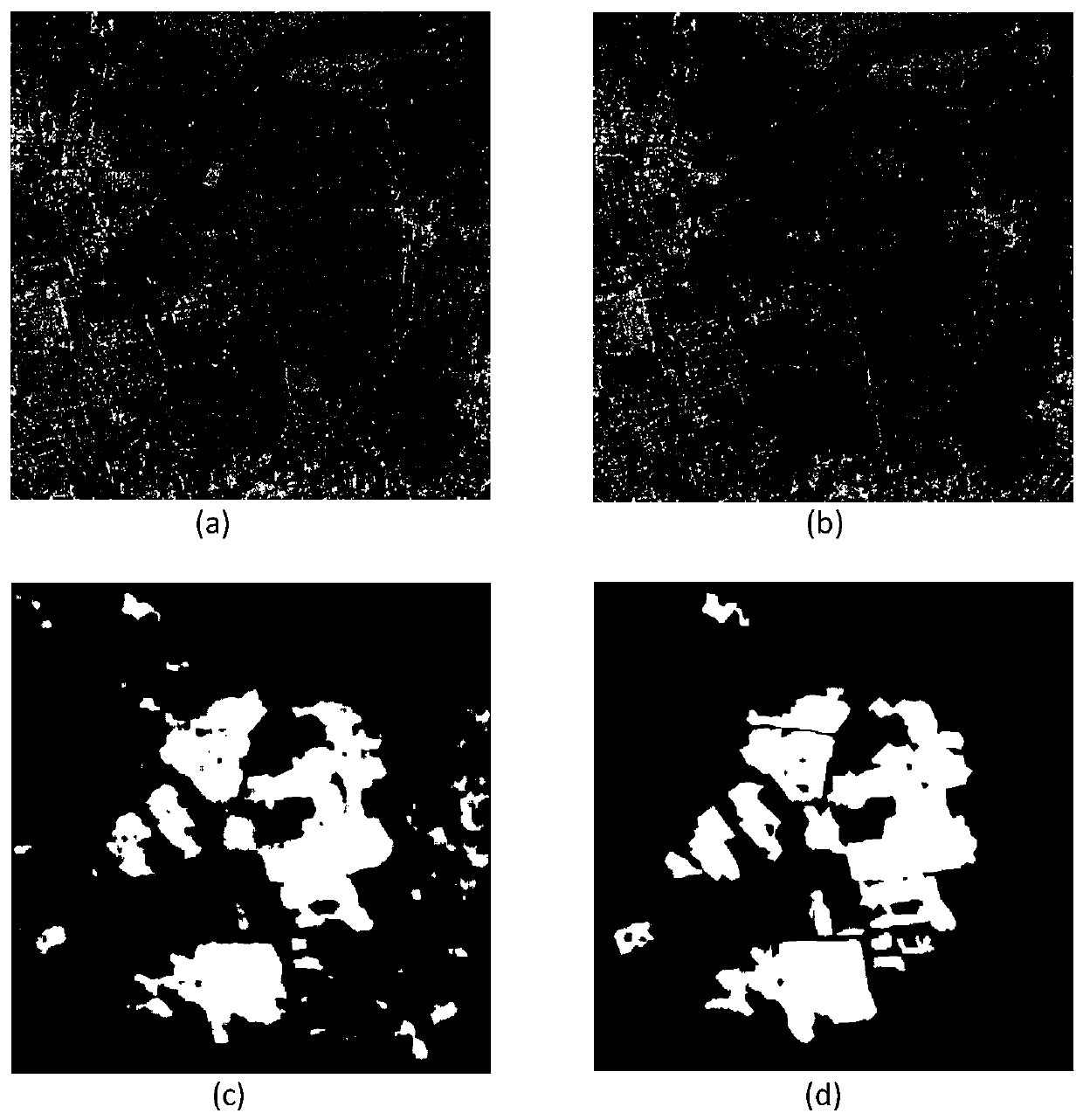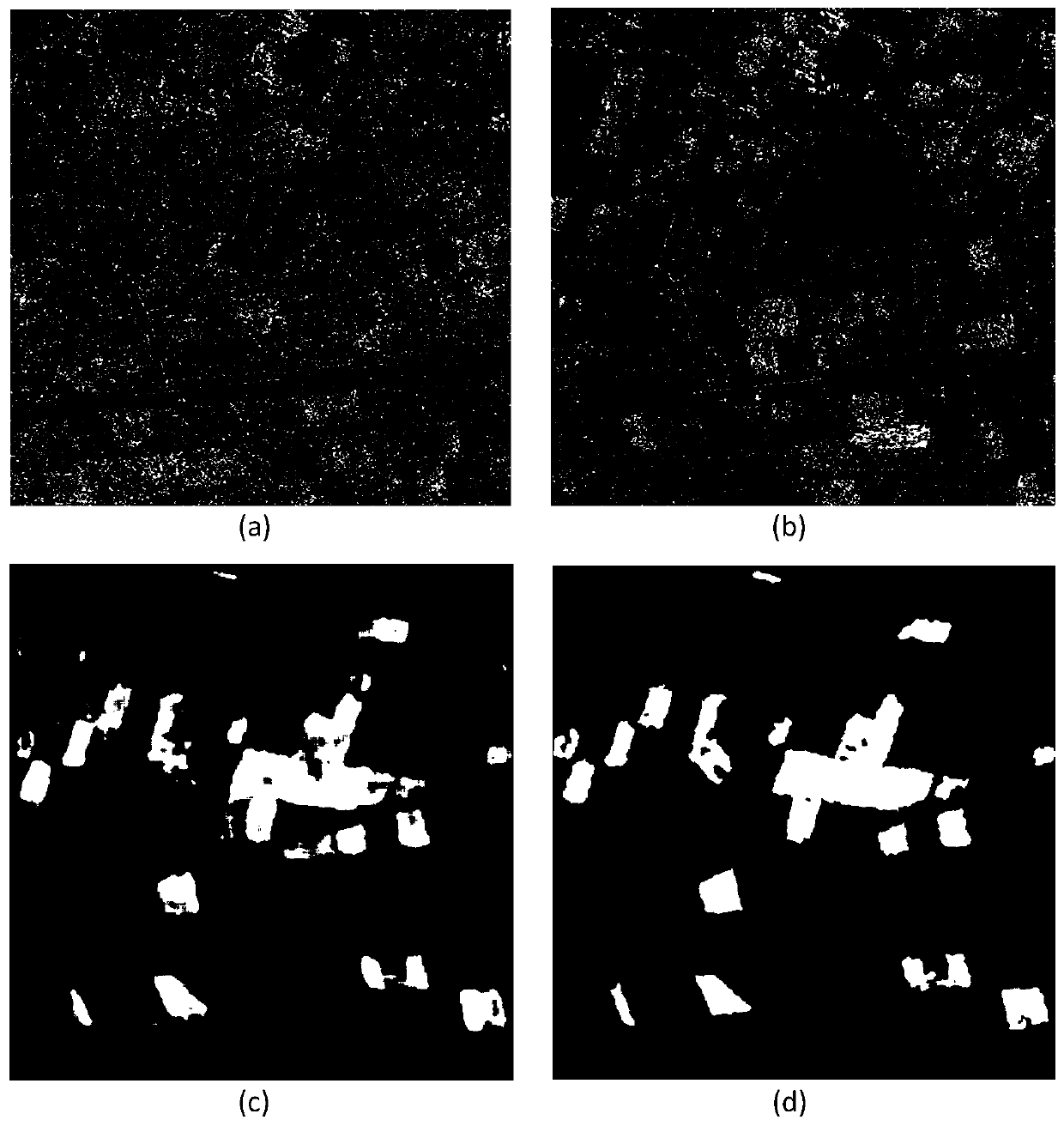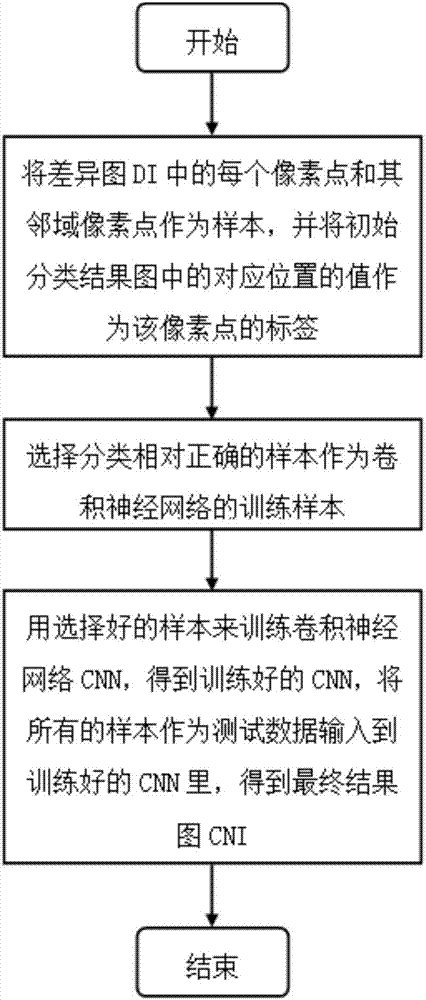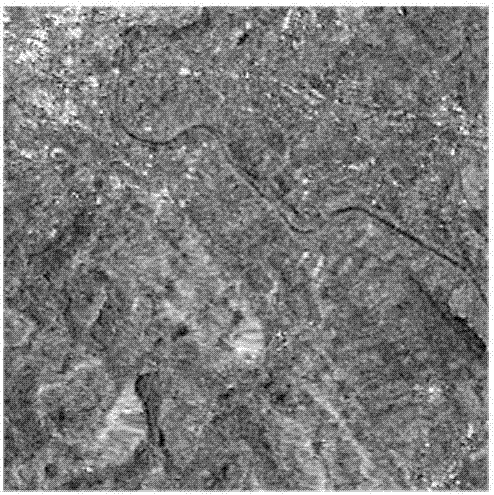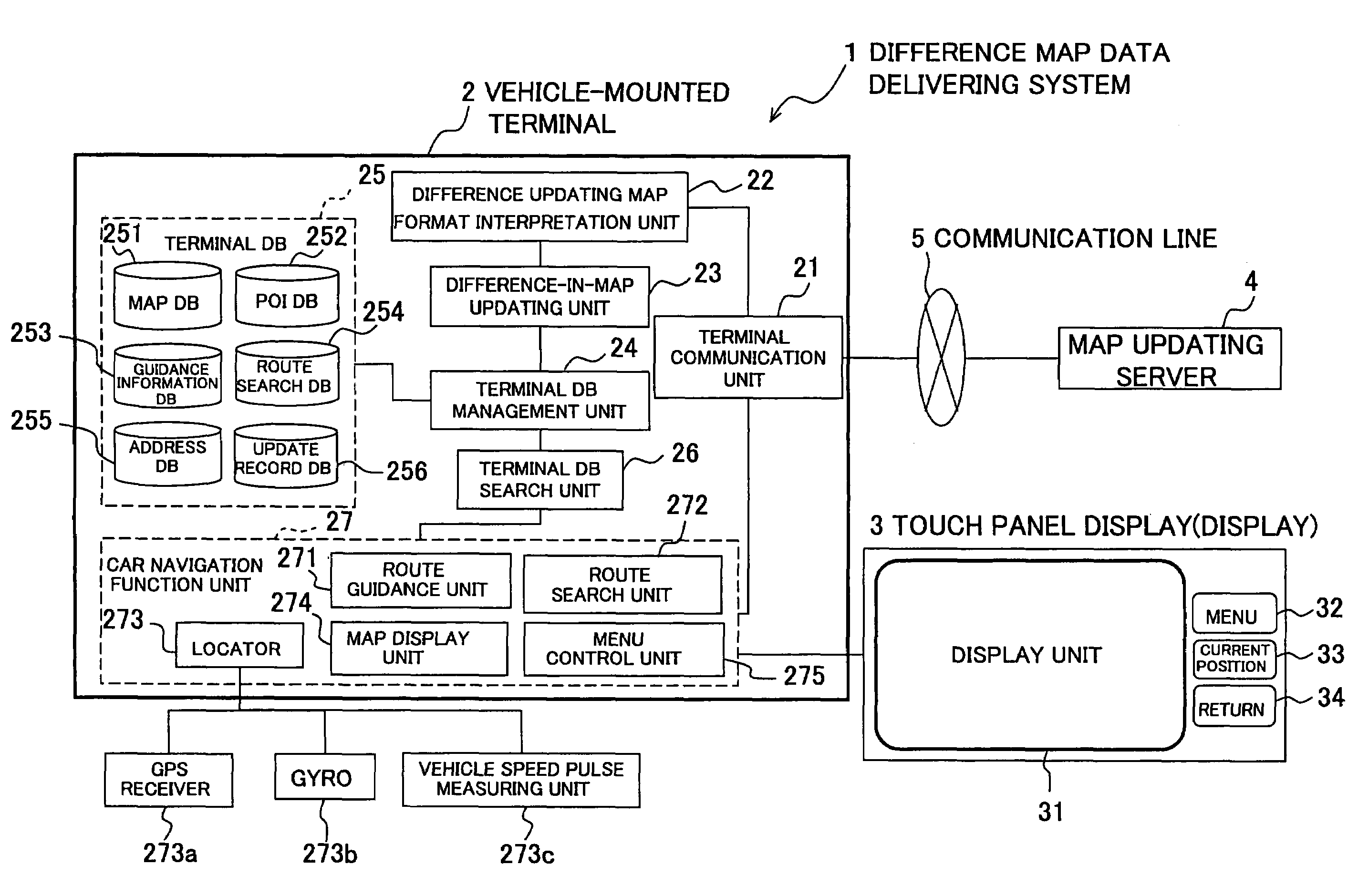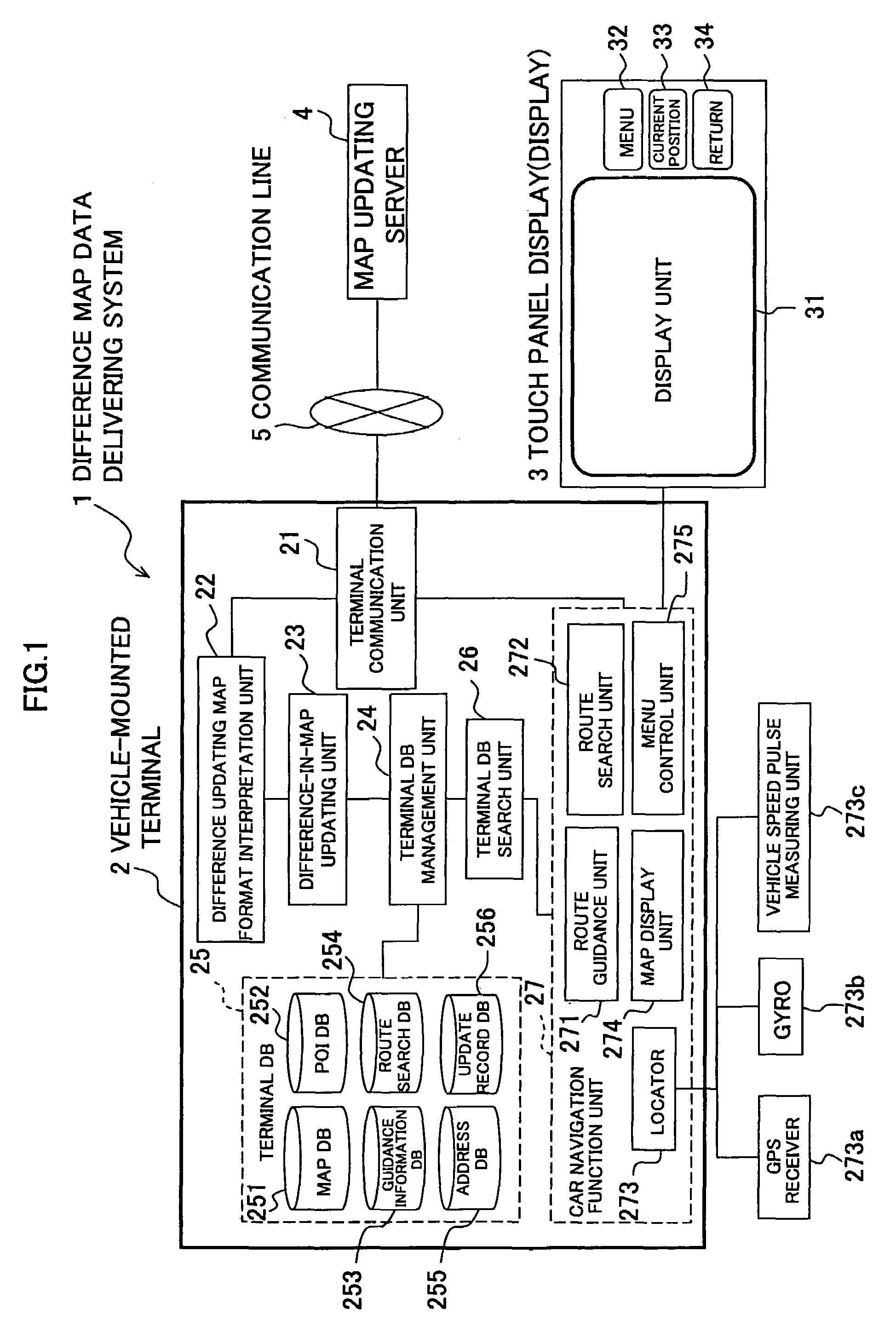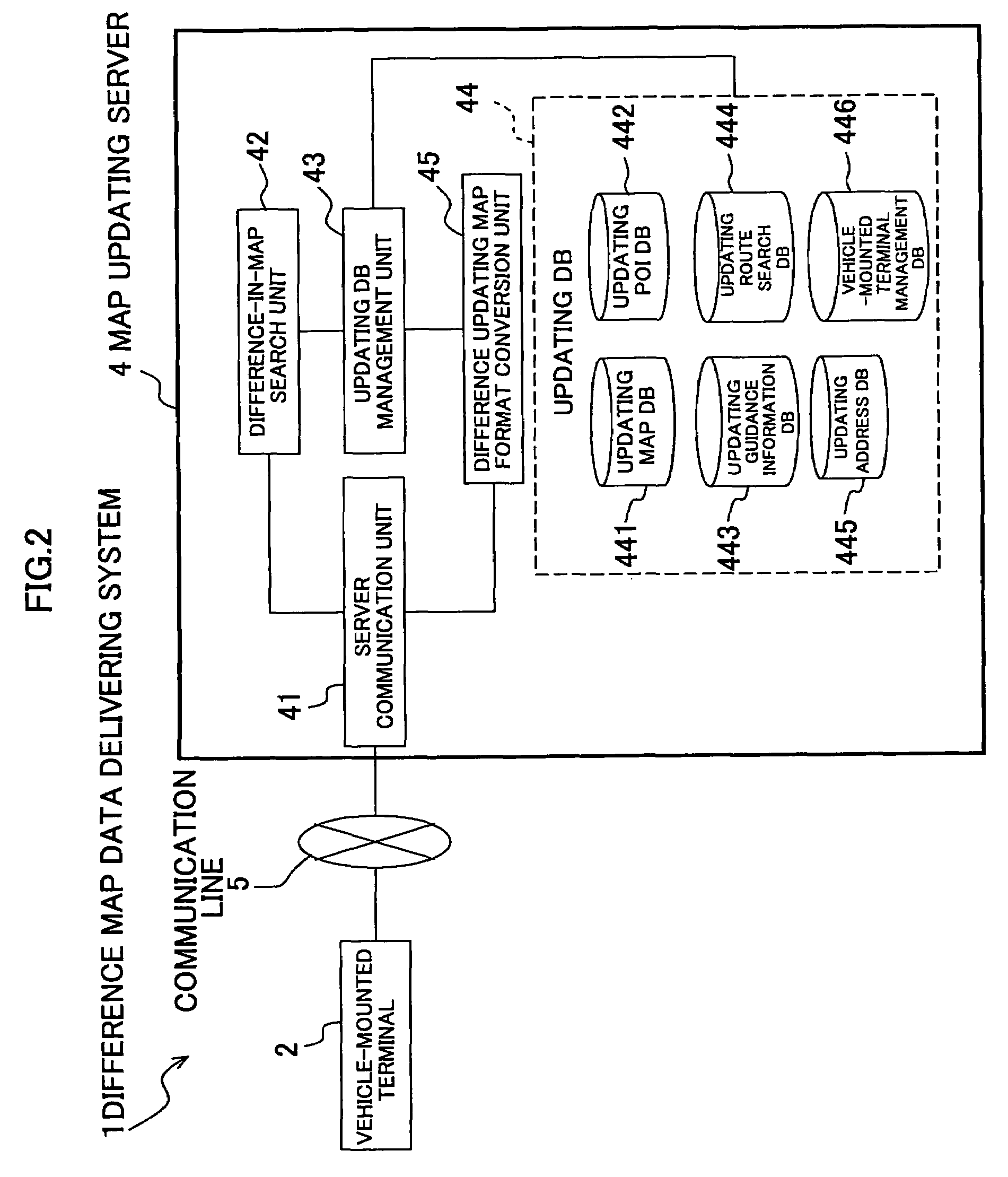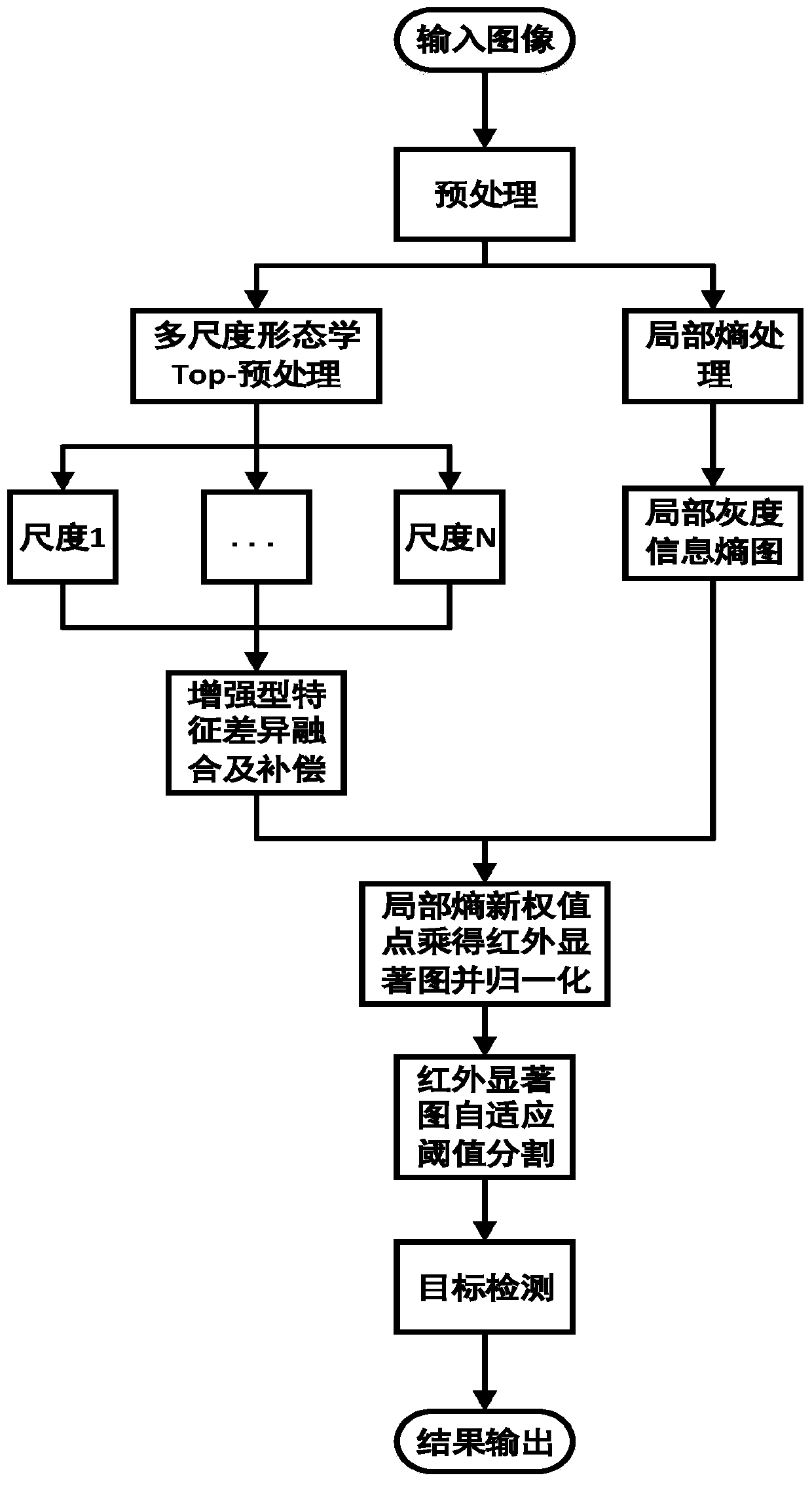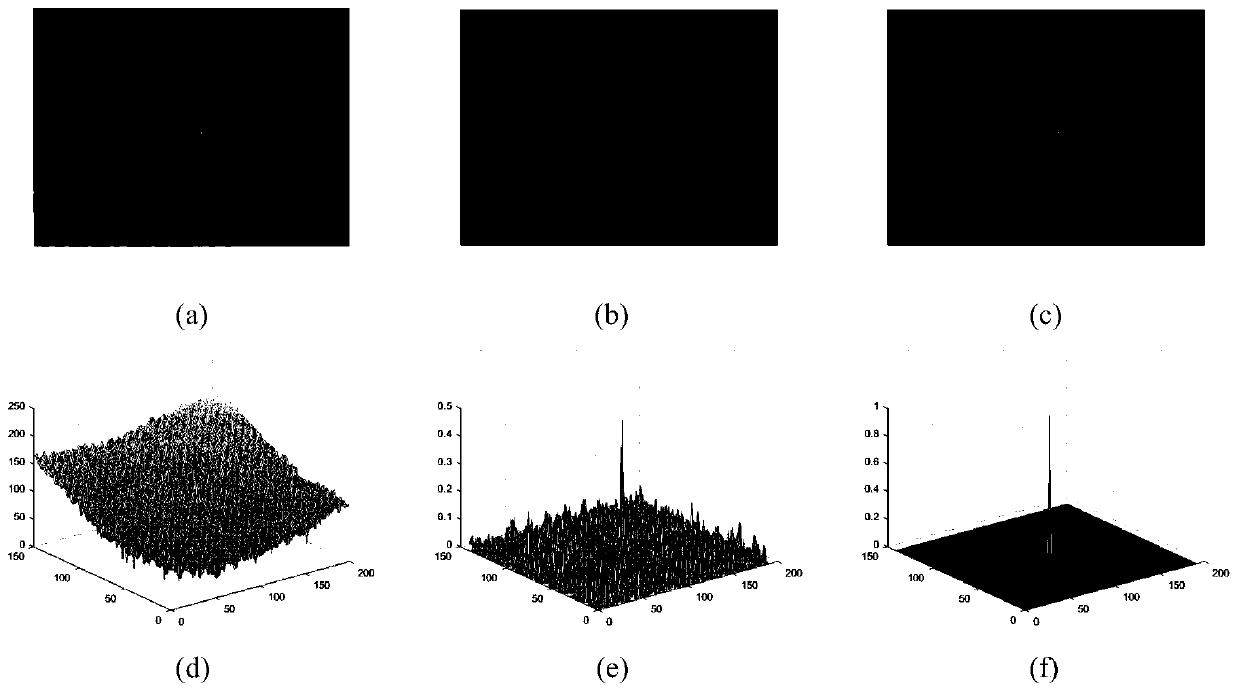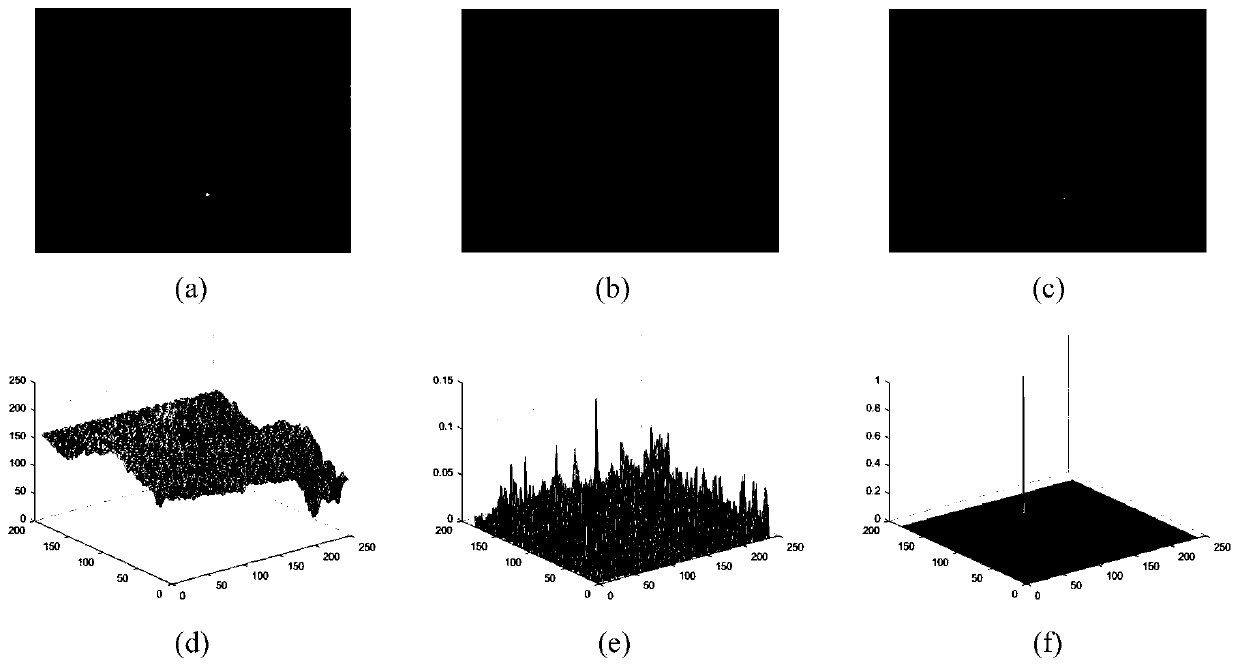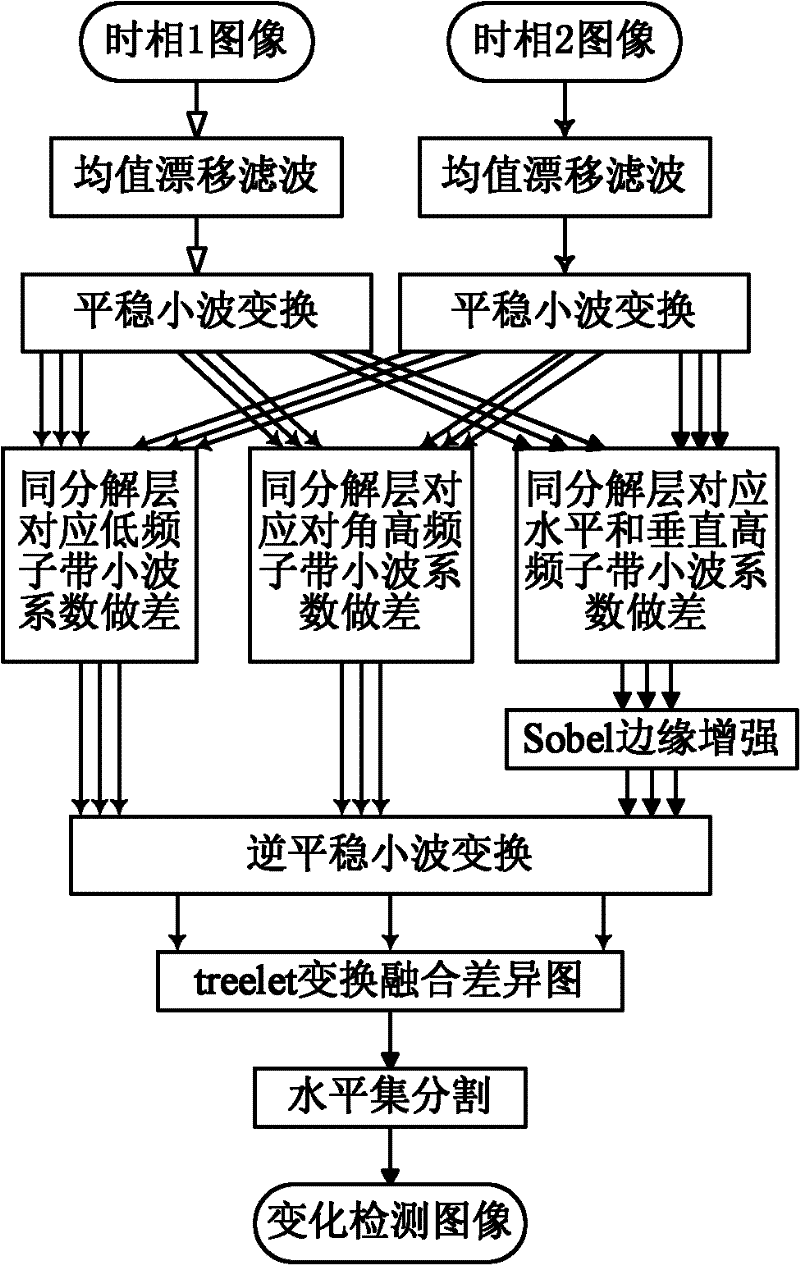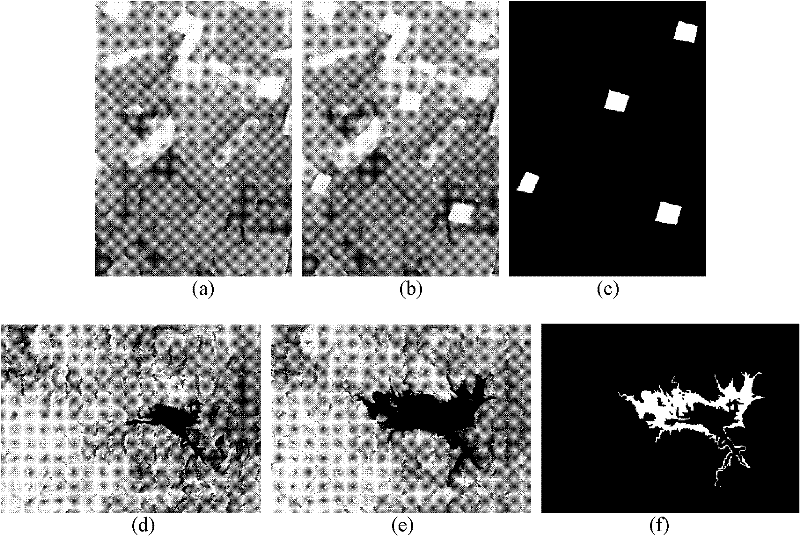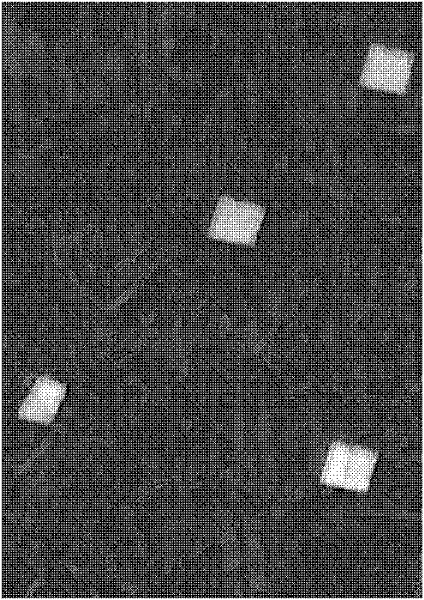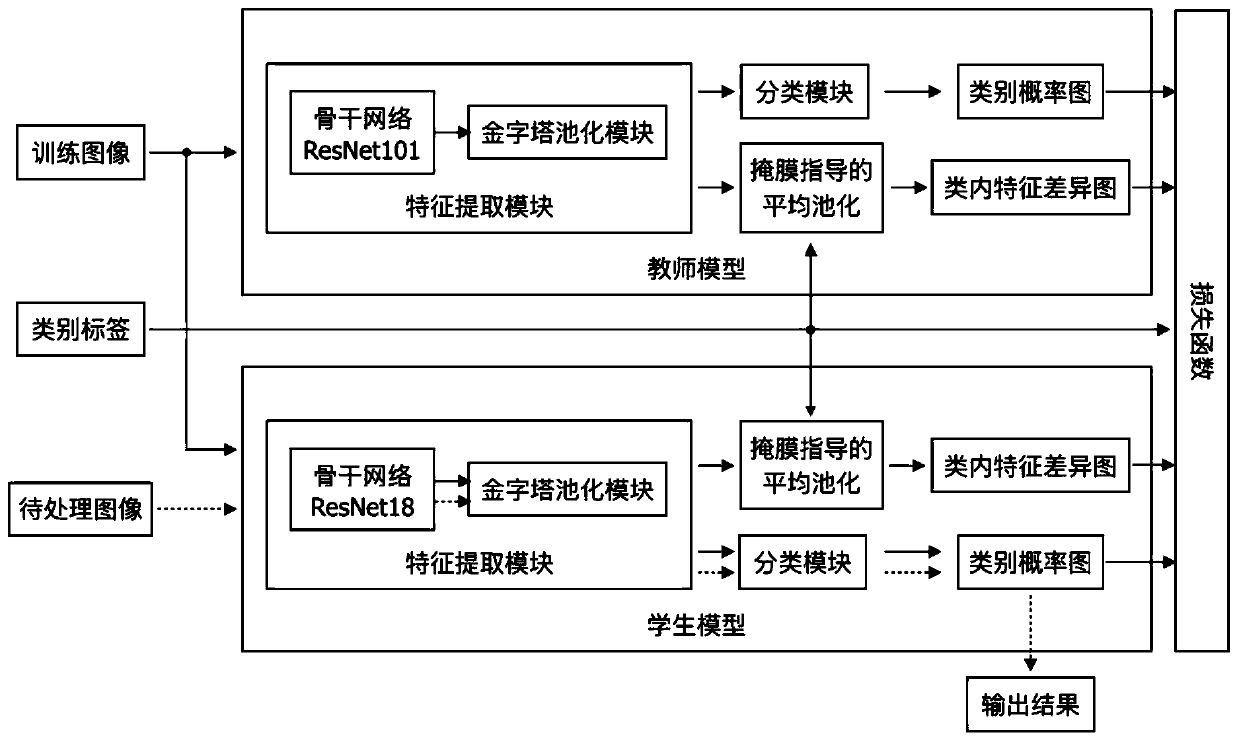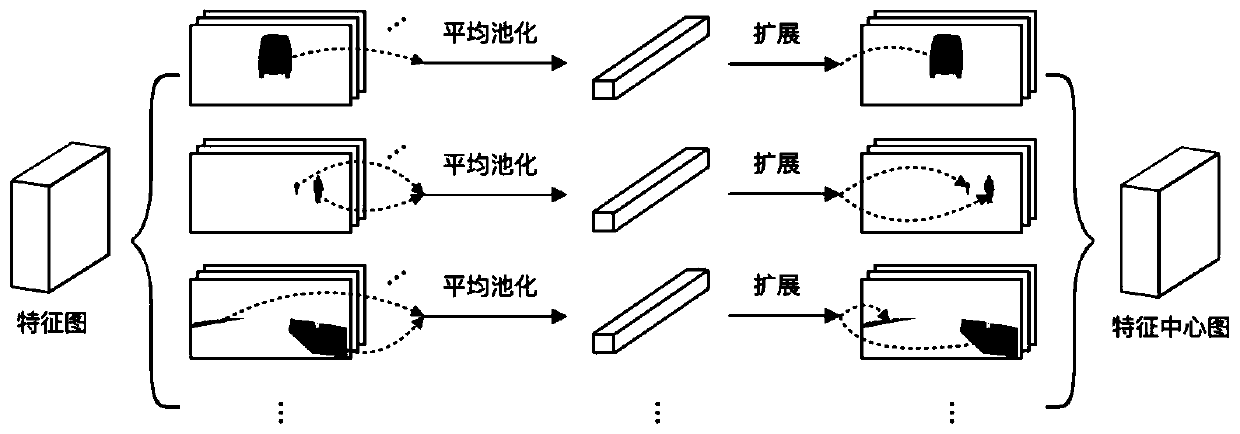Patents
Literature
210 results about "Difference-map algorithm" patented technology
Efficacy Topic
Property
Owner
Technical Advancement
Application Domain
Technology Topic
Technology Field Word
Patent Country/Region
Patent Type
Patent Status
Application Year
Inventor
The difference-map algorithm is a search algorithm for general constraint satisfaction problems. It is a meta-algorithm in the sense that it is built from more basic algorithms that perform projections onto constraint sets. From a mathematical perspective, the difference-map algorithm is a dynamical system based on a mapping of Euclidean space. Solutions are encoded as fixed points of the mapping.
Multiple camera control system
A multiple camera tracking system for interfacing with an application program running on a computer is provided. The tracking system includes two or more video cameras arranged to provide different viewpoints of a region of interest, and are operable to produce a series of video images. A processor is operable to receive the series of video images and detect objects appearing in the region of interest. The processor executes a process to generate a background data set from the video images, generate an image data set for each received video image, compare each image data set to the background data set to produce a difference map for each image data set, detect a relative position of an object of interest within each difference map, and produce an absolute position of the object of interest from the relative positions of the object of interest and map the absolute position to a position indicator associated with the application program.
Owner:QUALCOMM INC
Method for data reduction and calibration of an OCT-based blood glucose monitor
ActiveUS7822452B2Diagnostic signal processingSensorsDifference-map algorithmBlood Glucose Measurement
The present invention relates to a method for estimating blood glucose levels using a noninvasive optical coherence tomography- (OCT-) based blood glucose monitor. An algorithm correlates OCT-based estimated blood glucose data with actual blood glucose data determined by invasive methods. OCT-based data is fit to the obtained blood glucose measurements to achieve the best correlation. Once the algorithm has generated sets of estimated blood glucose levels, it may refine the number of sets by applying one or more mathematical filters. The OCT-based blood glucose monitor is calibrated using an Intensity Difference plot or the Pearson Product Moment Correlation method.
Owner:MASIMO CORP
SAR (synthetic aperture radar) image change detection method based on non-supervision depth nerve network
InactiveCN103810699ASimple and clear thinkingTo achieve the purpose of change detectionImage analysisBiological neural network modelsPattern recognitionNerve network
The invention provides an SAR (synthetic aperture radar) image change detection algorithm based on non-supervision depth network learning. The algorithm includes the steps: 101 starting an SAR image change detection method based on a non-supervision depth nerve network; 102 performing FCM (fuzzy c-mean) joint classification for two registered SAR images of different time phases in the same area to obtain rough change detection results; 103 selecting noiseless points with large possibility to serve as training samples of the depth network according to initial change detection results; 104 inputting sample points to be trained to the designed depth nerve network to be trained; 105 inputting two images to be detected to the trained depth nerve network to obtain a final change detection result map; 106 finishing the SAR image change detection method based on the non-supervision depth nerve network. Ohm= {ohm1 and ohm2}. Construction links of a difference map are avoided, sensitivity of noise is improved to a certain extent, and detection efficiency and detection accuracy are remarkably improved.
Owner:XIDIAN UNIV
Method for determining similarity of objects represented in images
ActiveUS9436895B1Improve performanceResistant to overfittingBiological modelsCharacter and pattern recognitionFeature vectorDifference-map algorithm
A method re-identifies objects in a pair of images by applying a convolutional neural network (CNN). Each layer in the network operates on an output of a previous layer. The layers include a first convolutional layer and a first max pooling layer to determine a feature map, a cross-input neighborhood differences layer to produce neighborhood difference maps, a patch summary layer to produce patch summary feature maps, a first fully connected layer to produce a feature vector representing higher order relationships in the patch summary feature maps, a second fully connected layer to produce two scores representing positive pair and negative pair classes, and a softmax layer to produce positive pair and negative pair probabilities. Then, the positive pair probability is output to signal whether the two images represent the same object or not.
Owner:MITSUBISHI ELECTRIC RES LAB INC
Method for data reduction and calibration of an OCT-based blood glucose monitor
ActiveUS20060264719A1Diagnostic signal processingSensorsDifference-map algorithmBlood Glucose Measurement
The present invention relates to a method for estimating blood glucose levels using a noninvasive optical coherence tomography- (OCT-) based blood glucose monitor. An algorithm correlates OCT-based estimated blood glucose data with actual blood glucose data determined by invasive methods. OCT-based data is fit to the obtained blood glucose measurements to achieve the best correlation. Once the algorithm has generated sets of estimated blood glucose levels, it may refine the number of sets by applying one or more mathematical filters. The OCT-based blood glucose monitor is calibrated using an Intensity Difference plot or the Pearson Product Moment Correlation method.
Owner:MASIMO CORP
Method for detecting changes of SAR images based on multi-scale product and principal component analysis
InactiveCN101634709AImprove applicabilitySuppress speckle noiseImage enhancementImage analysisApplicability domainPrincipal component analysis
The invention discloses a method for detecting changes of SAR (synthetic aperture radar) images on the basis of multi-scale product and principal component analysis ( PCA ), mainly solving the problems that the adaptability is poor, the application range is narrow and the change detection results are subject to image misregistration. The method comprises the following specific implementation procedures: firstly, conducting the logarithmic ratio operation on two inputted time phase SAR images to obtain a difference image; carrying out the wavelet transform on the difference image; carrying out the multi-scale product de-noising on the high-frequency information of each decomposition layer; then, combining the de-noised images of each layer and carrying out the PCA transform, wherein, a first PCA image is used as a new difference image; and finally classifying the new difference image by using the minimum error ratio threshold value of the generalized Gaussian model to obtain the final result image of changes. The experiment shows that the invention can enhance the change information, have strong antinoise performance and reduce the influence of image misregistration, thus having high applicability and can be applied to the disaster detection of SAR images.
Owner:XIDIAN UNIV
Architecture and Method for Remote Platform Control Management
InactiveUS20080278508A1Minimizes server downtimeImprove productivityCharacter and pattern recognitionCathode-ray tube indicatorsDifference-map algorithmVideo processing
An integrated circuit is a baseboard management controller that is a fully integrated system-on-a-chip microprocessor incorporating function blocks and interfaces that provide remote management solution. The integrated circuit uses a microprocessor, and a video compression accelerator in combination with a unified memory architecture to accelerate video processing, and a set of system and peripheral functions that are useful in a variety of remote management applications. The video compression accelerator generates hash map values for received image data, compares the hash map values to generate a difference map and encodes the image data corresponding to the difference map prior to the microprocessor sending the encoded video data to a client.
Owner:RARITAN AMERICA
Relative value summary perfusion map
Disclosed is a system and method for diagnosing a perfusion condition in the human brain. The process used includes measuring parameter values at a location of interest in one hemisphere and determining relative differences between those measured values against values measured at a substantially symmetrically opposite location in the other hemisphere. These relative differences are used to generate a composite output which is displayed using different colors. Each color is reflective of a different tissue state, e.g., ischemic core, penumbra, etc. If the substantially symmetrically opposite location is abnormal, and thus, is not a good reference, an alternative reference location which is not substantially symmetrically opposite the location of interest is chosen, and a relative difference map generated. Alternatively, an absolute value map can be generated.
Owner:BRUMMETT DAVID P
Methods and apparatus for stereoscopic video compression, encoding, transmission, decoding and/or decompression
ActiveUS8451320B1Improved compression and encodingGenerated, stored, transmitted and/or played back efficientlyDigital video signal modificationSteroscopic systemsStereoscopic videoComputer graphics (images)
Methods and apparatus for performing stereoscopic image encoding and decoding are described. Left and right eye images are generated. Image difference information is generated, e.g., a set of pixel values resulting from XORing the pixel values of the left and right eye images. One of the left and right eye images is compressed along with the difference map. The compressed image and compressed difference map is stored and / or transmitted. Stereoscopic images are generated by decompressing and using the received compressed image and compressed difference information. Prior to generation of the difference map the left and right eye images may be subject to a transposition operation to minimize the differences between the images and thus the size of the difference map. When transposition is applied, transposition information is stored and communicated in addition to the compressed image data so that the transposition can be reversed during the stereoscopic image generation process.
Owner:NEVERMIND CAPITAL LLC
Pattern inspection apparatus and pattern inspection method
ActiveUS20130044205A1Semiconductor/solid-state device testing/measurementSolid-state devicesDifference-map algorithmComputer science
A pattern inspection method according to one aspect of the present invention includes generating a first positional deviation amount map by using data acquired by a pre-scan, generating a second positional deviation amount map by using data acquired by a full scan, generating a first positional deviation difference map by calculating a difference between the first positional deviation amount map and the second positional deviation amount map, generating a third positional deviation amount map from the first positional deviation difference map and the second positional deviation amount map, and judging existence of a value exceeding an allowable value, in values defined by the third positional deviation amount map.
Owner:NUFLARE TECH INC
Object size measurement method based on depth image processing
InactiveCN109472822AFully automatedHigh speedImage enhancementImage analysisSize measurementImaging processing
The invention belongs to the field of object size measurement, in particular to an object size measurement method based on depth image processing, comprising the following steps: (1) collecting and determining a reference image, collecting a depth image of the object by using a depth camera, and calculating a gray difference value between the depth image and the reference image to obtain a difference value map; (2) constructing Otsu algorithm model, binarizing the difference map to obtain binary image; (3) using edge detection method to detect the edge of the binary image and determine the contour of the object; (4) calculating the smallest rectangle for determining the contour of the object; (5) the height of the object is obtained by using the minimum rectangle of the object contour andthe distance difference between the reference image and the camera; (6) The length and width of the object are calculated by using the principle of small hole imaging. The invention can realize the automation of the size measurement of the object, and effectively improves the speed and accuracy of the size measurement of the object.
Owner:SHANGHAI UNIV
Providing improved high resolution image
InactiveUS8179445B2High resolution imageHigh resolutionTelevision system detailsGeometric image transformationDifference-map algorithmImage resolution
A method for producing an improved high resolution image is disclosed including capturing low resolution images and a high resolution image; combining the low resolution images to provide an aggregate low resolution image; reducing the resolution of the high resolution image and then interpolated to produce a blurred high resolution image; calculating an image difference map using the aggregate high resolution image and blurred high resolution image; and using the image difference map along with the aggregate high resolution image and the high resolution image to produce an improved high resolution image.
Owner:MONUMENT PEAK VENTURES LLC
SAR (Synthetic Aperture Radar) image change detection method based on neighborhood similarity and mask enhancement
InactiveCN101923711ASuppress some speckle noiseReduce complexityImage enhancementImage analysisPattern recognitionSynthetic aperture radar
The invention discloses an SAR (Synthetic Aperture Radar) image change detection method based on neighborhood similarity and mask enhancement, relating to the field of remote sensing image processing. The method mainly solves the problem that a difference map construction of SAR image change detection is seriously influenced by SAR image speckle noise and comprises the following steps of: (1) geometrically correcting and registering two SAR images I1 and I2 in the same scene at different times; (2) constructing a difference image map DI of the images I1 and I2 by using a neighborhood similarity operator; (3) performing mask enhancement on the difference image map DI to obtain a new difference image map NDI; and (4) clustering the new difference image map NDI to obtain a change detection result map CDI by using a K mean value clustering method determined by an initial point. The method has the characteristics of high operation efficiency, low algorithm complexity, low time complexity and good experimental effect, and can be used for the change detection of two time-phase SAR images.
Owner:XIDIAN UNIV
SAR (Synthetic Aperture Radar) image change detection method based on neighborhood logarithm specific value and anisotropic diffusion
InactiveCN102096921AGood removal effectReduce the impact of noiseImage analysisRadio wave reradiation/reflectionTerrainSynthetic aperture radar
The invention discloses an SAR (Synthetic Aperture Radar) image change detection method based on a neighborhood logarithm specific value and anisotropic diffusion, relating to the field of remote sensing image processing and mainly solving the problem that a difference graph structure of SAR image change detection is seriously influenced by SAR image spot noises. The SAR image change detection method comprises the following steps: (1) structuring a difference striograph IL of two images I1 and I2 of different times and same terrain according to a neighborhood logarithm specific value method; (2) carrying out self-adaptation window anisotropic diffusion filtering processing on the difference striograph IL to obtain a final filtering result graph NI<t>[L] of the difference striograph; and (3) carrying out threshold segmentation on the final filtering result graph NI<t>[L] of the difference striograph by using an OSTU (Maximum Between-Class Variance) threshold algorithm to obtain a change detection result graph CNI<t>[L] for structuring the difference striograph by using the neighborhood logarithm specific value method. The histogram of the difference striograph can be compressed so as to effectively eliminate miscellaneous points in the change detection result graph; and the self-adaptation window anisotropic diffusion filtering has favorable edge retentiveness and cannot blurs the edges of the image, thus, an obtained change detection result graph is finer.
Owner:XIDIAN UNIV
Unmanned aerial vehicle image change detection method based on semantic segmentation and twin neural network
InactiveCN109934166AQuality improvementImprove robustnessCharacter and pattern recognitionNeural learning methodsPattern recognitionData set
The invention belongs to the technical field of multi-temporal unmanned aerial vehicle image change detection, and particularly relates to an unmanned aerial vehicle image change detection method based on semantic segmentation and a twin neural network. The method comprises the following steps: S1, expanding a data set and dividing the data set; S2, establishing a deep neural network model based on combination of a semantic segmentation framework DeeplabV3 and a twin network; S3, training a DeeplabV3-based twin neural network model by using the training data set; and S4, based on the test dataset and the trained model, verifying a training result. According to the method, the semantic segmentation thought is combined, the weight sharing characteristic of the twinning network is utilized,features with realistic meanings are extracted, the semantic relation between pixels and the multi-scale problem of a change area are considered, the problems of noise sensitivity, low change detection precision and the like are solved, and the quality and robustness of a difference graph are improved.
Owner:SUN YAT SEN UNIV
Capacity expansion control method for storage system
InactiveUS20090094427A1Shorten the time periodIncrease capacityMemory loss protectionError detection/correctionDifference-map algorithmOperating system
The invention provides capacity expansion control method for a storage system capable of expanding capacities of source and target logical volumes paired with each other and difference maps thereof while maintaining the pair relation between the source and target logical volumes and the difference map information thereof, and a storage system having such a capacity expansion control method.
Owner:NEC CORP
Method and System for Decoding Graph-Based Codes Using Message-Passing with Difference-Map Dynamics
InactiveUS20110041029A1Increase heightImprove errorDigital data processing detailsCode conversionDifference-map algorithmTheoretical computer science
A code to be decoded by message-passing is represented by a factor graph. The factor graph includes variable nodes indexed by i and constraint nodes indexed by a connected by edges for transferring messages mi→a outgoing from the variable nodes to the constraint nodes and messages ma→i incoming from the constraint nodes to the variable nodes. The messages mi→a are initialized based on beliefs bi of a received codeword. The messages ma→i are generated by overshooting the messages mi→a at the constraint nodes. The beliefs bi are updated at the variable nodes using the messages ma→i. The codeword is outputted if found, otherwise, the messages mi→a are updated using a correction for the overshooting.
Owner:MITSUBISHI ELECTRIC RES LAB INC
Method for detecting SAR image changes of cluster-based higher order cumulant cross entropy
ActiveCN101738607AEasy to detectImprove detection accuracyImage analysisRadio wave reradiation/reflectionModel methodDifference-map algorithm
The invention discloses a method for detecting SAR image changes of cluster-based higher order cumulant cross entropy, which mainly overcomes the defect that in the existing model method detection, the detection result is inaccurate under the condition with a small variation range. The method comprises the following implementation processes: (1) extracting pixel points of a window by using a K mean clustering method; (2) eliminating redundant pixel points by using Euclidean distance; (3) using the extracted pixel points of the window as samples to perform higher order cumulant-based cross entropy algorithm computation to obtain a change difference image; (4) processing the difference image by a maximum inter-class variance threshold method to obtain a binary image; and (5) considering a neighborhood relation to the binary image to perform neighborhood-based de-noising operation so as to obtain a final change detection result. The method has the advantage of detecting small target changes, and can be used for detecting objects of multi-date SAR image changes.
Owner:XIDIAN UNIV
Use of map data difference tiles to iteratively provide map data to a client device
To provide map data for rendering map images corresponding to a selected geographic region at a client device, a map server generates a set of base map tiles having vector descriptors, each of which indicates a geometry of a respective map element, in accordance with a non-raster format for rendering a first map image. The map server, at some point, provides the base map tiles to the client device. Upon receiving an indication that a specific map image for the selected geographic region is to be rendered at the client device, the map server further generates a set of difference map tiles that indicate changes to be made to the set of base map tiles and sends the difference map tiles to the client device for use, along with the set of base map tiles, in rendering the requested specific map image.
Owner:GOOGLE LLC
Optical remote sensing image change detection based on image fusion
The invention discloses an optical remote sensing image change detection method based on image fusion, and mainly solves the problem of low detection result precision of the existing change detection technology. The optical remote sensing image change detection method comprises the following steps: respectively constructing a difference method difference graph and a ratio method difference graph after two optical remote sensing images which are acquired in the same region at different time points are preprocessed; respectively performing N-layer wavelet decomposition on the two difference graphs to acquire wavelet coefficients of a high-frequency band and a low-frequency band of each decomposition layer; performing fusion processing on the wavelet coefficients of the high-frequency band and the low-frequency band by using different fusion operators to obtain fusion wavelet coefficients of the high-frequency band and the low-frequency band; performing inverse transformation on the fusion wavelet coefficients of the high-frequency band and the low-frequency band to obtain a fused difference graph; and partitioning the fused difference graph by using a blurring partial C-mean-value clustering method to obtain a change detection result. According to the invention, the difference graph performance of the optical remote sensing image is improved, so that the precision of the detection result is improved; and the method can be used for natural disaster evaluation and environment detection.
Owner:XIDIAN UNIV
Pattern inspection apparatus and method
Owner:DAINIPPON SCREEN MTG CO LTD
SAR (Synthetic Aperture Radar) image change detection method based on adaptive weight and high frequency threshold
ActiveCN106296655AQuality improvementSolve the accuracy problemImage enhancementImage analysisPattern recognitionSynthetic aperture radar
The invention discloses an SAR (Synthetic Aperture Radar) image change detection method based on an adaptive weight and a high frequency threshold, which mainly solves problems that the detection effect is not ideal in the prior art and that a single-type difference chart is low in detection accuracy. The SAR image change detection method comprises the implementation steps of 1, reading in two SAR image I1, I2 which are acquired from the same area at different moments; 2, respectively calculating a mean ratio difference image Dm and a neighborhood log ratio difference image Dl of corresponding pixels of the image I1 and the image I2; 3, carrying out wavelet fusion on the mean ratio difference images Dm and the neighborhood log ratio difference images Dl to acquire fused difference images Xd; and 4, clustering the fused difference images Xd into two different categories so as to acquire a change detection result. The SAR image change detection method is simple to operate, good in noise resistance and high in detection accuracy, can acquire good effects for different types of SAR images, and can be applied to environment monitoring, marine observation, disaster evaluation, resource exploration, urban planning and geographical mapping.
Owner:XIDIAN UNIV
Efficient composition and rendering of graphical elements
ActiveCN105393282AInstruments for road network navigationDrawing from basic elementsGraphicsGeographic regions
To provide map data for rendering map images corresponding to a selected geographic region at a client device, a map server generates a set of base map tiles having vector descriptors, each of which indicates a geometry of a respective map element, in accordance with a non-raster format for rendering a first map image. The map server, at some point, provides the base map tiles to the client device. Upon receiving an indication that a specific map image for the selected geographic region is to be rendered at the client device, the map server further generates a set of difference map tiles that indicate changes to be made to the set of base map tiles and sends the difference map tiles to the client device for use, along with the set of base map tiles, in rendering the requested specific map image. The client device renders the new map view defined by the difference map tiles without needing to again pre-process all of the features or elements defined in the base map tiles, which makes the rendering of the new map view defined by the difference map tiles faster and more efficient in terms of processing power requirements.
Owner:GOOGLE LLC
Deep learning-based method for identifying newly added building in remote sensing image
ActiveCN108681692AAdded building recognition with high accuracyImprove applicabilityCharacter and pattern recognitionNeural architecturesLearning basedDifference-map algorithm
The invention discloses a deep learning-based method for identifying a newly added building in a remote sensing image. The method includes the following steps that: sample images including remote sensing images of two time periods and newly added building background images are obtained; the sample images having original size are cut, so that small-sized images can be obtained; data enhancement processing is performed on all the small-sized images; centralization and global comparison normalization are performed on the enhanced small-sized remote sensing images of the two time periods, and theprocessed images are subtracted from one another, so that remote sensing difference images can be obtained; the remote sensing difference images and the small-sized newly added building background images are inputted into two modified deep neural networks so as to perform network parameter training on the deep neural networks; and a remote sensing image to be tested is inputted into the two deep neural networks which are obtained by means of training, model fusion is performed at the softmax output layers of the networks, and modification processing is performed on an outputted preliminary result, and a final newly added building identification image can be obtained. The method of the invention has the advantages of high accuracy of identifying the newly added building in the remote sensing image and wide application range.
Owner:SOUTH CHINA UNIV OF TECH
SAR image change detection method based on pyramid pooling twin network
ActiveCN110533631AReduce usageOvercome the problem that change detection results are affected by the difference mapImage enhancementImage analysisTest sampleDifference-map algorithm
The invention provides an SAR (Synthetic Aperture Radar) image change detection method based on a pyramid pooling twinning network, which mainly solves the problem of inaccurate result caused by the fact that the change detection precision depends on a difference graph in the traditional method. The method comprises the following steps: 1) generating a training sample, a test sample and a sample label; 2) constructing a deep pyramid pooling twin network; 3) constructing a classification network; 4) training the deep pyramid pooling twin network and the classification network by using the training samples and the sample labels to obtain a trained model. According to the method, the use of a difference graph can be avoided, the influence of the difference graph on the change detection resultis effectively solved, the accuracy of change detection is improved, and the method can be used for environmental detection and disaster detection.
Owner:XIDIAN UNIV
SAR image change detection system and method based on sparse auto-encoder and convolution neural network
InactiveCN107239795AImprove accuracyHigh-precision detectionImage enhancementImage analysisImaging processingDifference-map algorithm
The invention proposes a SAR image change detection system and a method based on a sparse auto-encoder and a convolution neural network, which belong to the field of SAR image processing. The method comprises: extracting characteristics from difference graphs through the sparse auto-encoder (SAE) and then using the FCM clustering to perform difference graph clustering according to the image characteristics to obtain an initial classification result; in combination with the difference graphs and the initial classification result, training the convolution neural network; and through the well-trained CNN, fine-tuning the initial classification result to obtain a final classification result graph. This method makes full use of the characteristics information and the neighborhood information of image pixels to further improve the accuracy of the change detection results. The simulation result shows that compared with the traditional algorithms such as KI and FCM, the SAR image change detection method based on the sparse auto-encoder and the convolution neural network obviously has a marked increase in detection efficiency and the Kappa coefficient as well.
Owner:XIDIAN UNIV
Method of delivering difference map data
ActiveUS7428460B2Low costShorten the timeInstruments for road network navigationRoad vehicles traffic controlDifference-map algorithmDisplay device
The present invention provides, in a car navigation system, a unit of notifying a user of the update contents of map data prior to the downloading of the map data. A vehicle-mounted terminal sets a difference update area in accordance with a selection made by a user and sends a difference update request to a map updating server. If an update mode in this case is “update after outline display”, the vehicle-mounted terminal downloads an outline update map from the map updating server. The outline update map is displayed on a display unit of a display. Here, when a download start button displayed on the display unit is depressed, the vehicle-mounted terminal downloads a detailed update map from the map updating server. The detailed update map is then displayed on the display unit of the display. Furthermore, an updating process is performed on the map data stored in a terminal DB.
Owner:HITACHI LTD
A weighted local entropy infrared small target detection method based on multi-scale morphological fusion
ActiveCN109816641AValid reservationImage analysisCharacter and pattern recognitionPattern recognitionSaliency map
The invention provides a weighted local entropy infrared small target detection method based on multi-scale morphological image fusion, and the method comprises the steps: firstly, converting an infrared image into a gray domain, and carrying out the processing; secondly, performing multi-scale morphology Top-Hat image segmentation processing on the infrared image; solving image difference on thebasis of adjacent scale Top-Hat and obtaining minimum difference graph is obtained, and then comparing the minimum difference graph with a minimum mean value image of the image subjected to Hat transformation to obtain an image subjected to background suppression; then, obtaining a local entropy information graph by calculating the local entropy of the initial image; then, carrying out dot multiplication on the image subjected to background suppression and the local entropy information graph, and carrying out normalization to obtain a saliency map of the infrared small target; and finally, filtering and binarizing the infrared small target saliency map by using a threshold segmentation technology to obtain a processed image, the region with the binarized value of 1 being the infrared smalltarget. The method is suitable for the field of infrared small target detection, can effectively improve the accuracy of infrared small target detection, and effectively reduces the false alarm rate.
Owner:西安雷擎电子科技有限公司
Method for carrying out change detection on remote sensing images based on treelet fusion and level set segmentation
InactiveCN102254323AReduce the impactHigh precisionImage enhancementImage analysisLand resourcesDecomposition
The invention discloses a method for carrying out change detection on remote sensing images based on treelet fusion and level set segmentation, and mainly solves the problem that much pseudo-change information exists in the existing change detection methods. The method is implemented through the following steps: inputting two time-phase remote sensing images, then respectively carrying out mean shift filtering on each image so as to obtain two time-phase filtered images; respectively carrying out two-dimensional stationary wavelet decomposition on the two time-phase filtered images three times under different level numbers; carrying out subtraction on wavelet coefficient matrixes of corresponding directional son-bands of the filtered images with the same decomposition level number; carrying out enhancement and two-dimensional wavelet inverse transformation reconstruction on wavelet coefficient difference matrixes in horizontal and vertical directions by using a sobel operator; and fusing the reconstruction images with different decomposition level numbers so as to obtain a final difference map by using a treelet algorithm, then carrying out level set segmentation on the differencemap so as to obtain a change detection result. By using the method disclosed by the invention, the accuracy of the change detection result can be improved effectively, and the edge feature of a change area can be maintained better, therefore, the method can be applied to the fields of natural disaster analysis, land resource monitoring, and the like.
Owner:XIDIAN UNIV
Knowledge distillation method based on semantic segmentation intra-class feature difference
ActiveCN111062951AHigh speedGuaranteed speedImage enhancementImage analysisPattern recognitionDifference-map algorithm
The invention discloses a knowledge distillation method based on semantic segmentation intra-class feature difference, and aims to migrate dark knowledge learned by a complex model (teacher model) toa simplified model (student model), thereby maintaining the speed of a semantic segmentation model while improving the accuracy of the semantic segmentation model. The method includes: firstly, obtaining convolution features through a teacher model and a student model respectively; then, obtaining a feature map of each category center through average pooling operation guided by a mask, and calculating feature similarity between each pixel point and the corresponding category center to obtain an intra-category feature difference map; and finally, aligning the intra-class feature difference graph of the student model with the teacher model so as to achieve the purpose of improving the accuracy of the student model. Compared with the prior art, the distillation method provided by the invention is novel in thought, the obtained semantic segmentation model achieves a good effect in the aspects of accuracy and speed, and meanwhile, the method can be conveniently combined with other related technologies and has a very high practical application value.
Owner:HUAZHONG UNIV OF SCI & TECH
Features
- R&D
- Intellectual Property
- Life Sciences
- Materials
- Tech Scout
Why Patsnap Eureka
- Unparalleled Data Quality
- Higher Quality Content
- 60% Fewer Hallucinations
Social media
Patsnap Eureka Blog
Learn More Browse by: Latest US Patents, China's latest patents, Technical Efficacy Thesaurus, Application Domain, Technology Topic, Popular Technical Reports.
© 2025 PatSnap. All rights reserved.Legal|Privacy policy|Modern Slavery Act Transparency Statement|Sitemap|About US| Contact US: help@patsnap.com
